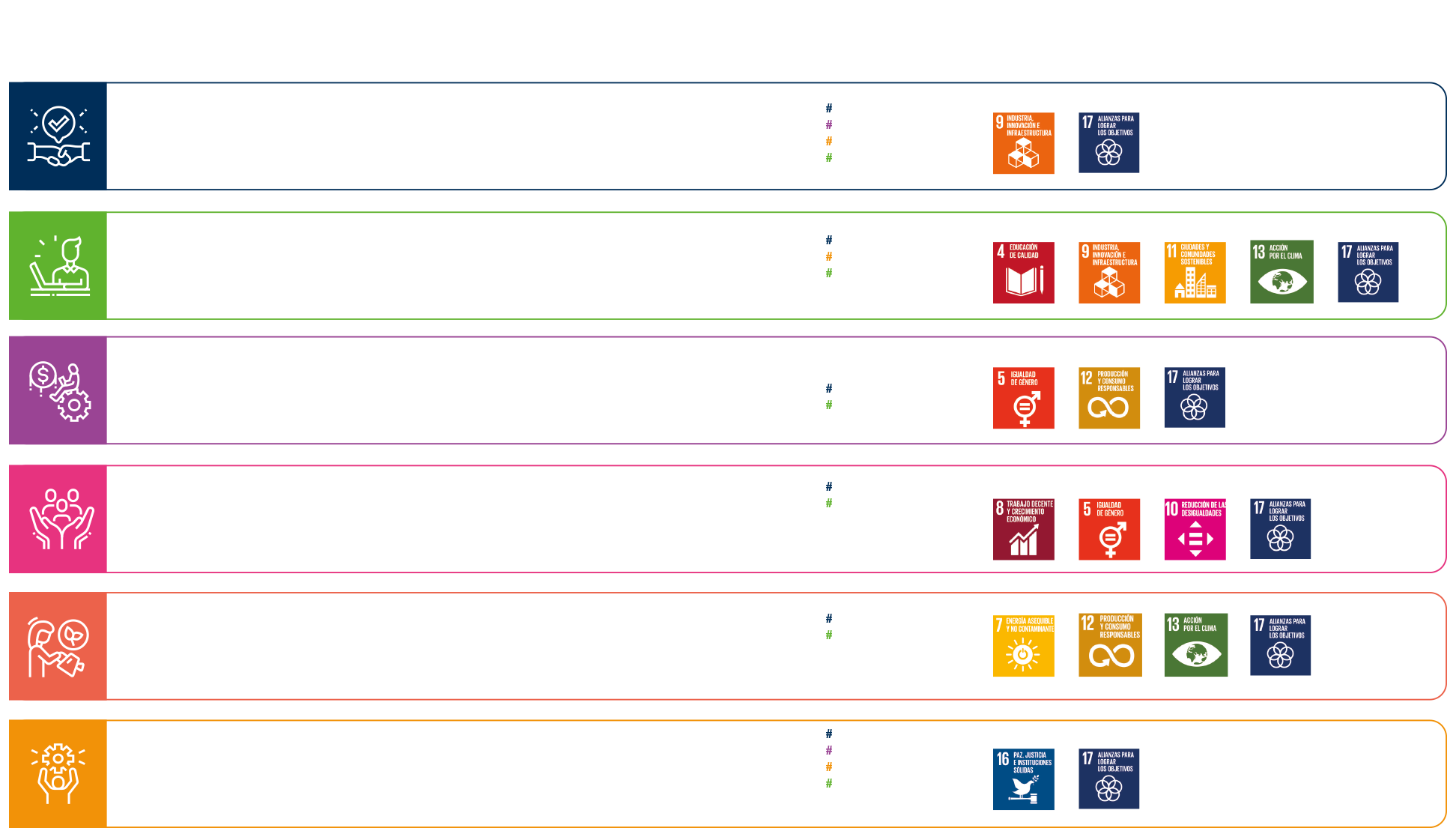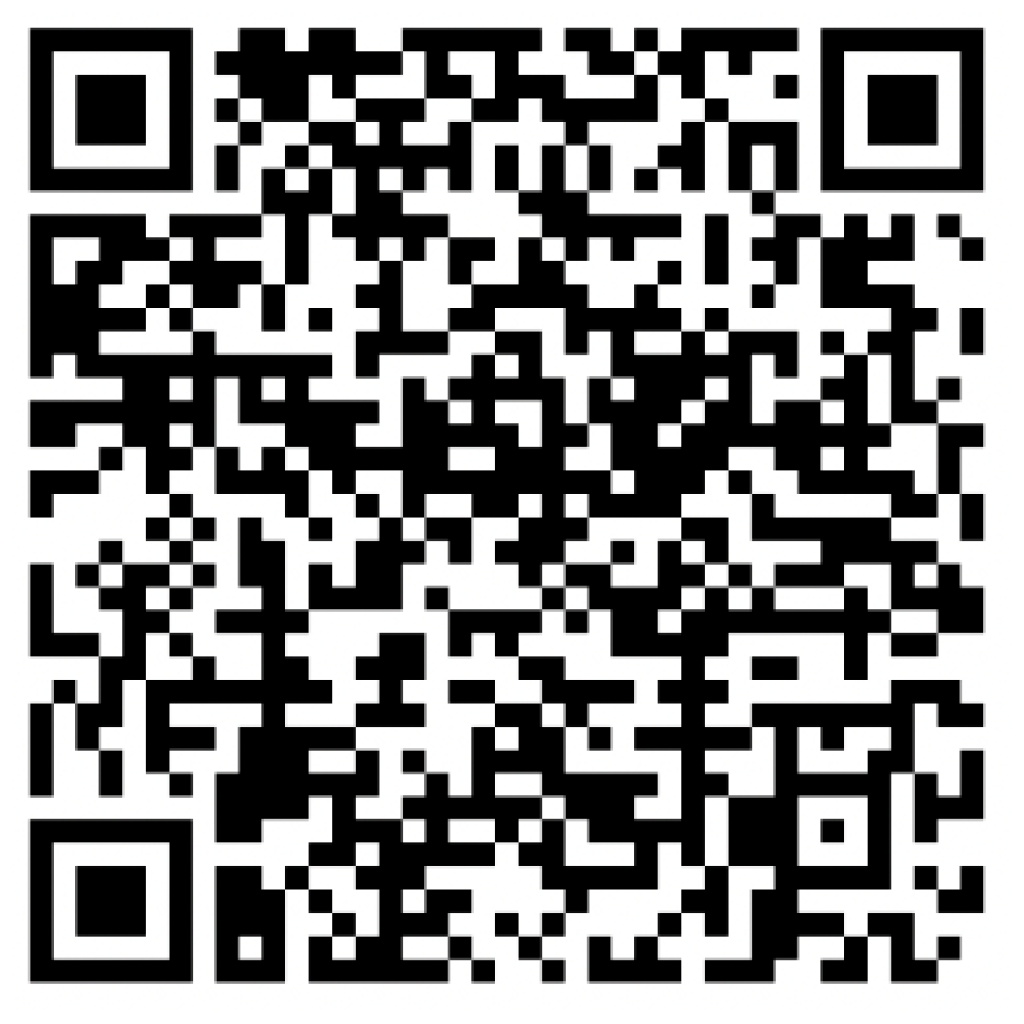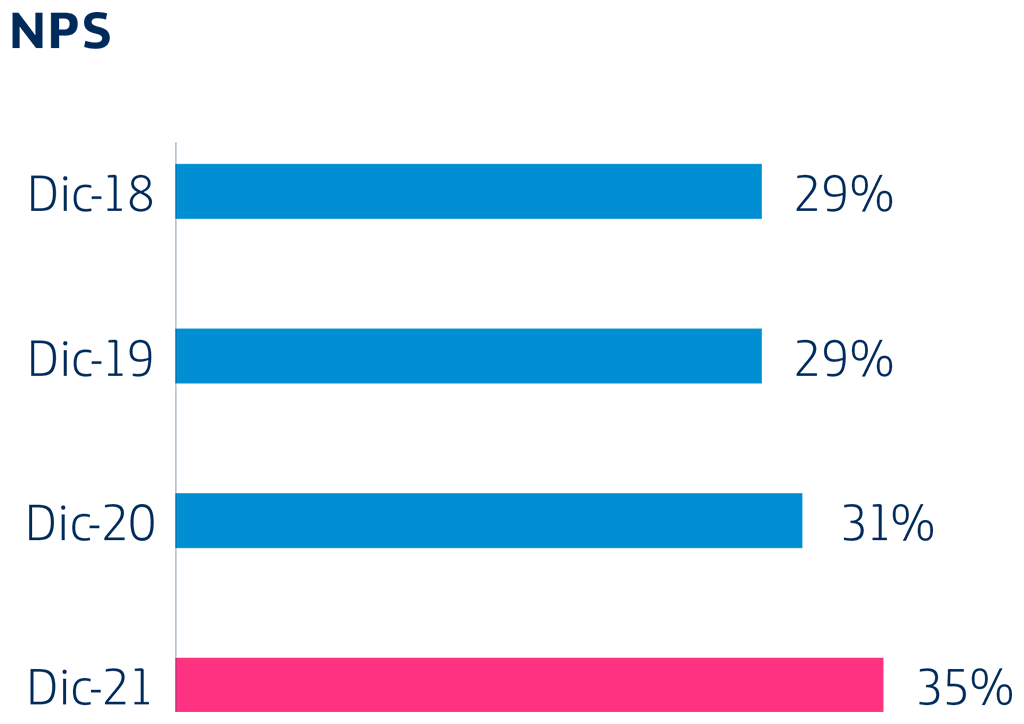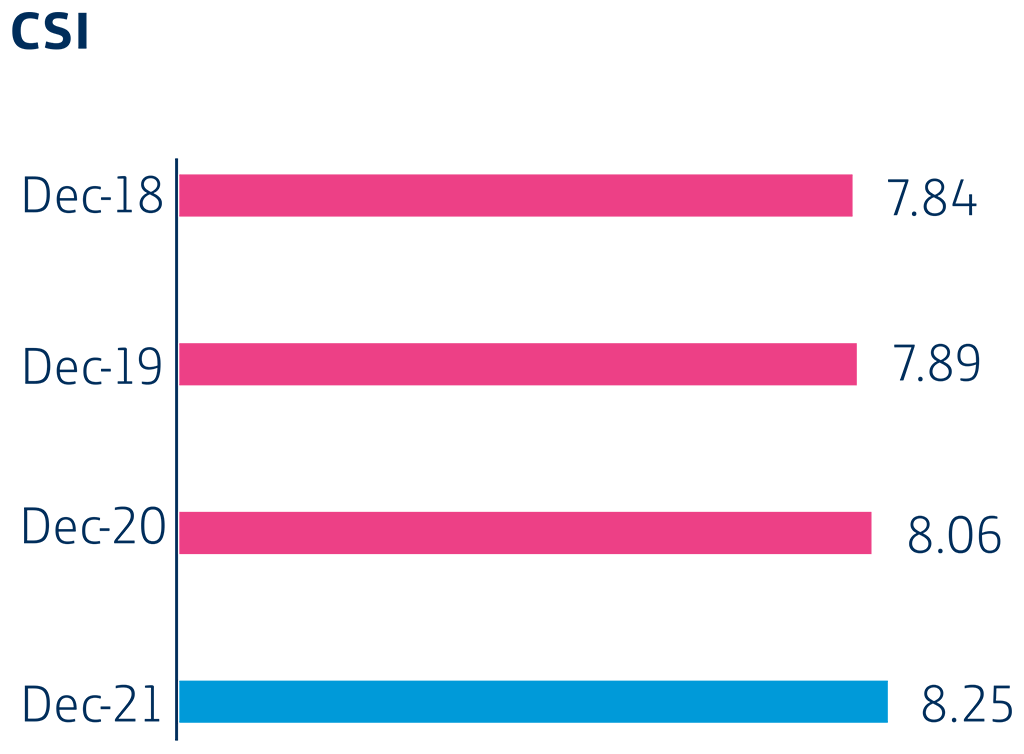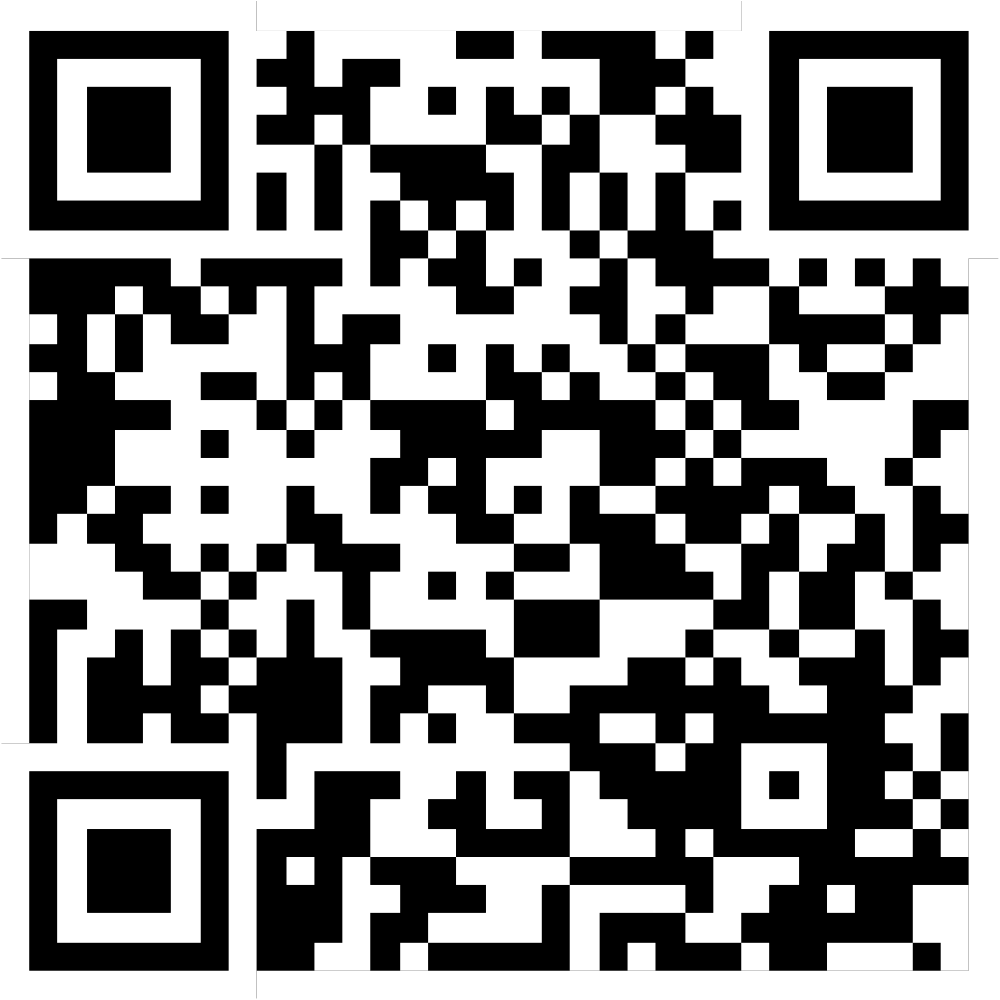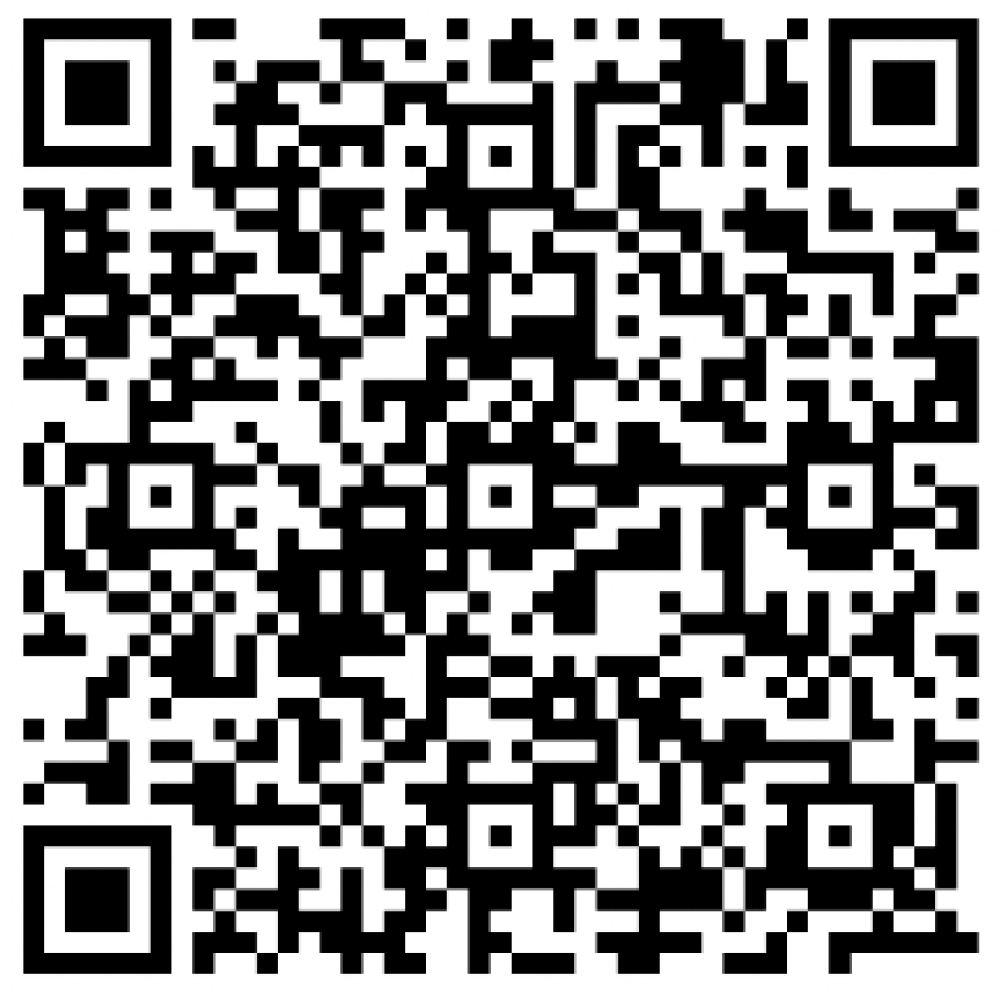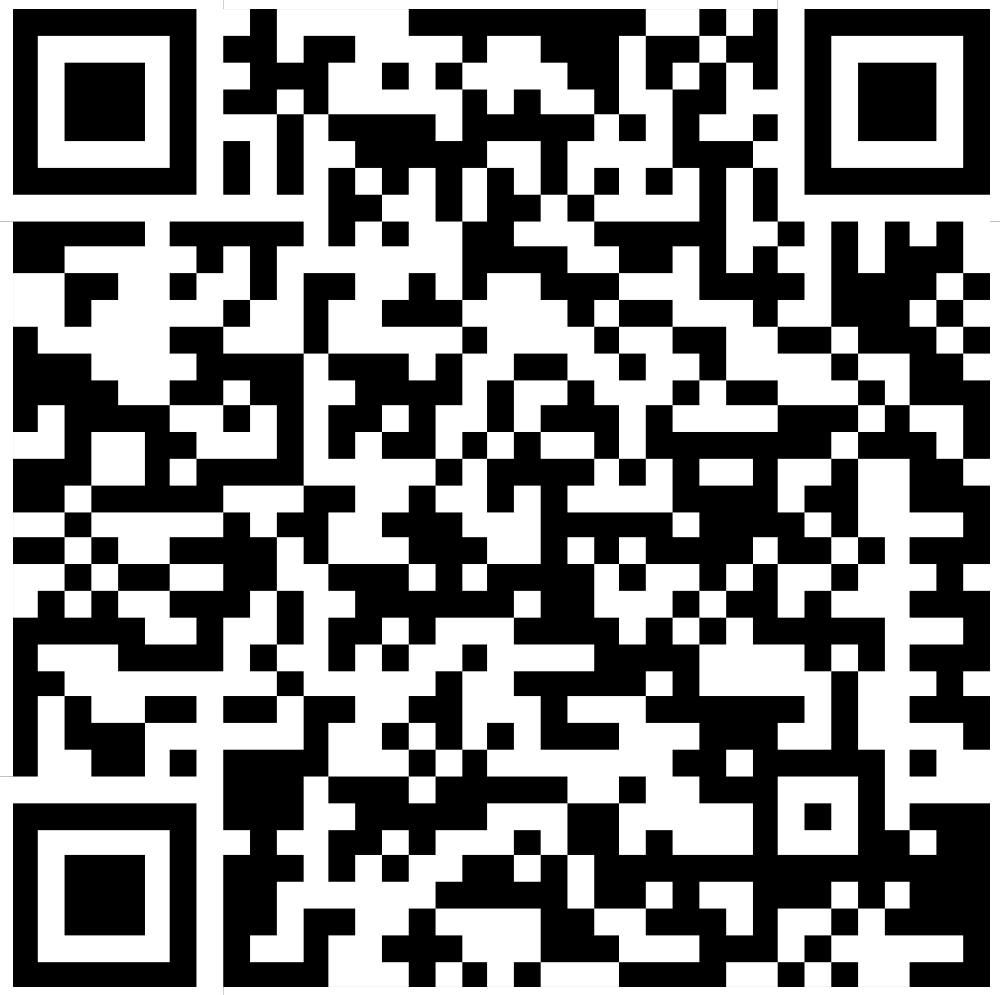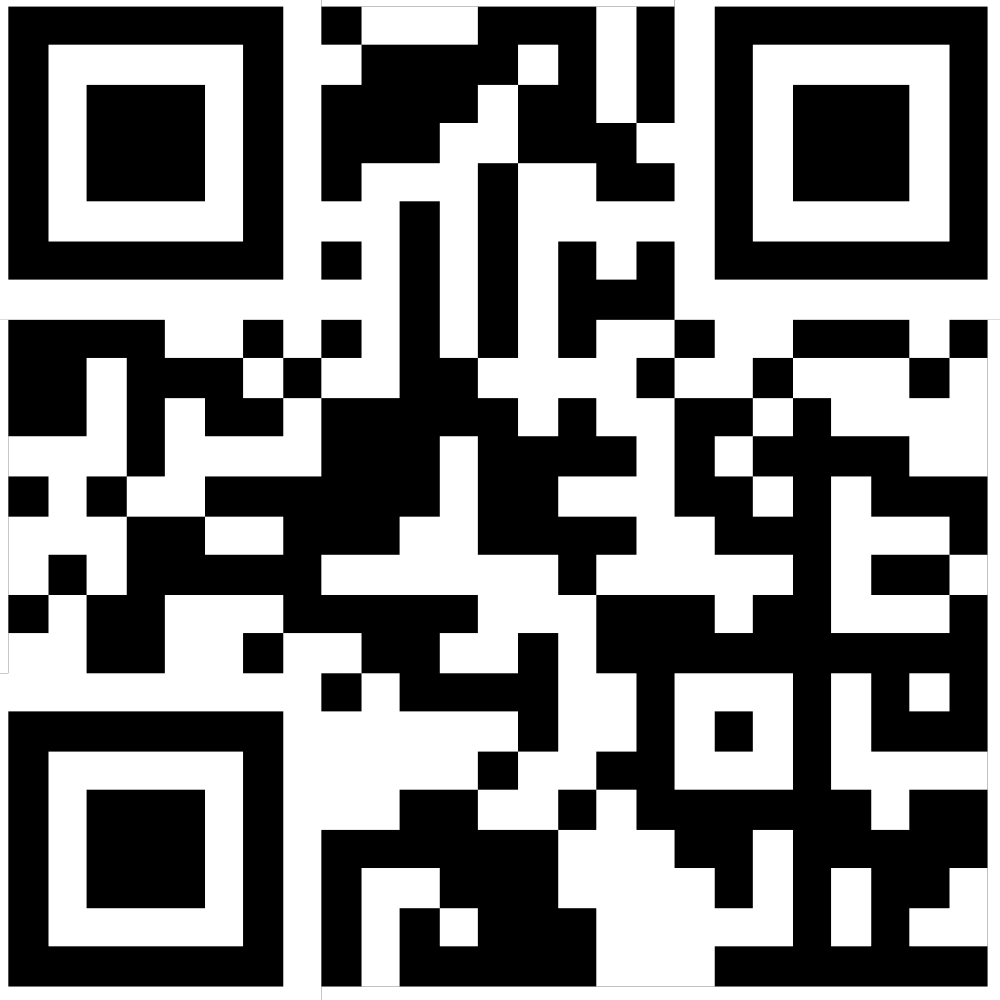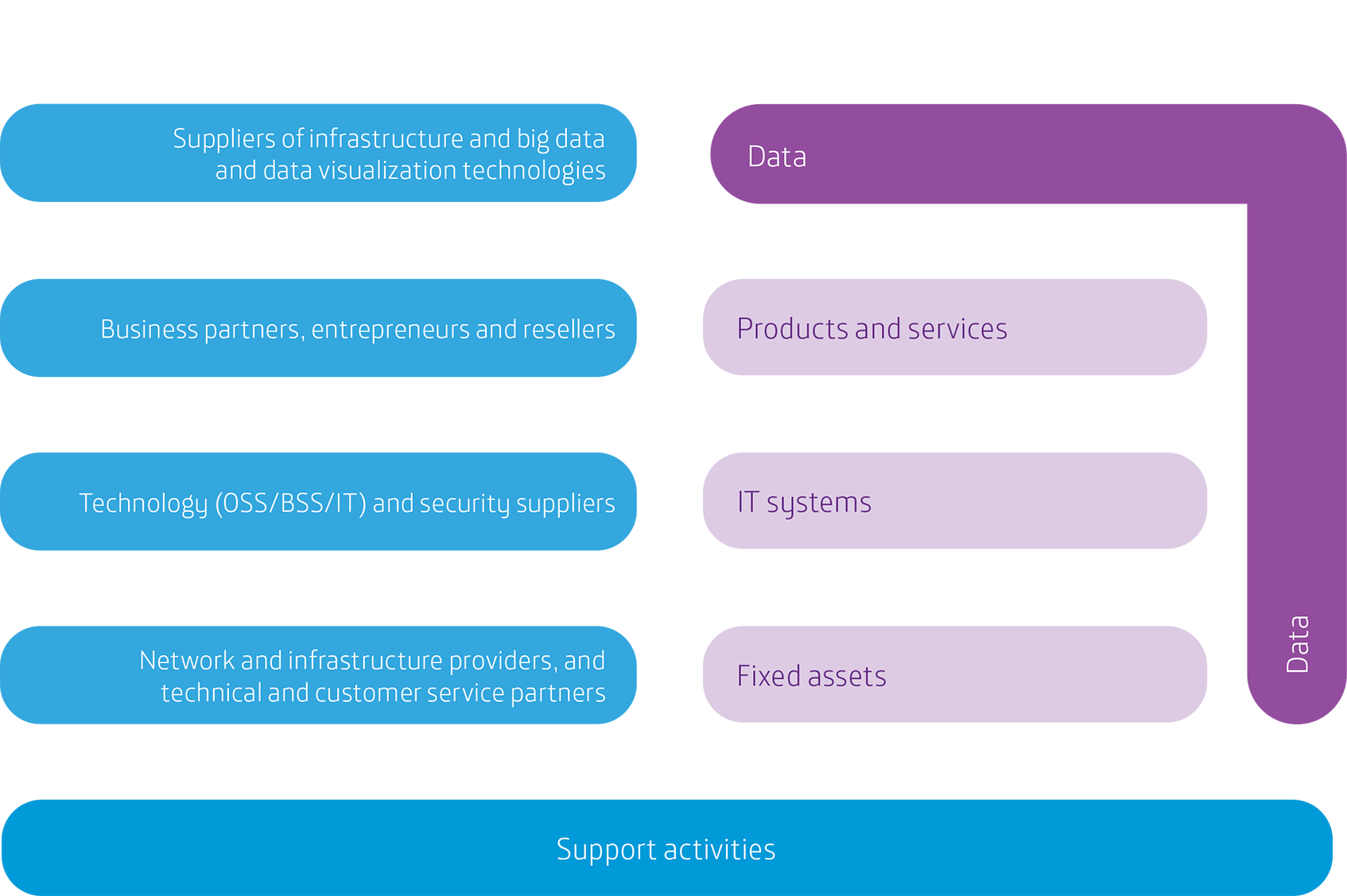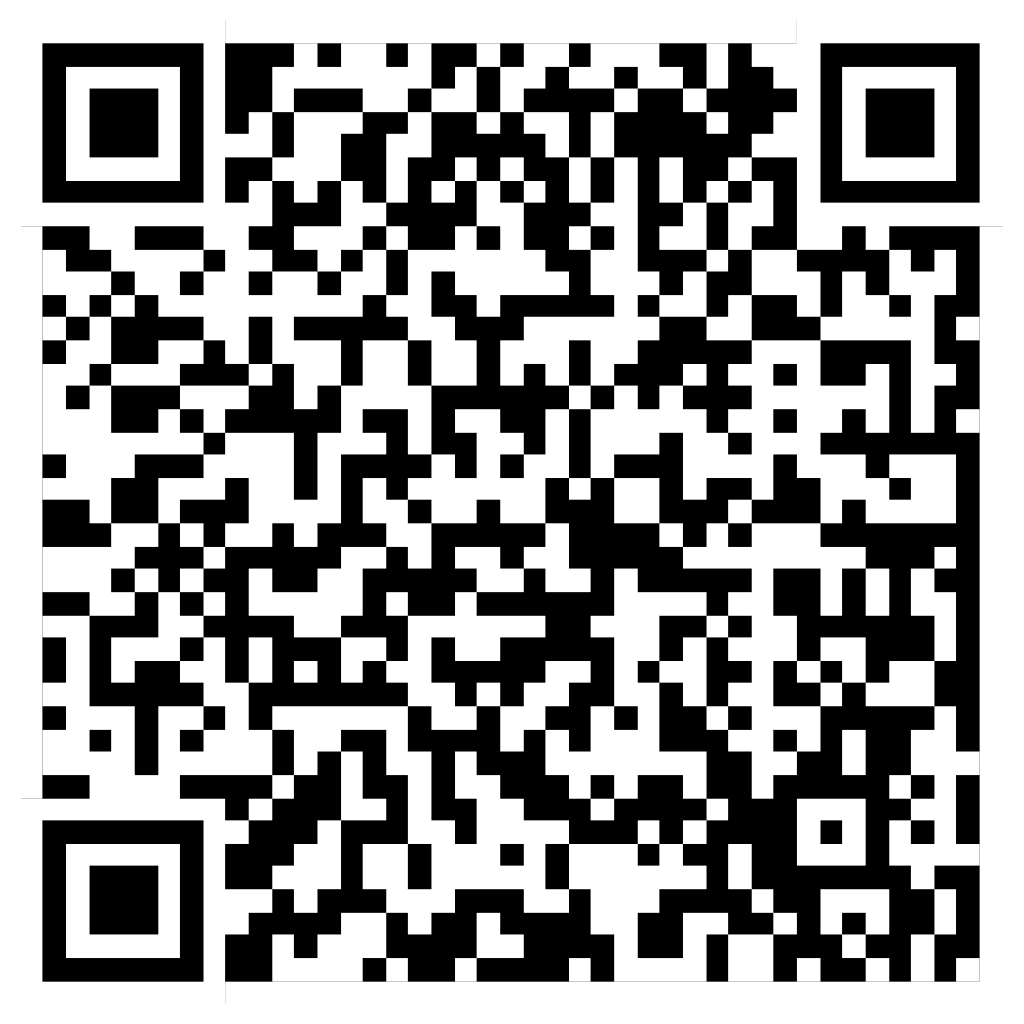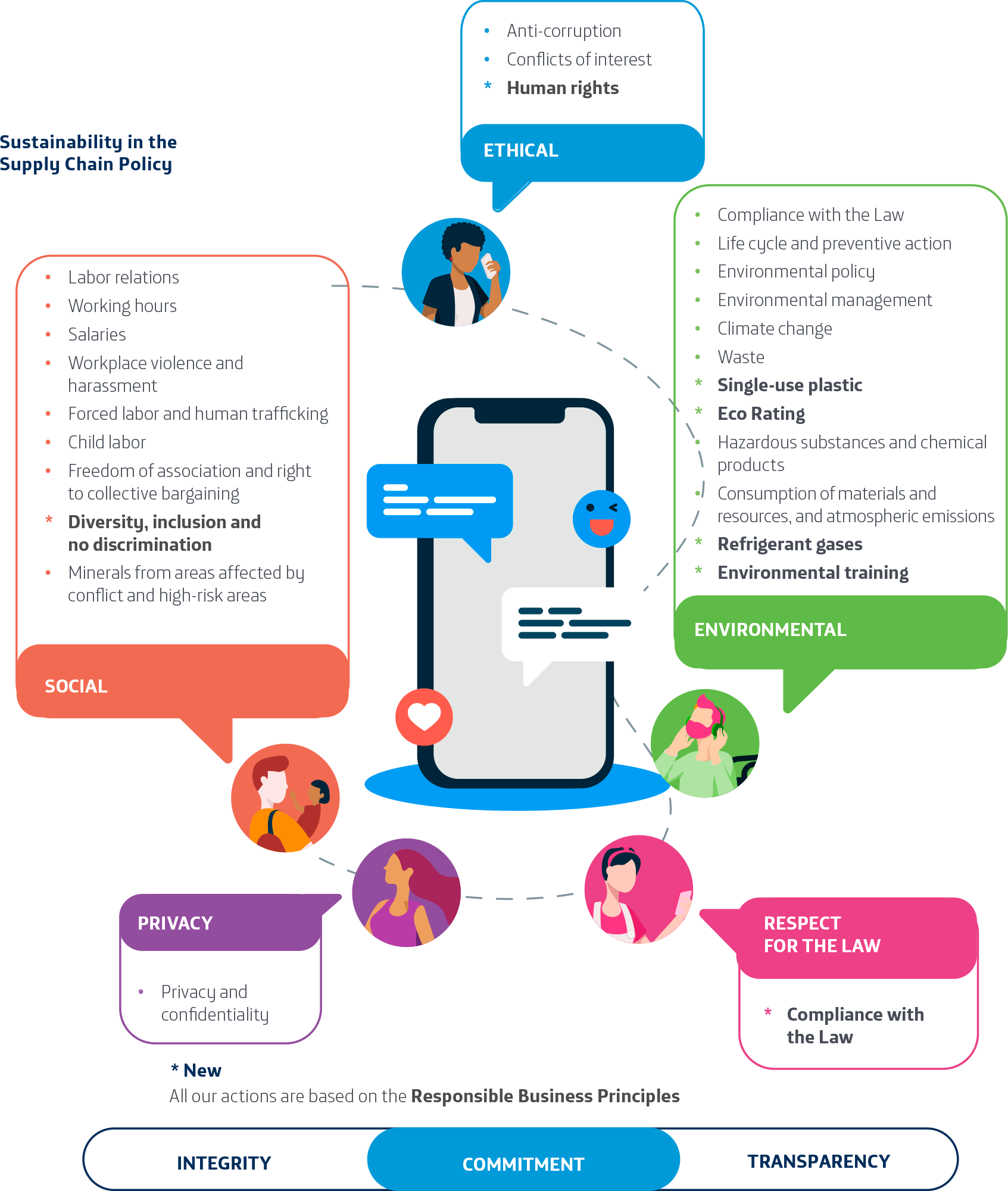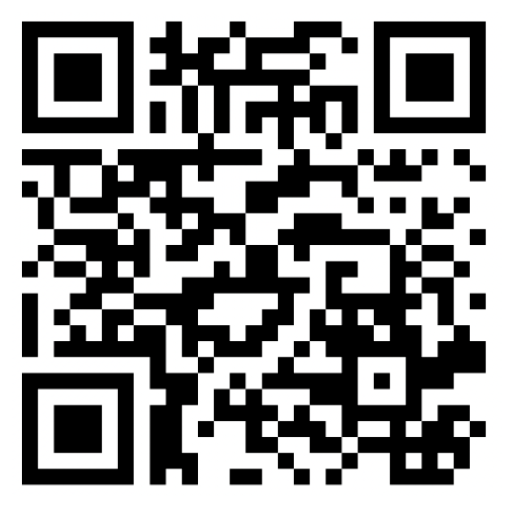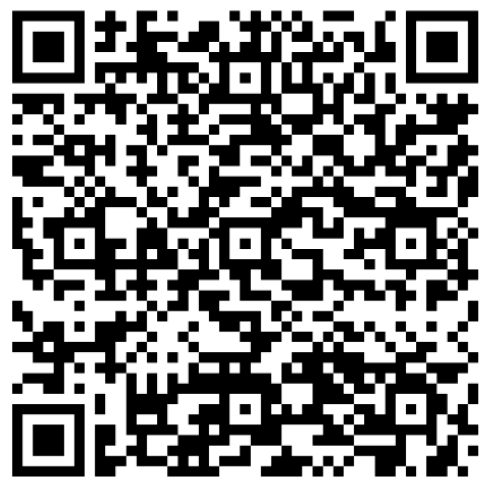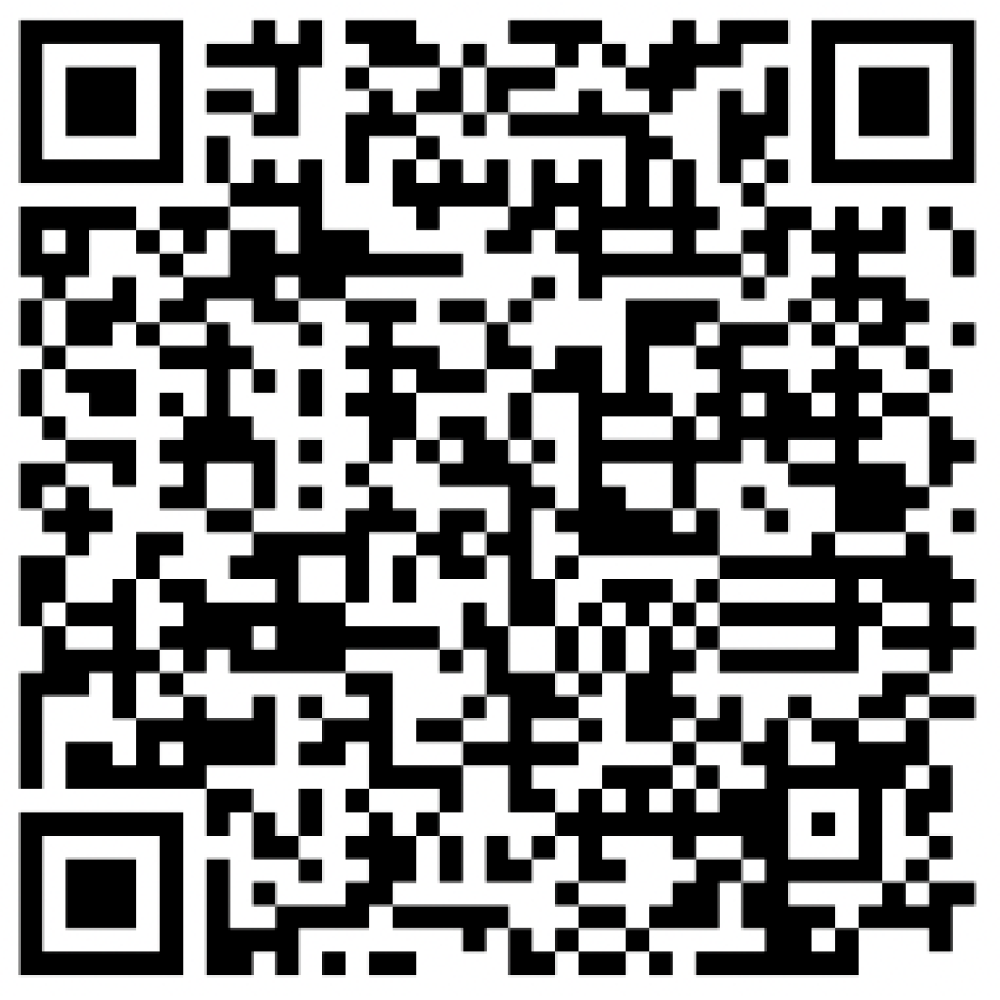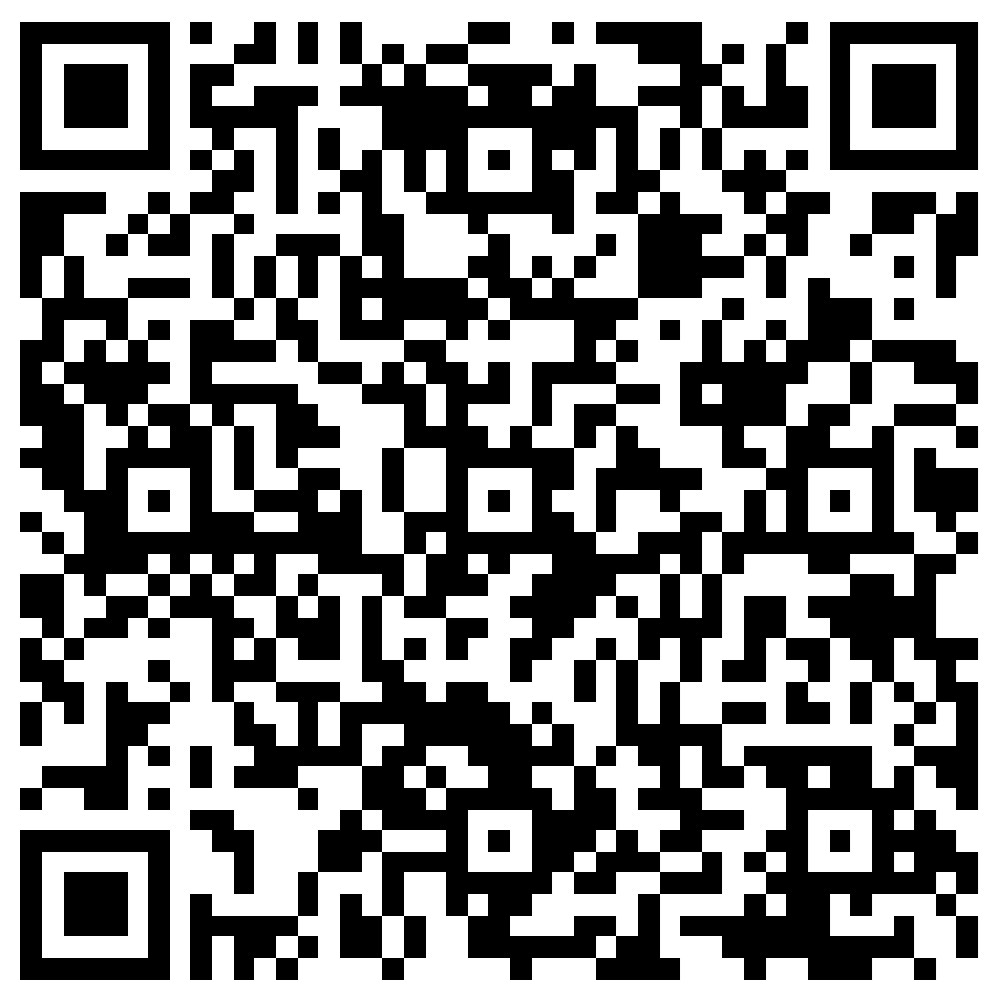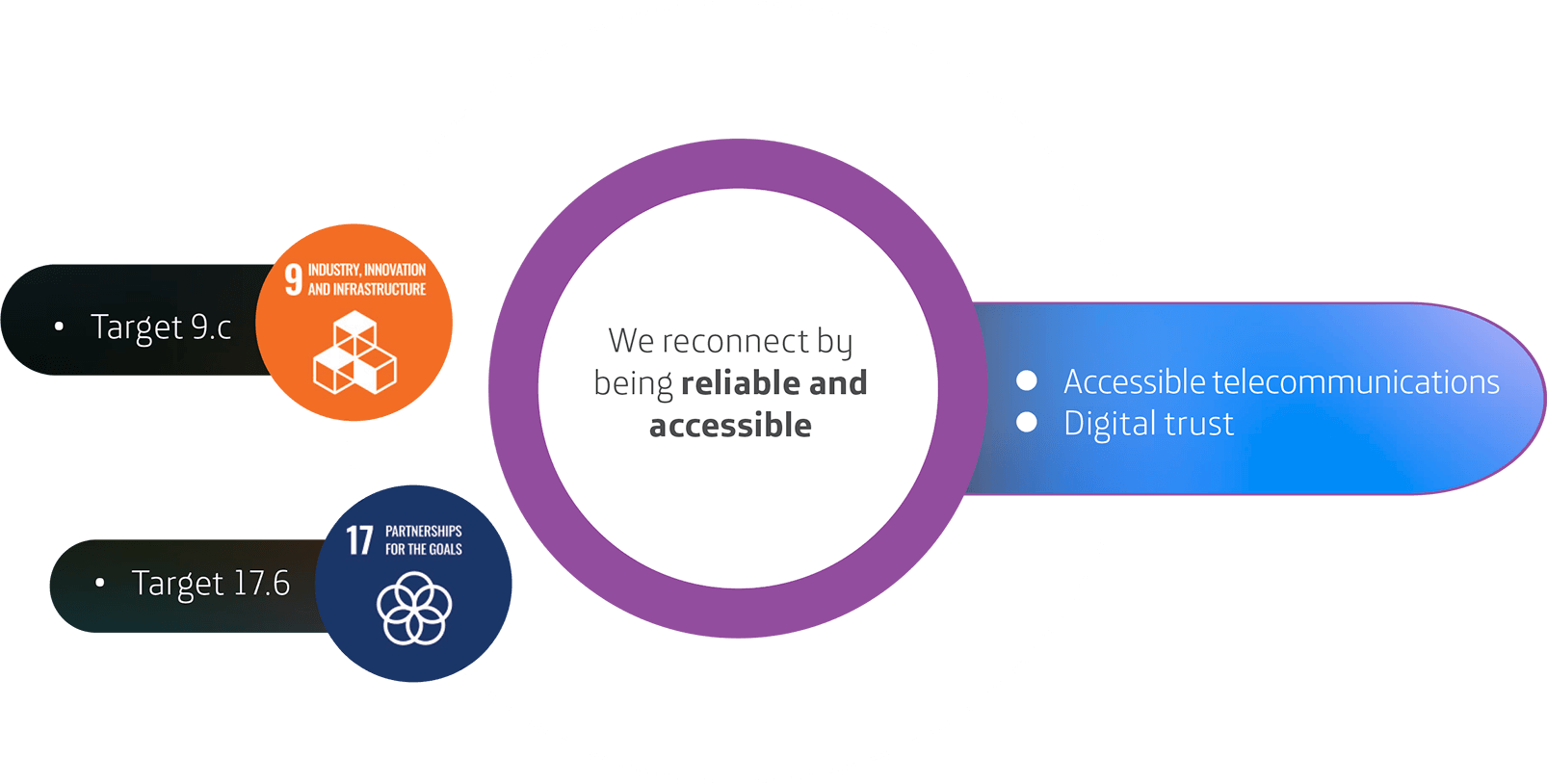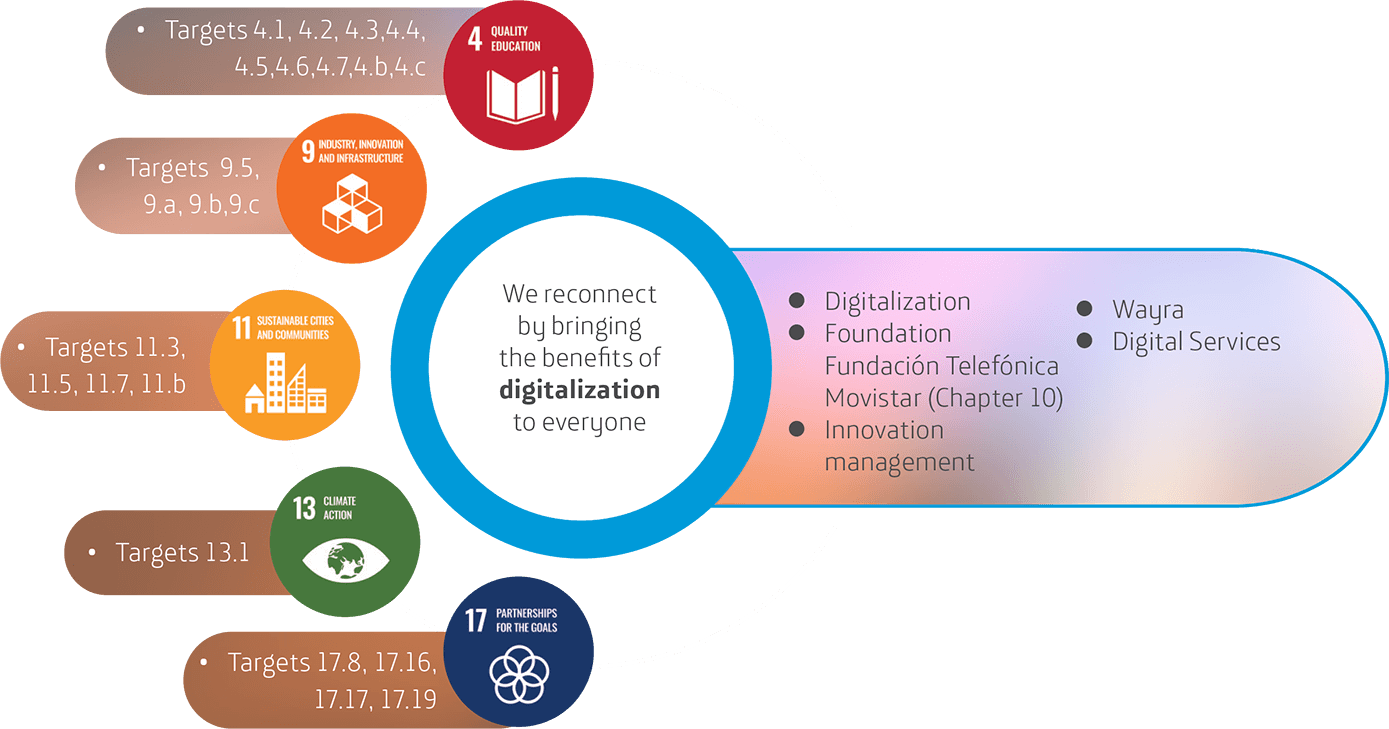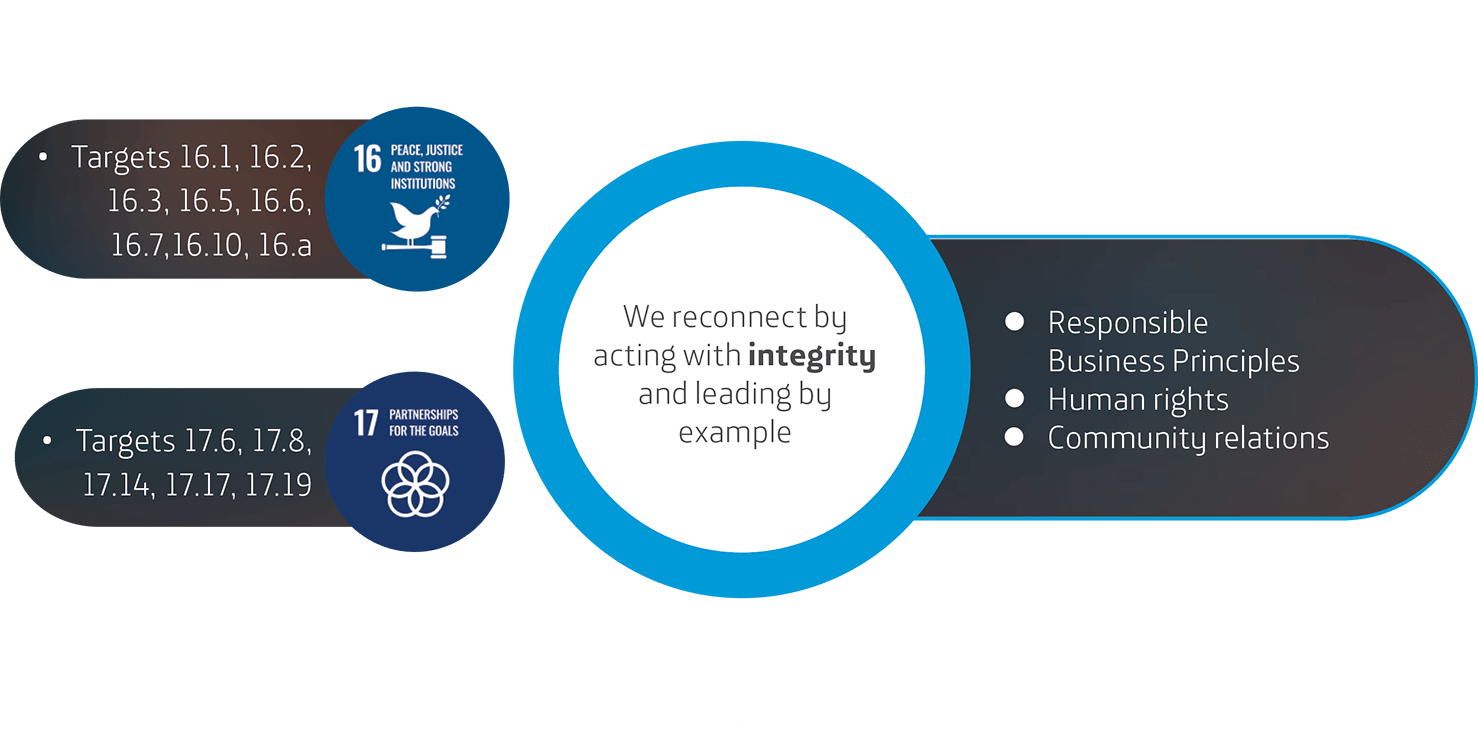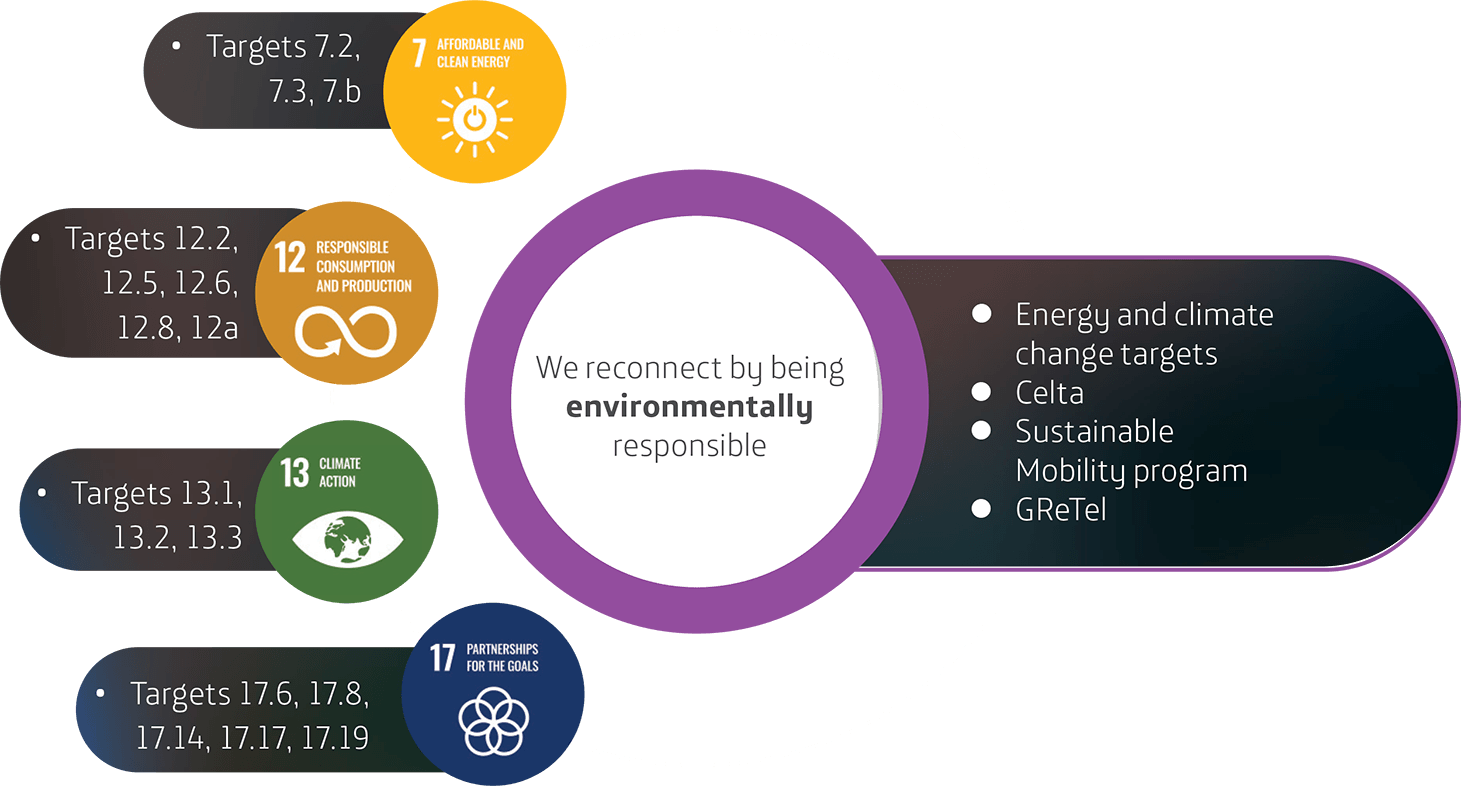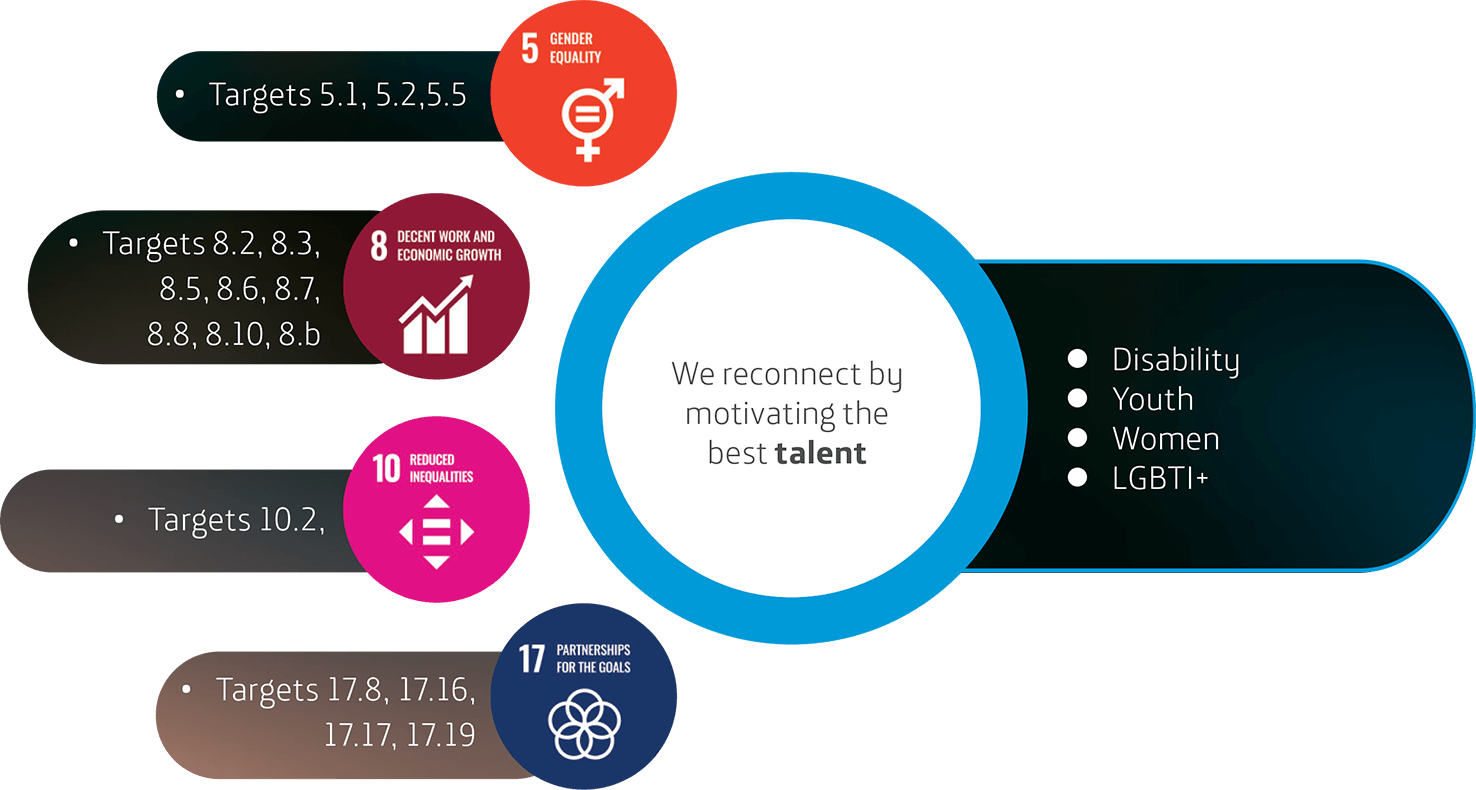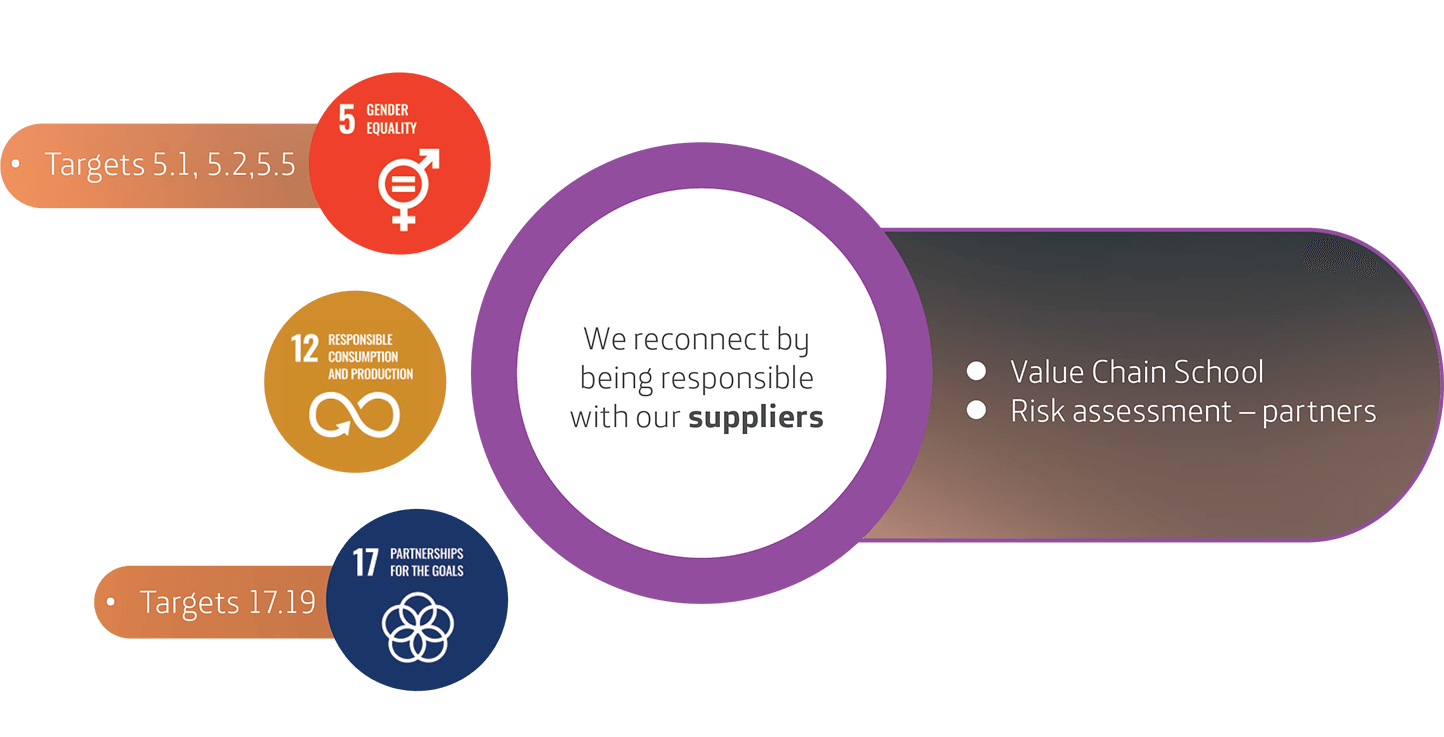08
Responsible Business Plan 2021
The Company’s #RECONECTA Strategic Plan is the frame of reference for establishing the Responsible Business Plan of Telefónica Hispam, and in turn of Telefónica Movistar Colombia.
The plan of Telefónica Hispam establishes three strategic pillars: Promote inclusive connectivity, help build a digital and greener future and lead by example, and these pillars have been incorporated as reference to establish the Responsible Business Plan in Colombia.
Based on the assessment of impacts, risks and opportunities, and acknowledging the importance of economic, environmental, social and governance management, Movistar Colombia established in 2016 its first Responsible Business Plan, covering three years (2016-2018). In 2019, at the end of its term, the second Responsible Business Plan was launched (2019-2021). This plan includes the Company’s specific sustainability objectives and is aligned with the 2030 Agenda, the Principles of the Global Compact, Reconecta Plan, the Hispam Responsible Business Plan, and the Colombian context, incorporating the results of stakeholder engagement expressed in the materiality
Three strategic pillars: promote inclusive connectivity, help build a digital and greener future and lead by example.
Consequently, it has been structured under six lines of commitment:
Articulation with the Integrated Management System
The market requirements mean that all kinds of organizations and companies have to consider a broader vision that meets the needs not only of the customers, but also of other internal stakeholders (shareholders and employees) and external stakeholders (government, environment, suppliers and society) to achieve their strategic goals.
The Company has an Integrated Management System (comprised by Quality, Environmental, Occupational Safety and Health, Information Security, Business Continuity and Anti-bribery), which is structured in a participative arrangement that implies the interaction of all the members of the organization. It is aligned with the Responsible Business Plan and is a tool to support the expectations of stakeholders.
The Integrated Management System is audited annually to ensure achievement of the goals to manage, assess and ensure compliance with the procedures, policies and controls, as well as their efficacy. During 2021, 51 internal, assurance and third-party audits were carried out for the validation of the Company’s Integrated Management System at the national level, as well as four (4) External Audits for the certification of each Management System. The results achieved were satisfactory and ratify that the Management System continues to be certified under international standards, demonstrating an adequate level of maturity that improves continuously and that is leveraged by the organization’s strengths. In total, the audits took 205.4 days (Internal, Assurance, of Third Parties and External).

8.1 We Reconnect by being Relevant, Reliable and Accessible
During 2021, Colombia Telecomunicaciones worked on maintaining, refining and complementing the different action plans established in 2020 for the health emergency, in order to ensure the continuity of customer service through the various channels. Some highlights include:
- Rearrangement of the mix of channels and adjusting assistance capabilities in remote channels to continue covering demand, with the seasonality produced by the peaks of the pandemic and the closing of the Experience Centers (CE, for the Spanish original).
- The Company was one of the pioneers in leading the strategy to vaccinate employees, covering 93% of employees, and in the deployment of the preventive measures required for the contingency at each workstation.
- This ensured that self-management, as well as suspensions due to theft or loss, failures of fixed and mobile services, and recharges were addressed 24/7.
- A “no queues” app was developed for visiting the Experience Centers, to enable customers to check availability and schedule appointments beforehand. The objective was to promote distancing, quick assistance and no crowds.
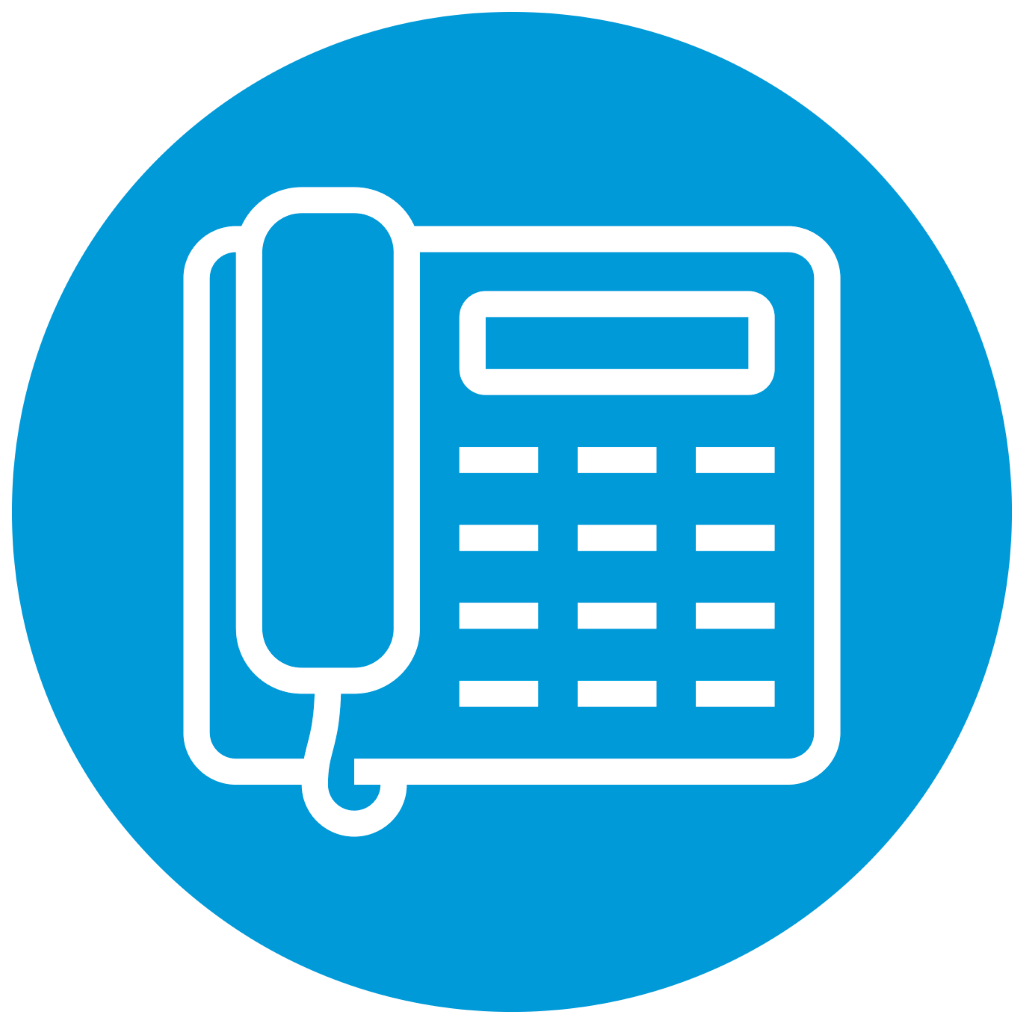
Telephone channel customer management
The work-from-home strategy was maintained throughout 2021, reaching an average of 57% of advisors with connections from their homes, thereby promoting distancing and assuring the jobs and income for the personnel responsible for customer management.
Work was also carried out on self-management developments to enable customers to make inquiries and transactions on line to avoid going to physical locations and standing in line to receive service.
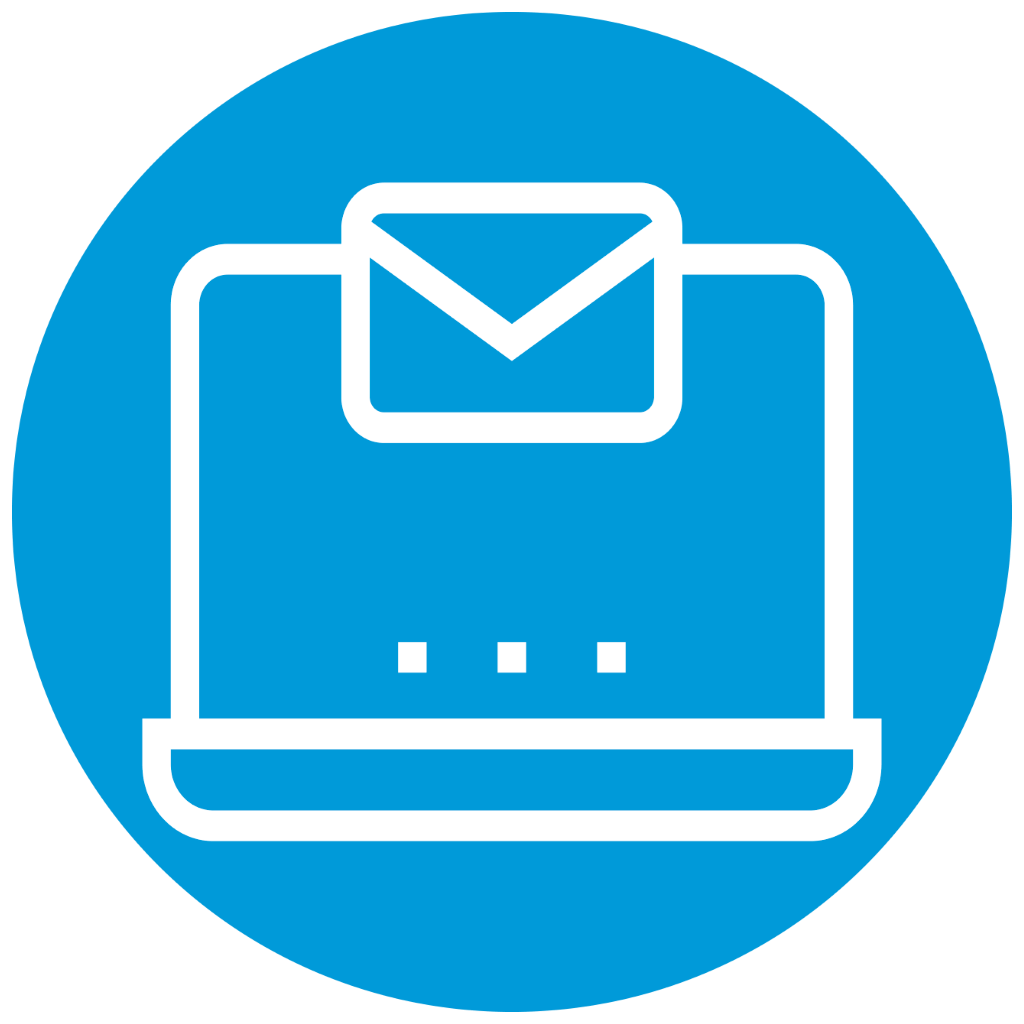
Digital channel customer management
Self-management capabilities were expanded through new developments such as the invoicing history, account balances, activation of Netflix and Amazon, assistance for mass failure, among others. These developments enable customers to resolve their assistance requirements through the App, WhatsApp and the Web. Through these channels, assistance was provided to 1.4 million users per month, resolving over 6 million service requests.
Special emphasis has been placed on adoption of the App as the most relevant assistance channel, as a result of which 48% of the customers seeking assistance did so through this channel, achieving a Customer Satisfaction Index (CSI) of 8.4 and recognition in Google Play of up to 4.3; becoming the best rated app in the industry during the year.
In WhatsApp, the BOT was further enhanced to offer a totally self-managed solution, especially for balance inquiries, downloading invoices and plan details, lessening the need for customers to make in-person or telephone inquiries related to their requests.
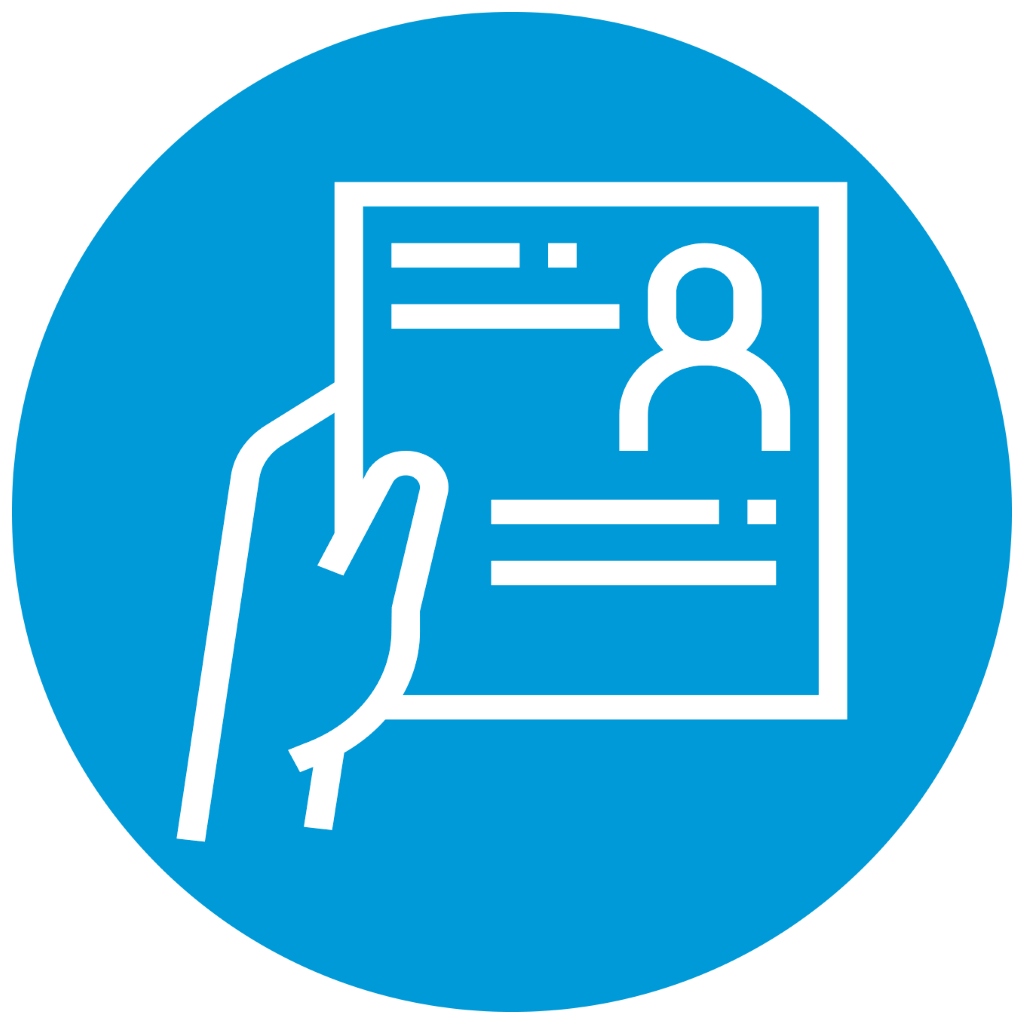
Written assistance – PQR
Although the Company has regulated service channels to address all complaints, grievances and requests (PQR, for the Spanish original), actions were developed to improve customer experience through digital and self-management channels focused on solving the most recurring issues for users.
To this end, an additional form was developed for certain inquiries aimed at providing a solution on first contact or within a maximum of 3 business days through a button on the website. Through this option, over 99,000 inquiries were addressed.
Additionally, during 2021 an option was enhanced to provide on-line solutions to customers who wish to file a PQR, without having to wait the regulatory time of 15 business days for a solution. Through this channel, more than 115,000 customers have been served.
- Churn is the percentage of customers or subscribers who stop using a company’s services over a given time period.
Relevance through Customer Experience
The Quality Management System aims to achieve the best customer experience and satisfaction, and constantly strives to meet the standards and requirements of customers and other stakeholders, as well as to promote the quality of the services through the continuous improvement of the processes and the development of products and services.
The customers’ Net Promoter Score (NPS) in terms of recommending products and services continued to increase by 35% at year-end 2021; and we maintained our leadership position in the market in terms of the Customer Satisfaction Index (CSI), maintaining an upward trend in both indicators.
In 2021, we further strengthened the tools that enable us to listen to the voice of the customer in order to adjust processes in the search for satisfaction. To this end, the Speech Analytics tool enables monitoring in larger volumes the quality of telephone and written assistance. A mystery shopper process was implemented to monitor assistance at the Experience Centers, obtaining inputs to strengthen training and provide feedback to assistance advisors.
Some of the levers deployed in 2021 for the continuous improvement of customer satisfaction included:

Proactive monitoring of platforms and systems.
Improvement of effective inquiries in order tracking.
Review of the escalation events forwarded to Technology and Networks to improve customer response times.

Redesign of the tools used for inquiries by the assistance channels to deliver clearer replies to customers, internal awareness campaigns and the “Wow Experience Seal” to improve the customer experience covering assistance and solution on first contact, assurance of offerings and ongoing training to maintain a culture focused on the best experience.
Digital Trust and Security, a Priority
For the Company it is fundamental to guarantee the confidentiality, integrity and availability of information, addressing the customers’ expectations on privacy and security and acting in accordance with regulatory requirements. To this end, the Company endeavors to identify information security risks in a timely manner and to generate actions on them, in the framework of the Information Security System.
The Privacy Policy and related rules establish the foundations for a culture of privacy based on the principles of legality, transparency, commitment to the rights of information owners, security and limits to the storage period.
In 2021, the actions on information security and cybersecurity focused on continuing to strengthen the security culture at the Company by training the partners/third parties on information security, reducing the risks arising from the exploitation of technical vulnerabilities and strengthening of the security event monitoring process. Specifically, work was carried out in the following focus areas of control, prevention and culture:
The actions on information security and cybersecurity focused on continuing to strengthen the security culture at the Company by training the partners/third parties on information security.
- Deployment of a pilot Office 365 tool (Intune) to protect the information managed from the employees’ mobile devices, to strengthen information protection controls.
- Supported by the Security Governance Framework, we maintained ISO 27001 certification for the Datacenter and Billing processes, and the controls were recognized in the certification of Authorized Economic Operator (OEA, for the Spanish original) for the level of compliance.
- Monitoring processes were strengthened for the preventive detection of possible vectors of information leaks, classified internally as confidential/ restricted according to the internal processes and raising awareness of their importance for the Company.
- Joint work was carried out with partners to verify the level of compliance with the security controls of the processes that support the services contracted with the Company.
- Participation in most new projects and current initiatives to assure infrastructure, communications mechanisms, protocols and interface management in the Company’s solutions with a secure architecture.
- Assurance of compliance with controls related to access, roles and responsibilities profiles, incompatibilities and periodic recertification of users (twice a year for critical applications and infrastructure), which are duly audited by external companies under the matrix of Information Technology General Controls (ITGC).
- Periodic reviews year-round through assurance scans of the infrastructure under the procedures of hardening6, and ongoing monitoring of mitigation and corrective actions of events within the scope of critical infrastructure and the Sarbanes Oxley Act (SOX).
- Raising of user awareness through phishing campaigns and the implementation of a button to report malicious e-mails, reinforcing the prevention processes for this modality.
- Management of 100% of cybersecurity incidents, supporting the investigation, mitigation, implementation of controls and recovery of the affected assets. Additionally, optimize event monitoring through the integration of information sources and alert management.
- Risk reduction through the analysis of vulnerabilities, intrusion tests and ongoing monitoring of vulnerabilities of the organization’s assets that are accessible both from the internal network and through the Internet, with a focus on critical assets.
- The implementation of new information technologies for the timely detection and prevention of fraud, such as the application of artificial intelligence with machine learning models for bypass fraud, initial sales impersonation and equipment fraud. Through these new implementations we improved the effectiveness of detection and reduced losses for the Company.
- Maintain the commitment with customers of providing them tools to assure quality in the acquisition of products and services. During 2021, the fingerprint biometrics app was extended to the Experience Centers and Commercial Agents in new processes, increasing usage by 92% from 947,316 scans in 2020 to 1,814,641 scans in 2021.
- Process of securing a system by reducing its vulnerabilities through the elimination of unnecessary software, services, users, etc., and closing unused ports.
Fundación Karisma prepares an annual report named “¿Dónde están mis datos? (Where is my data?)” that evaluates the commitment of Internet providers in Colombia to the right of freedom of expression, privacy and digital security of users. Movistar was the operator with the best rating, highlighting, for example, that it was the only telco that complied with reporting in a full and disaggregated manner on requests for data by people who subscribe to the services, blocking of URL or websites, and interception of telephone land lines.
Accessibility, a driver for inclusion
The Company has implemented tools and updated internal processes and procedures to offer people with hearing and vision disabilities the possibility to access prioritized assistance channels.
With the support of Colombia’s National Federation of the Deaf (FENASCOL, for the Spanish original), the Company already had 32 accessible Experience Centers (CE), and in 2021, it upgraded the CE facilities in five additional cities: Armenia, Manizales, Palmira, Popayán and Valledupar:

It also launched the “Movistar Sin Barreras” program, which offers the benefit of a 15% discount in postpaid mobile plans on the current commercial offering, targeted exclusively at people with disabilities. This benefit can be acquired at any Experience Center in the country, just by submitting the disability certificate issued by the healthcare providers (EPS and IPS), in accordance with Resolution 113/2020 of the Ministry of Health and Social Protection.

8.2 We Reconnect by Bringing the Benefits of Digitalization to Everyone
We have fully entered a new era. The accumulation of technology in our societies is unprecedented in human history. Computing and information storage capacity increases exponentially year after year. At the same time, technologies such as the Internet of Things, Blockchain, cloud computing, deep learning algorithms, voice recognition, image reading, 3D printing, and many others, are developing at breathtaking speed, mutually fueling each other. Latest generation telecommunications networks, both fiber and 5G, multiply the capacity to transport this information and the speed of transportation, and eliminate latency, which creates innumerable possibilities. Our industry is the gateway to a new world that goes much beyond communications. It enables us to access the universe of responsible technology. Our networks have changed and they will change even more. They are new, powerful, quick, with huge capacity and impressively smart. Technologies such as Edge Computing and Open RAN are becoming the backbone of the technological transformation process. The true backbone of future societies.
The COVID-19 pandemic and the associated confinement measures not only changed household consumer patterns, but also the models of education, of business operation and the perceptions of the labor market of the future. This context poses major challenges in terms of the transformation and adaptation of citizens and companies by moving from physical contact to virtual contact, which implied beginning to use telecommunication networks to solve problems such as provisioning of goods, connectivity and access to information.
Movistar has proposed a Digital Pact for Economic and Social Recovery that is not only related to the markets traditionally associated with connectivity, but that also implies recommendations on cross-sectional policies that, if implemented, would enable taking advantage of digital technologies to favor the country’s productivity. This pact is structured on 5 pillars: 1) Digitalization, 2) Digital Education, 3) Connectivity, 4) Competency and 5) Digital Trust.
Digitalization is the driver of the economic recovery the country requires, because it has the power of keeping existing companies alive and of driving new business models that promote economic growth. It is necessary to support SMEs in the digitalization process, which implies the need for Colombia to take a path towards a Digital Productivity Policy in which all sectors take advantage of information and communications technologies to evolve towards more digitalized production models and thereby accelerate the economic recovery and improve the country’s competitiveness.
Colombia Telecomunicaciones S. A. ESP BIC is making progress in the construction of this digital future by implementing new technologies, such as Cybersecurity, the Cloud, Internet of Things (IoT), Big Data, Artificial Intelligence and even Blockchain. This has enabled it to migrate from being a telecommunications company to a technological company in which over 30% of B2B revenues are from digital solutions, and where over 60% of customers in this segment already have at least one digital solution.
Smart Agro Example
Through innovation, digitalization and data analysis in the agricultural sector, it aims to drive the development of agriculture, food security and nutrition, through the use of the Internet of Things and Big Data.

Measure and control the effects produced during seed planting and harvesting.


Measurement of the environmental variables at the crop.

Monitor the state and conditions of moisture of the crop’s soil.

Risk recommendations by sector, indicating and individually controlling the time when the plants must be watered.


Alerts to detect anomalous conditions at the crop outside the defined ranges.
Advisory and consulting by an expert agronomist based on the information obtained from the measurement devices, offering best practices and recommendations.
In July 2021, the Smart Agro project carried out at Ventaquemada was closed, finding that it achieved productivity of 86% in the first harvest (2018-2019) and of 60% in the second harvest (2020-2021), which were higher in profitability than a plantation with traditional irrigation, which is 24%.
The B2B segment is assisting SMEs in their economic recovery process, and strengthening their capabilities through solutions such as remote work, e-commerce tools and digital biosafety measures. Thanks to these initiatives, 58% of SMEs now have at least one digital solution.
Additionally, we have worked through partnerships to support the economic recovery, for example with the Chamber of Commerce of Bogotá, where more SMEs now find that digitalization is possible through training on digital topics and discount percentages.
Of course, digitalization is accompanied by connectivity, and for this reason the Company has focused heavily on the deployment of technology.
Network deployment and investment by technology
GRI (203-1)
To continue moving forward in the deployment of infrastructure, the Company invested COP 517,800 million.
Mobile deployment
En el 2021 Movistar llegó al 83% de la participación de datos 4G y de voz 4G (VoLTE) al 43%.
Se construyeron 432 nuevos emplazamientos para aumentar los puntos de acceso móvil y se implementaron 1.630 ampliaciones de red que permiten ofrecer mayores beneficios a los usuarios, totalizando 2.826 soluciones para el despliegue 20/21.
Deployment of Fiber to the Home (FTTH)
During 2021, new deployments passed 858,800 households, equivalent to growth of 3.7 times compared to 2020, and the main cities covered by the plan were Bogotá D.C., Cali and Medellín, including their metropolitan areas, Armenia and Villa de Leyva. The above was achieved during a year of unprecedented challenges in terms of public order, the state of the pandemic, global pressures on the supply chain and a high level of competition in the market by companies that also initiated their plans to expand their FTTH networks.
This deployment plan involved spending more than COP $157.4 billion, which assured the expansion of coverage of the fiber optics network, reaching close to 2.14 million Households Passed. At year-end 2021, fiber was available in 43 locations. Movistar was the operator with highest connection speed for customers, reporting at year-end 2021 a national average of 270 Megabytes.
At year-end 2021, fiber was available in 43 locations, mainly in Bogotá with 750,000 households
The deployment of fiber not only improves the quality of life of users by offering greater stability and speed to study, work, invest and play on line, but it also offers positive economic, environmental and social impacts.
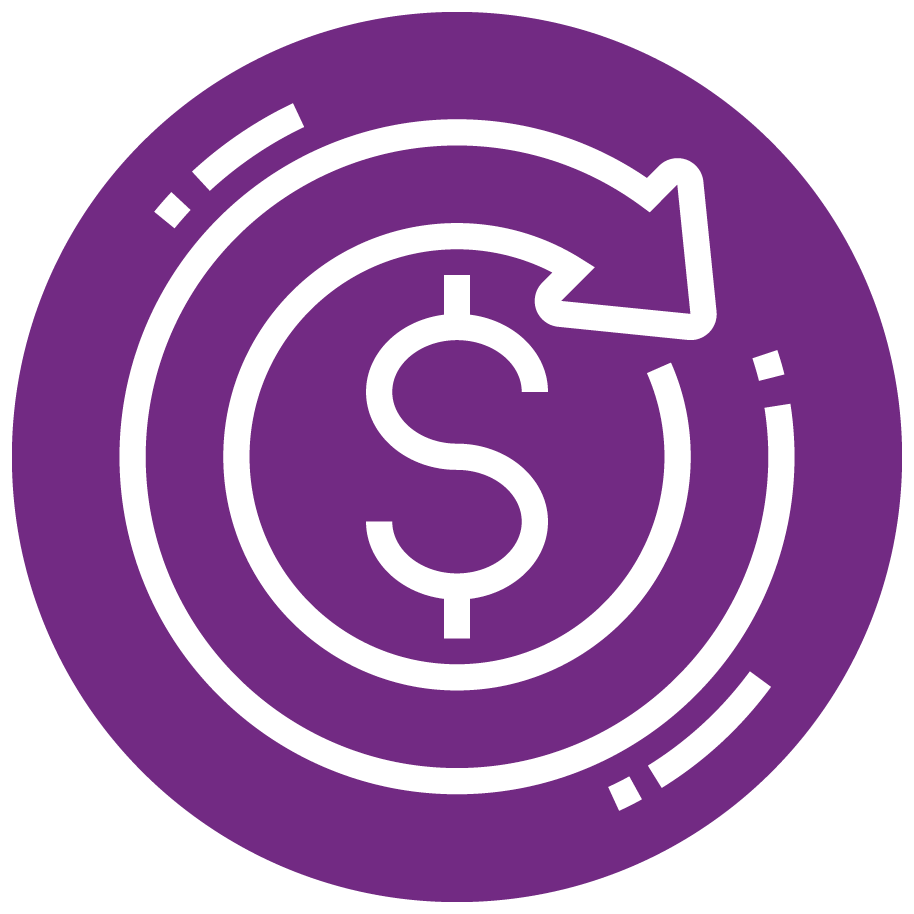
In the economic front,
by increasing the average Internet connection speed by 1 Mbps, the country may increase its GDP per capita by up to 1.6% (National Planning Department). There is a close link between the increase in high-speed connections and broadband penetration with the growth of Gross Domestic Product (GDP). According to OECD data, a 10% increase in broadband penetration increases productivity by 1.5%.
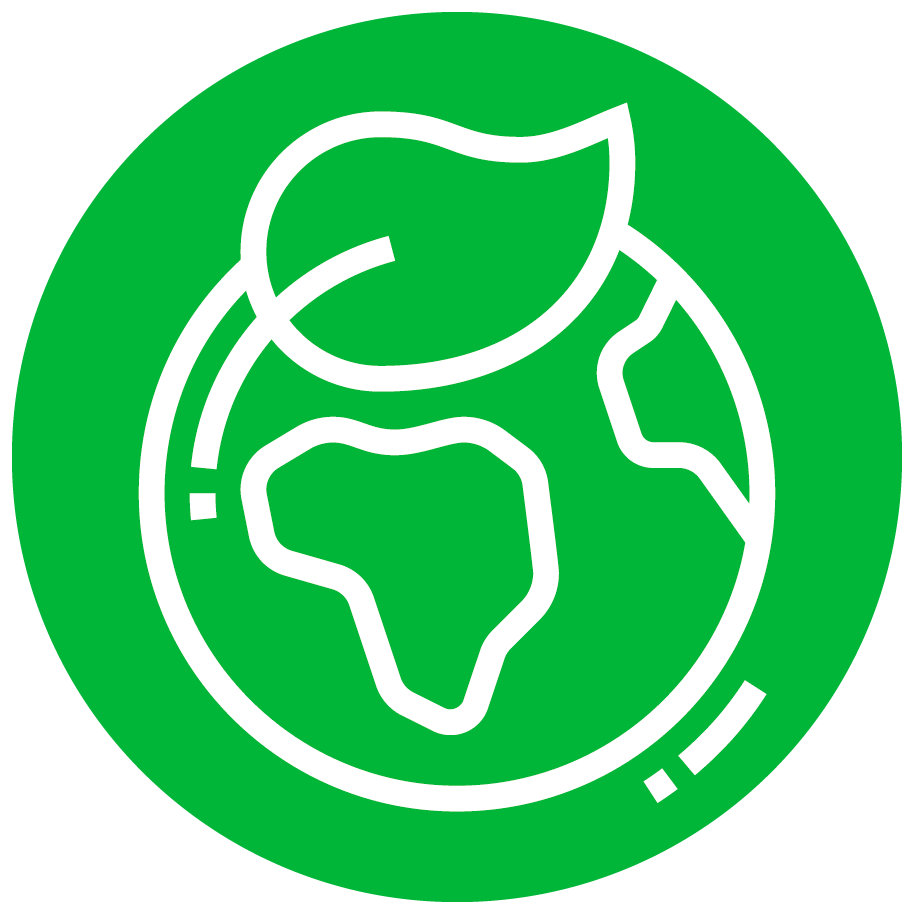
In the environmental front,
fiber optics equipment requires seven times less energy consumption per customer for transmission compared to copper. They require less air conditioning because they produce less heat, which ultimately implies a reduction in CO2 emissions. Additionally, this new technology involves less incidents. The fiber network has 50% less network failures than copper, which translates into lower travel costs for repairs, lower energy consumption and, consequently, lower CO2 emissions. Another very important factor is the dismantling of the copper network, which has promoted recycling of copper for other uses and the circular economy.
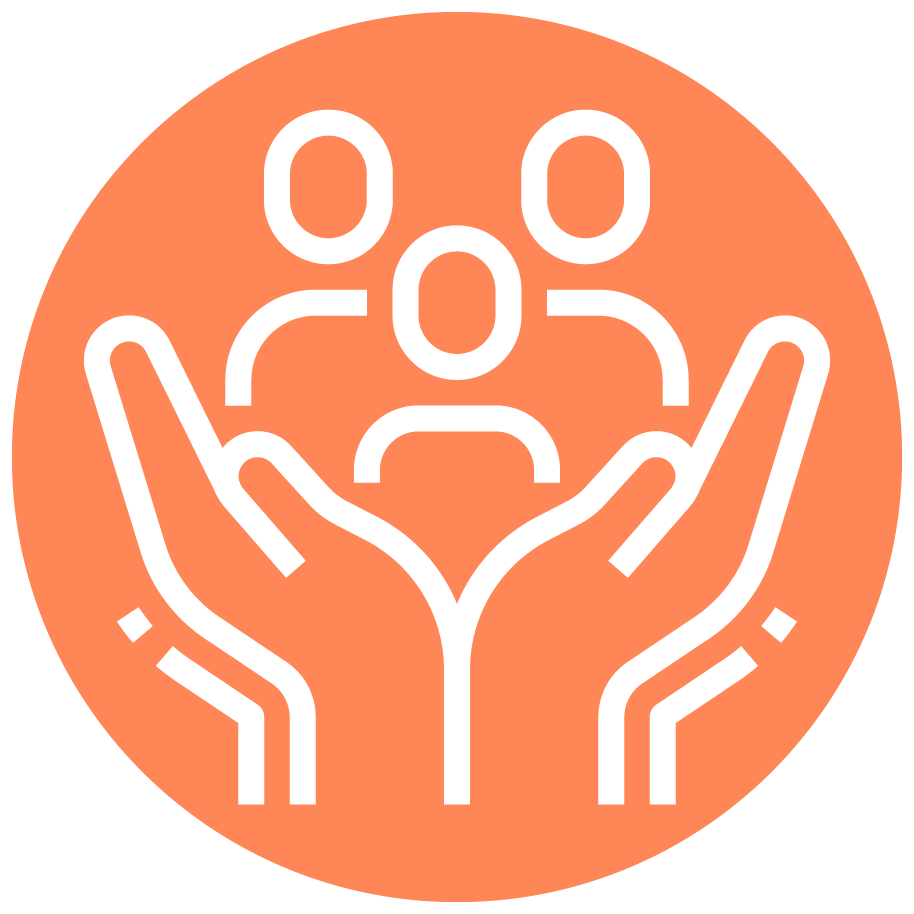
In the social front,
it not only enables territories for the digital transformation and moving towards smart cities, but it also contributes to job creation. Thanks to the deployments in the territories, over 1,600 jobs have been created. The rollout of new networks is expected to create over 2,800 jobs, and additionally, the Mujeres en Red (Women’s Network) program promotes the participation of women in technical roles that contribute to the network’s deployment. In 2021, 126 women were hired.
Network Uptime and Quality Indicators
2021 was a challenging year for network operations due to the protests in the first half of the year, which caused restrictions to travel, and the heavy rainy season of the second half. These challenges were successfully overcome, maintaining average availability above 99.96% throughout the network.
During the year, the availability achieved was 99.96% for basic lines, while for Broadband and FTTH availability was 99.98% and the mobile network access availability was 99.96%, measured in accordance with current regulatory parameters.
During 2021, the availability of Core applications was 99.92%, while Greta achieved availability of 99.955%.
More Spectrum for 4G
The 850 MHz spectrum was reorganized in the 10 main cities of Colombia (Bogotá D.C., Medellín, Cali, Bucaramanga, Barranquilla, Cartagena, Cúcuta, Ibagué, Neiva and Pasto). This low band improves coverage and service conditions in indoor areas and adds additional capacity to the 4G network. Another important work front was the continued expansion of 4G in the 1900 MHz band, which enables increased network resources for 4G in this band in the main cities of the country.
In the cities of Cali and Pasto, 10 MHz carriers were used in the 1900 MHz band, which enables expanding network resources to provide more efficient network services. It is a major milestone in the operation for these cities to already have 82% of the spectrum in 4G technology in use.
Efficiencies in 2G were achieved in areas where usage of this network has decreased, shutting down 95 radio bases and 848 radio base equipment units. These actions produce energy savings.

5G Pilot
Movistar was the first operator to launch a 5G pilot in Colombia in 2020.
During 2021, a new pilot was implemented at the facilities of Hospital Militar Central, aimed at supporting the work of healthcare personnel, also providing protection mechanisms for personnel on the front line, by enabling the specialists to care for patients remotely with the best connectivity possible. Telemedicine is one of the most important examples of 5G applications. During the pandemic, we observed how healthcare systems migrated towards medical appointments by video-conference, as well as the digitalization of processes that were previously physical, such as authorizations and filing of documents, which is made possible thanks to the use of the available telecommunications networks.
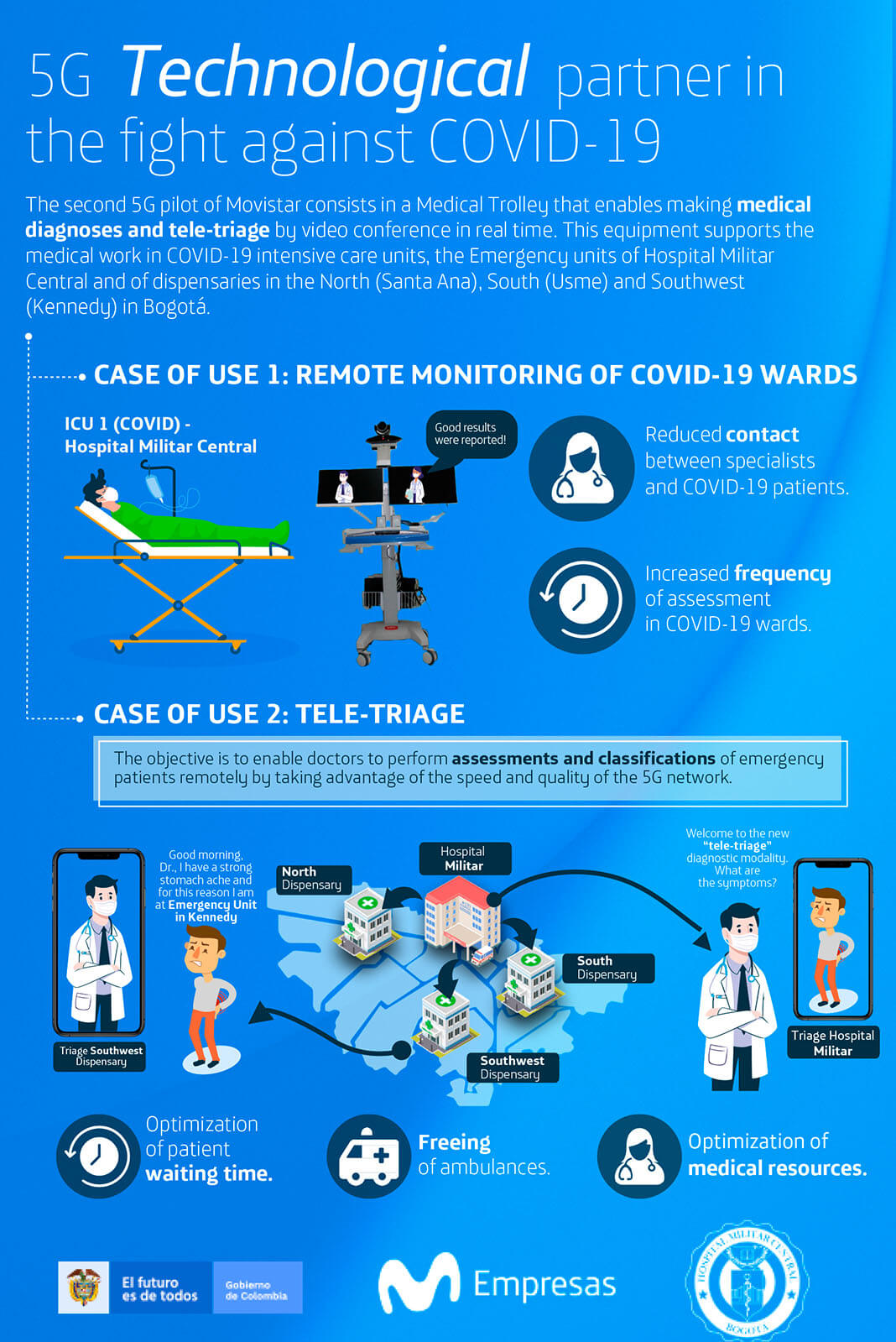
Innovation
Movistar was the first operator to launch a 5G pilot in Colombia in 2020. In 2021, Movistar was recognized as the leading telco and as the fourth company with most open innovation in Colombia.
This ranking is made by the 100 Open Startupsplatform jointly with Connect Bogotá, and was presented at the Open Innovation Summit. Also in 2021, the Company received the Good Innovation Practices certificate of the Chamber of Commerce of Bogotá and ICONTEC for its Innovation Management System.
Additionally, through Wayra, which is the open innovation hub that connects Telefónica with the ecosystem of digital entrepreneurs worldwide, in Colombia, Wayra invested in 21 active startups, 11 of which are part of the Company’s value chain.
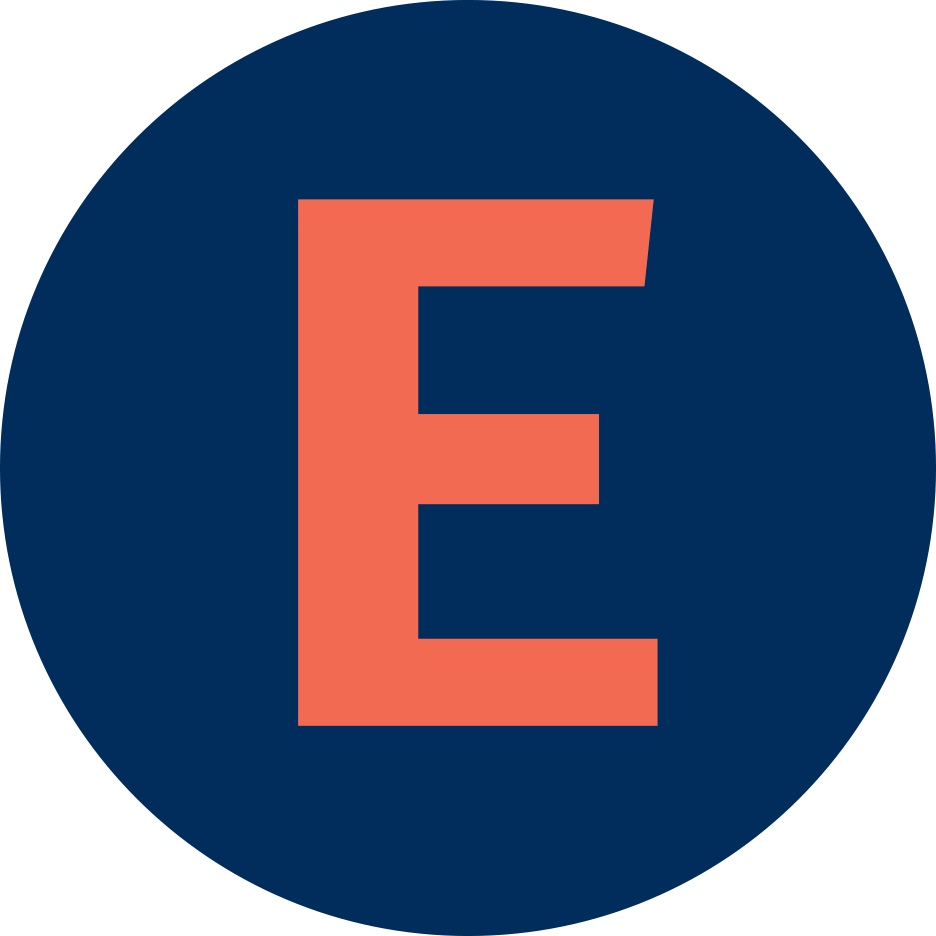


8.3 We Reconnect by being Responsible with Suppliers
In the context of the pandemic, possible shortages arise due to a global situation of insufficient containers, logistics problems, delays and other consequences of the shut-downs and lock-downs.
Additionally, in Colombia, the protests and blockages had negative effects on the transportation of products, especially of perishable agricultural supplies, the closing of companies, loss of jobs and consequently the loss of production capacity, which had a negative impact on the availability of supplies, goods and products, as well as price increases.
The Company’s value chain is comprised by four technological platforms: network infrastructure and assets, information system infrastructure and assets, products and services, and Big Data.
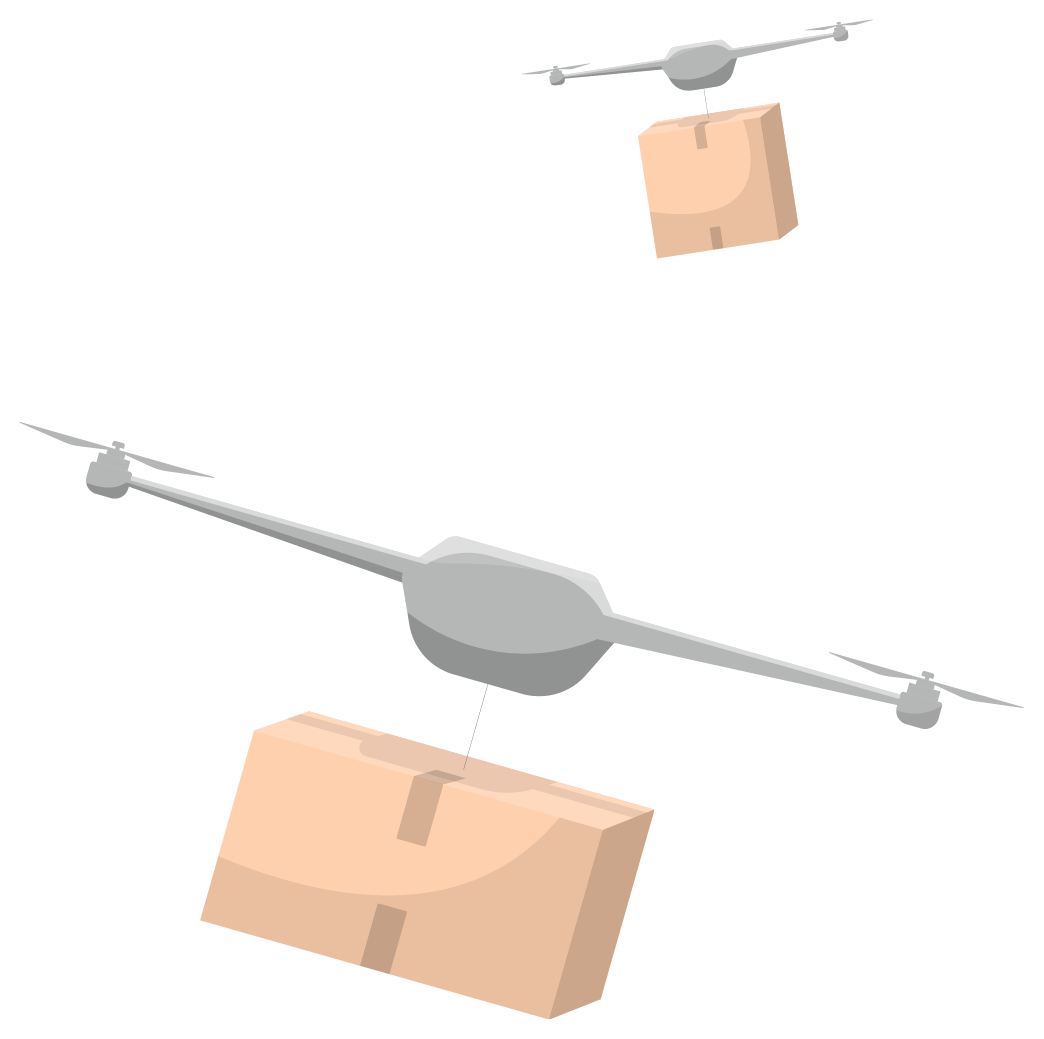
The first platform of the Company’s value creation chain includes the fixed assets, which are mainly the fixed and mobile telecommunications networks that enable providing connectivity, communications and customer services, such as: fiber, civil works, telecommunications towers, ducts, facilities, the Experience Centers, physical elements associated with access, transportation and commuting (hardware), the Information Technology (IT) infrastructure (datacenters, hardware and software) and the radio spectrum.
The information systems comprise the second platform, which include the operating and commercial support systems which, combined with the storage capacity and processing, enable us to generate high volumes of data and information.
With the first two platforms, the Company generates the capacity to offer mobile, fixed and digital products and services (third platform), such as mobile and land line telephone service, Internet, television, cybersecurity, cloud, Internet of Things (IoT), big data and advertising.
The fourth platform, Big Data, receives data inputs from the three previous platforms. It enables creating knowledge about the customer in order to innovate.
In this manner, the four platforms enable the generation of products and services through the assets to assist customers:
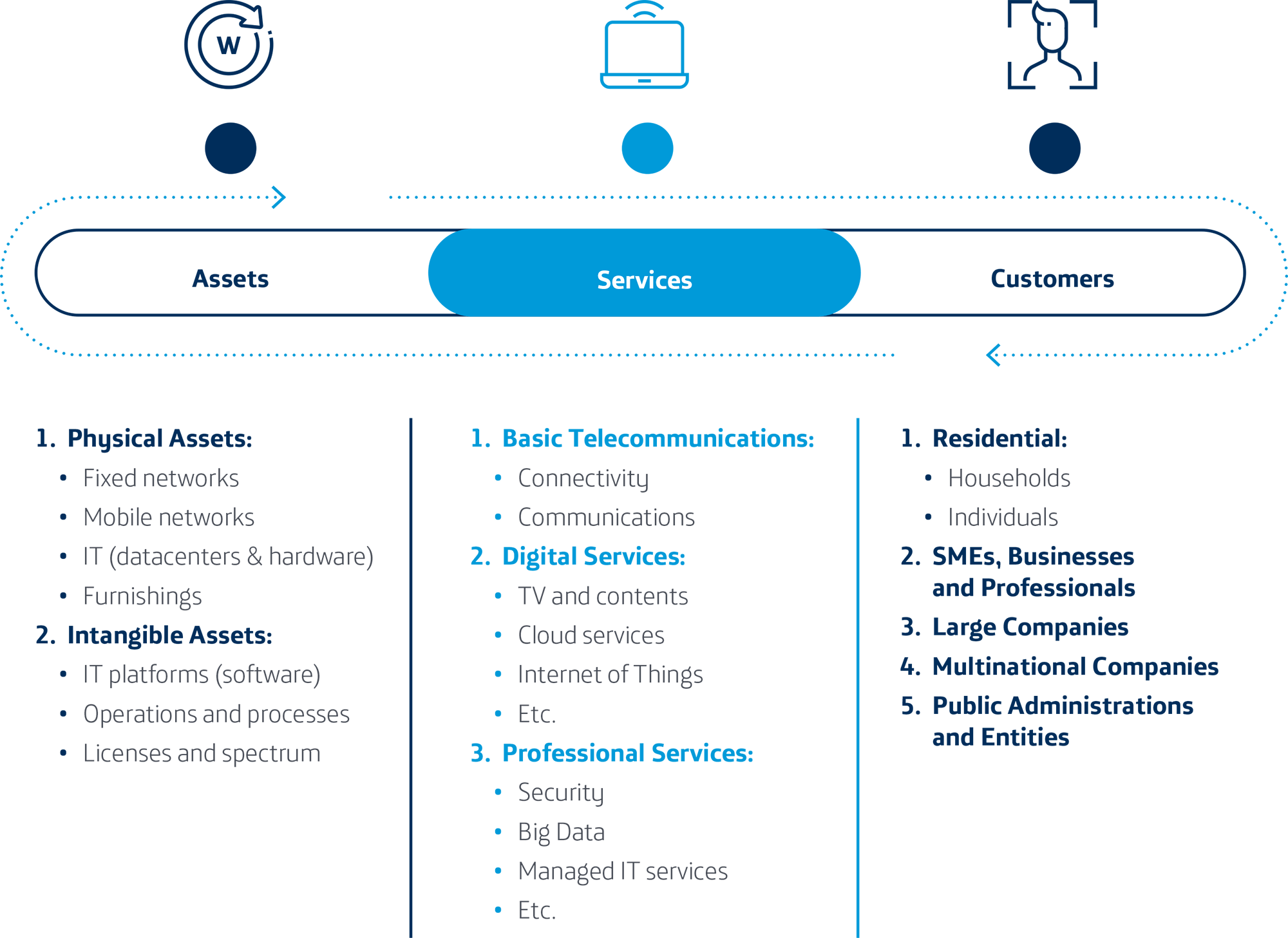
The Company’s value chain is comprised of four technological platforms
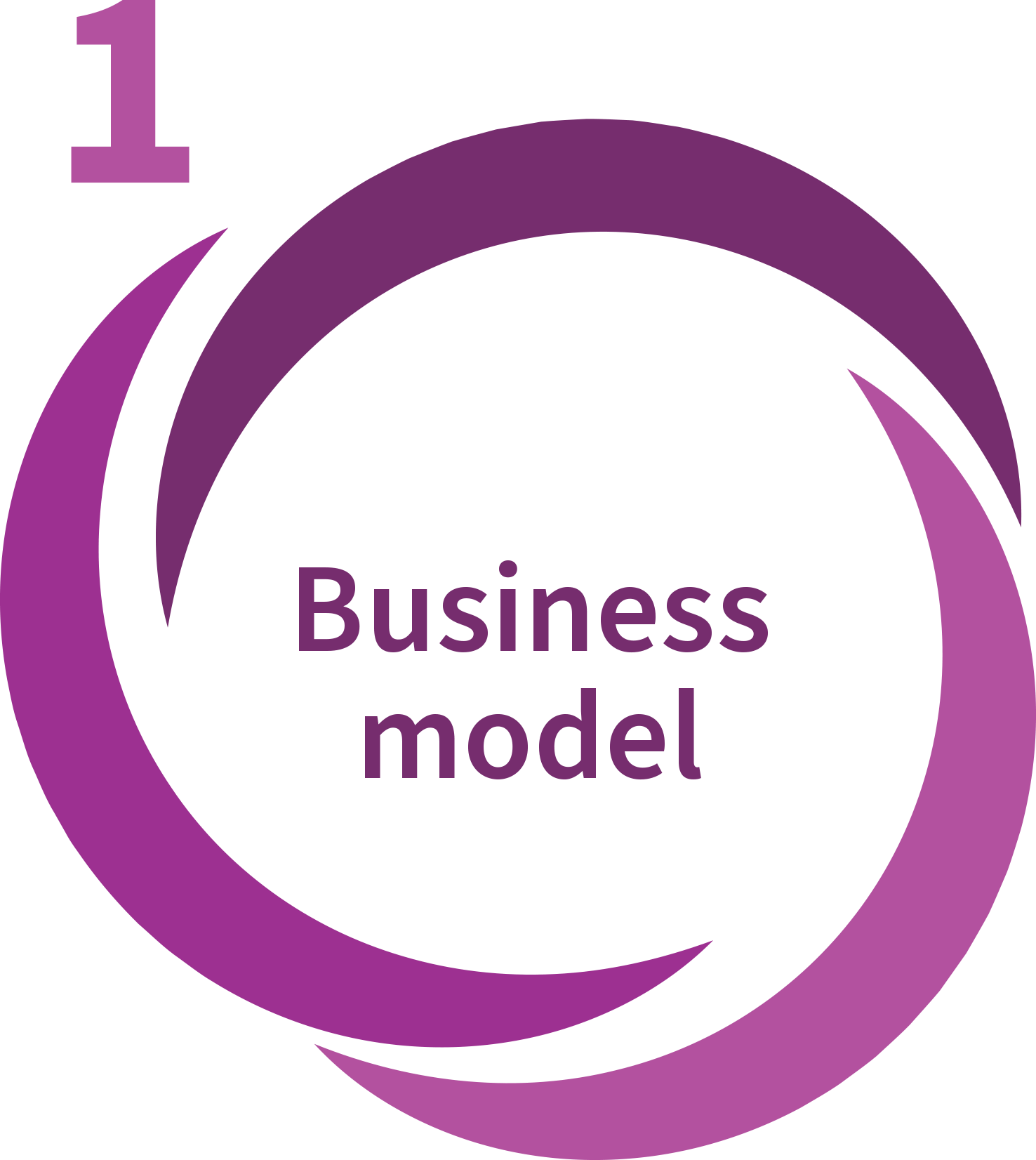
Movistar Suppliers
GRI (204-1)
Infrastructure and networks: 49%
Mobility:
18%
Services
and works: 17%
B2B/B2C
solutions:
11%
Information
systems:
3%
Advertising andmarketing: 2%
Among the Company’s suppliers, there is a category we call Partners, defined as those who have direct interaction with customers, carry out high-risk activities (work at heights, handling of energy, work in confined spaces) and have personnel that is exclusively dedicated to the operations of Movistar, such as the installation and customer service teams (Experience Centers, Call Center, among others). In 2021, the Company had 45 Partners and 35 Commercial Agents that employed 18,447 people. The Mujeres en Red program was precisely created to promote hiring of female talent by the Partners, especially in technical roles. During 2021, workshops were held on female empowerment, on Diversity – Prevention of Work and Sexual Harassment, and on Biases in Colombia, among other activities.
- Organizations incorporated in Colombia.
Sustainability in the supply chain
In the supply chain, the vendors, partners and suppliers are key actors, and for this reason they are required to adopt the Responsible Business Principles or their own equivalent principles that ensure compliance, and to adopt the Sustainability in the Supply Chain Policy.
Supplier requirements
In order to fulfill the responsibility commitments throughout the value chain, the Company requires suppliers to abide by the Responsible Business Principles, based on the respect and promotion of human rights and on three basic values: integrity, commitment and transparency, or their own equivalent principles. This commitment is instrumented through fulfillment of criteria regarding respect for the law, ethical, social, environmental and privacy.
Sustainability, Safety and Health for suppliers
GRI (403-7)
The Company’s Occupational Safety and Health Management System (OSH-MS)9 also covers contractors (Partners) who directly engage in core business activities (both in the operations and commercial areas), and consequently there is an internal area responsible for aligning these companies with the defined guidelines in several aspects, including the OSH-MS guidelines of Telefónica.
Monitoring and control activities are carried out with these companies, such as audits, follow-up on workplace incidents, assurance, as well as activities to contribute to the improvement of their OSH processes, such as periodic events with experts in critical tasks (heights, confined spaces, electric risk, road safety, chemical substances), which are planned based on the results of the reviews of these companies’ OSH management systems.
- Find more information about the Occupational Safety and Health Management System (OSH-MS) in chapter 4.3.4 We reconnect by motivating the best talent
Work Accident Injuries
GRI (403-9)
- The reported rates are calculated per 200,000 man hours worked. The specified formulas were used to calculate the rates, even though according to the guidelines of Resolution 0312/2019, the accident rate formulas and indicators are no longer specified in terms of man hours worked, and the constant K no longer applies.
Anti-corruption Process for Suppliers
GRI (205-2)
The Company has established mechanisms that facilitate access and knowledge of its anti-corruption policies and procedures for its business partners before and during the contractual relationship. During the contracting process, the Company communicates these procedures by signing an anti-corruption certificate and by including anti-corruption clauses that establish specific guidelines on prevention and punishment.
Both the anti-corruption certificate and the anti-corruption clauses form part of the contracting process for 100% of the Company’s business partners. At December 31, 2021, 470 suppliers had signed the anti-corruption certificate as a mechanism to adhere to the integrity policies of Grupo Telefónica.
Additionally, during the contracting stage the Compliance Office carries out activities to raise the awareness of its business partners on the contents and scope of the anti-corruption policies and procedures. To this effect, during 2021, the No Excuses handbook was published and disseminated among the Company’s Partners, and Suppliers were reminded of the contents and scope of the guidelines regarding giving and receiving gifts established in the Anti-corruption Policy, and the contents available in www.telefonica.co were updated in order to facilitate access to all stakeholders, including business partners, to information related to the Responsible Business Principles, the Anti-corruption Policy and the reporting channels.

Information Security
As mentioned in chapter 8.1 (We reconnect by being relevant, reliable and accessible), for the Company the privacy and security of its customers is a top priority, and given that this is a relevant matter, in 2021, the Company entered into loan agreements linked to the performance of sustainability indicators, and the percentage of partners/third parties trained on information security is one of the selected Key Performance Indicators (KPIs).
During 2021, 30% of partners and third parties took the information security course, which was above the Company’s target.
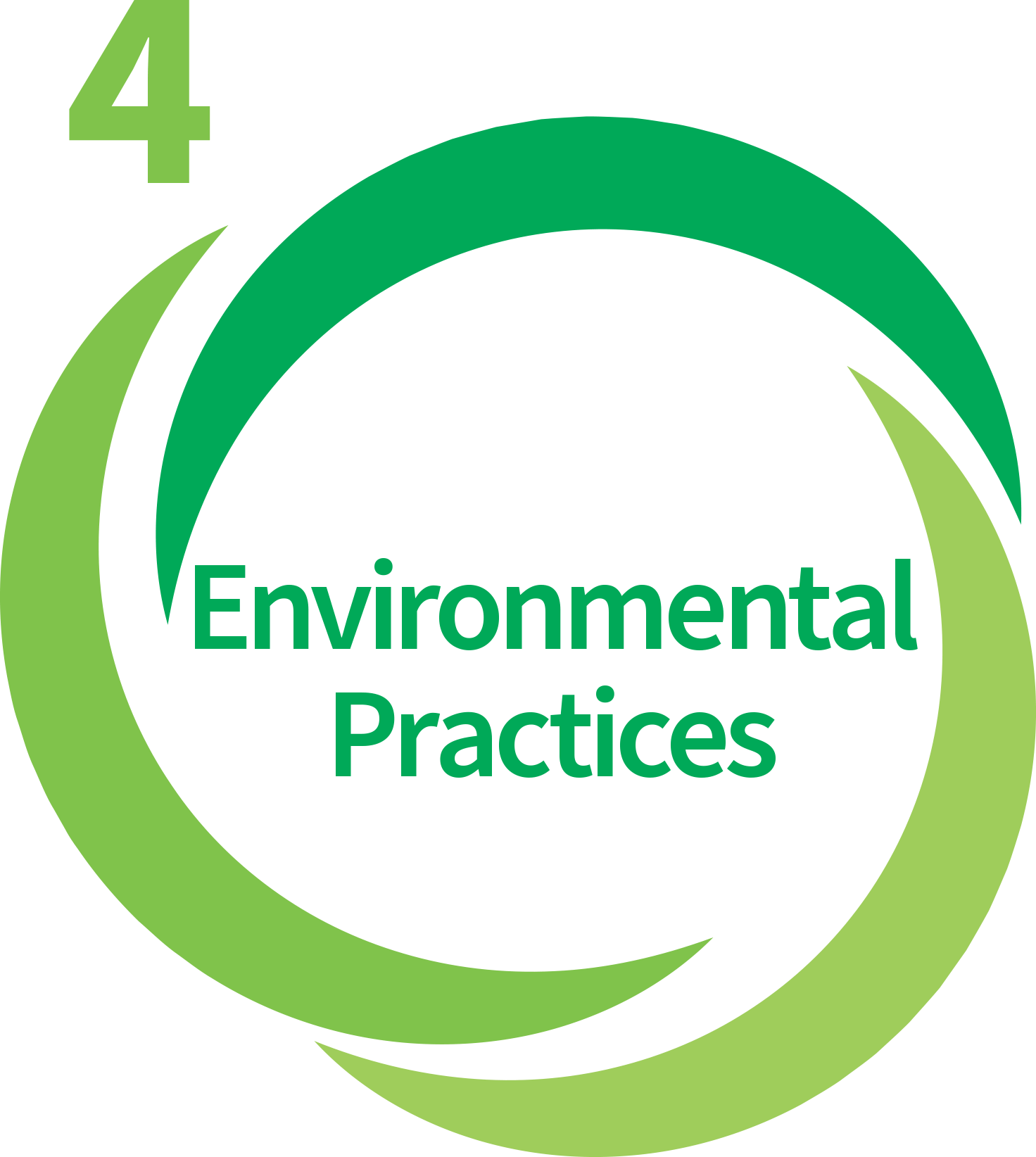

Assessment of Suppliers’ Sustainability Performance
GRI (308-1)
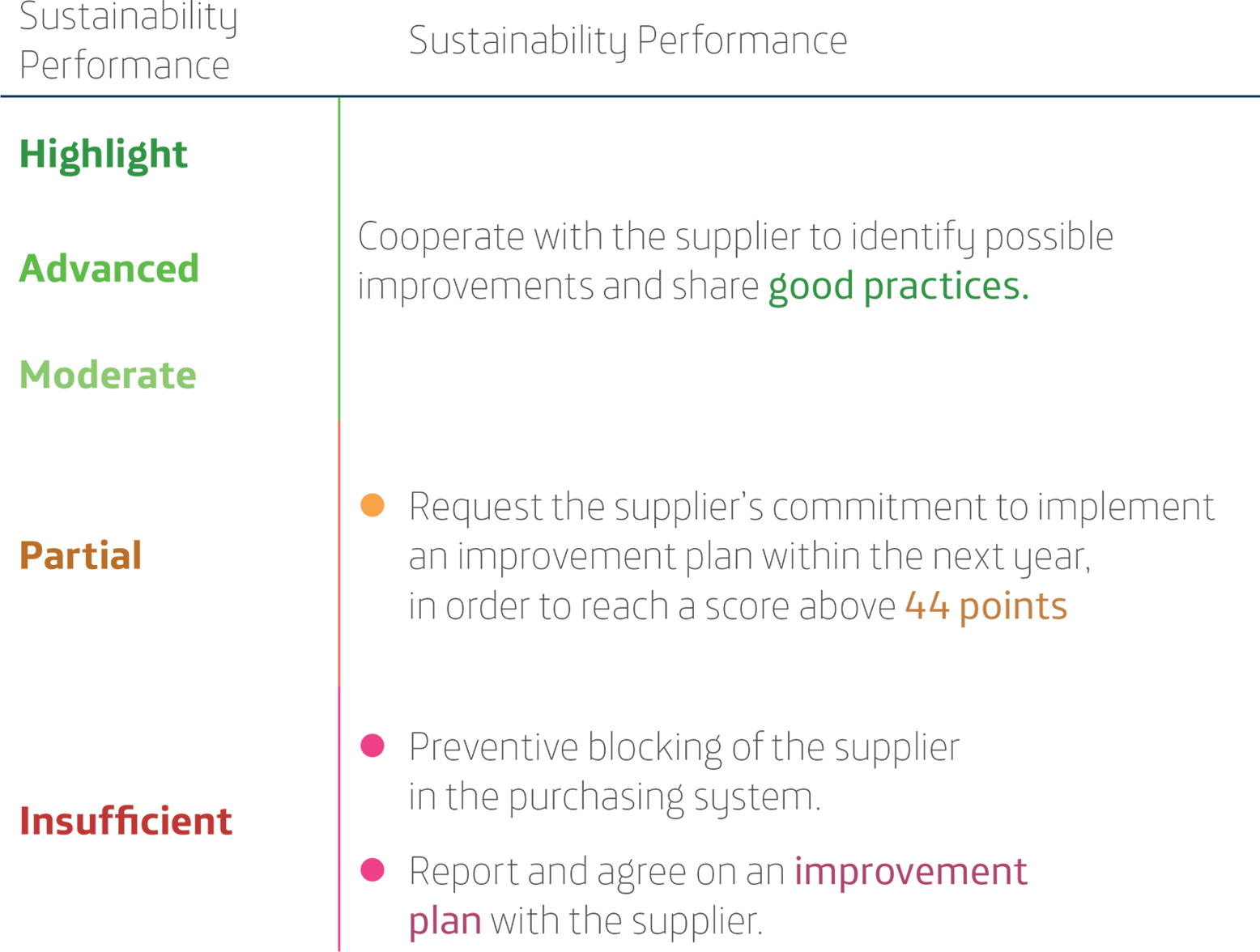
These results provide the supplier a diagnosis that enables it to define an action plan and carry out its own assessments on its environmental, social, ethics and corporate governance performance, and with its own supply chain.

Audits to Suppliers
21 on-site audits were carried out, based on which action plans were identified and designed to verify and eliminate the root causes of the deviations. Special emphasis was placed on reviewing the COVID-19 biosafety protocols.
Additionally, the following activities were carried out to ensure compliance with the supply chain requirements:
- Administrative audits of contractors: 563 audits were carried out to assure the Partners’ timely compliance with labor obligations.
- Integrated audits of contractor companies: 8 integrated audits were carried out covering Human Resources (HR), Occupational Safety and Health (OSH), Environmental and Responsible Business Principles.
- Administrative audits for contract settlement:contract settlement audits are carried out to close out the contracts and assure compliance with labor obligations.
- Technical roundtables for the implementation of OSH standards with partners that carry out high-risk tasks, with the following focus areas:
- Electrical Risk Intervention Strategy – Partners
- Update of the Pillars of Road Safety (PESV, for the Spanish original)
- Confined spaces
| Activity | Technical roundtable with partners (critical activities) |
|---|---|
| Number of sessions | 2 |
| Number of partners | 19 |
| Total Participants |
69 |
- Partners are provided Orientation to promote compliance with the ethical, labor, safety and health, environmental and other requirements included in the Sustainability in the Supply Chain Policy and the Responsible Business Principles. It is carried out with new partners upon initiation of operations.
| Activity | Inducción Aliados |
|---|---|
| Number of sessions | 2 |
| Number of partners | 4 |
| Total Participants |
19 |
Partners’ Academy
Process to obtain the Authorized Economic Operator (OEA) certification
The OEA certification involves carrying out effective actions to prevent illegal activities in the internal supply chain such as smuggling, money laundering, drug trafficking, terrorism, arms trafficking, among others. The Company submitted to the National Tax and Customs Administration (DIAN, for the Spanish original) the supporting documents for the requirements to qualify as an authorized economic operator, and has issued timely responses to requests for additional information. The review by DIAN is pending.

8.4 We reconnect by motivating the best talent
In 2021, the Company was restructured under a new operating model as a result of the spin-off carried out in November 2019.
On March 1, 2021, the entire organization was informed of the implementation of this new cross-cutting operating model that enables us to grow, become stronger and react quickly to changing market realities.
The implementation of this model implies capturing value at a regional scale, making available to all the countries the best talent, incorporating the best operating practices, moving forward in the simplification of processes and excellence, to focus on the most successful products, technologies and marketing strategies.
The purpose of all the above is to achieve the targets proposed in the 2021-2022 strategic plan. As a result of these synergies, during 2021 a termination plan was executed involving 289 people of the Colombian operation.
GRI (102-10)
It is important to keep in mind that all the data in this chapter are based on the Company’s staff at December 31, 2021. Income and turnover indicators exclude temporary workers and interns.
Movistar Talent
Employees by type of contract:
Total number of employees
by type of contract and sex
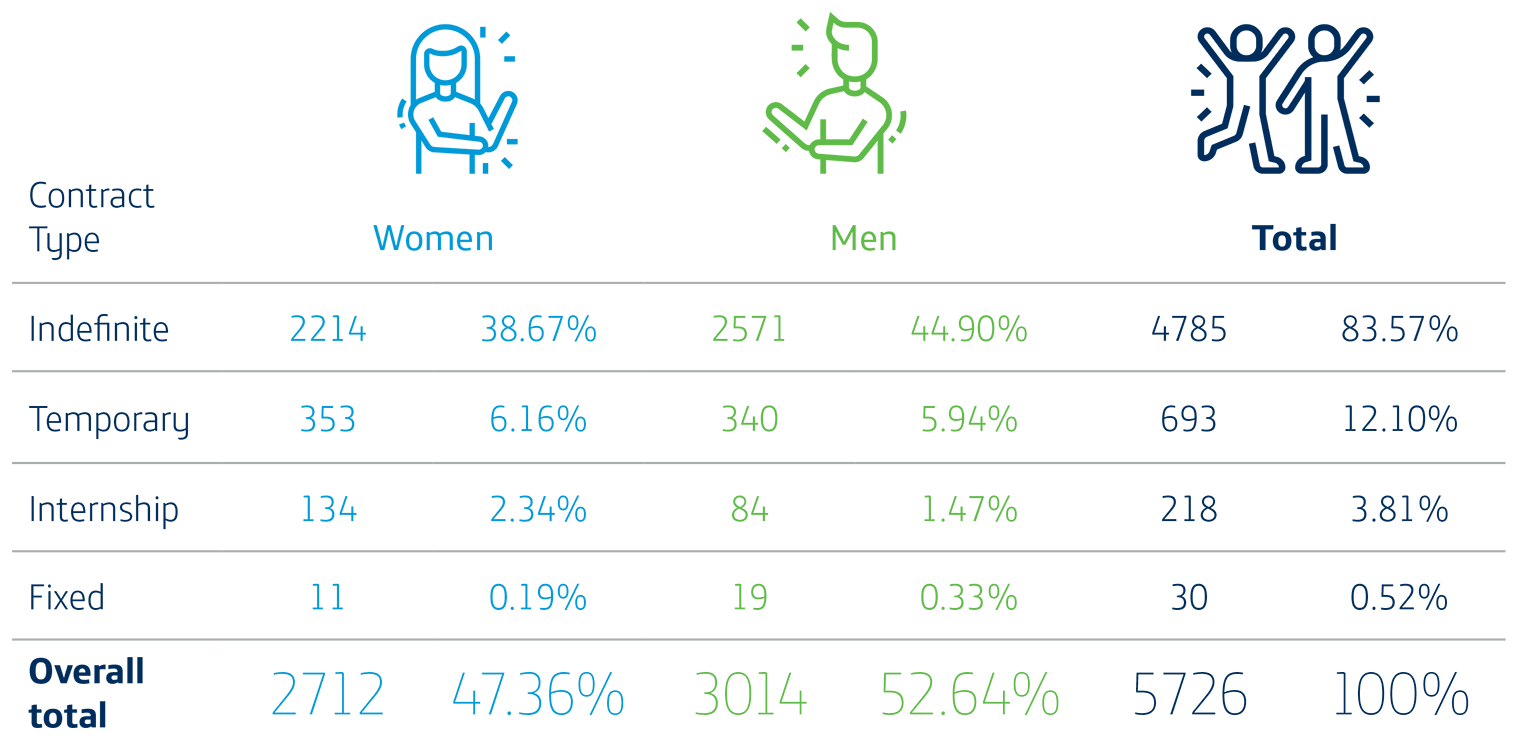
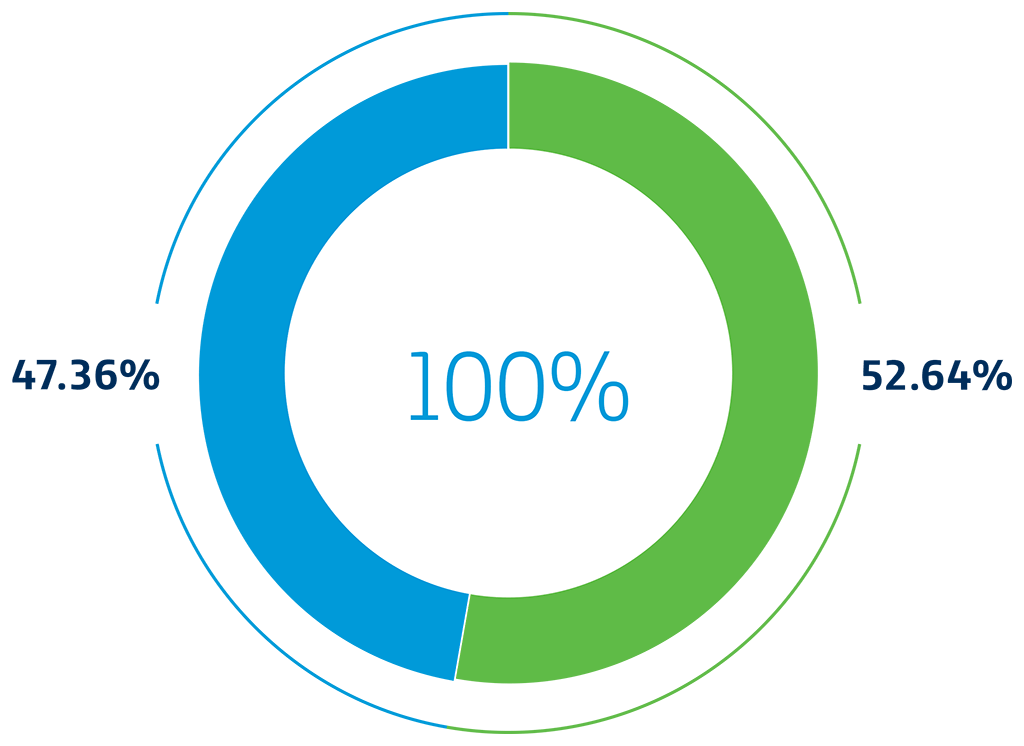
Employees by type
of contract and region:
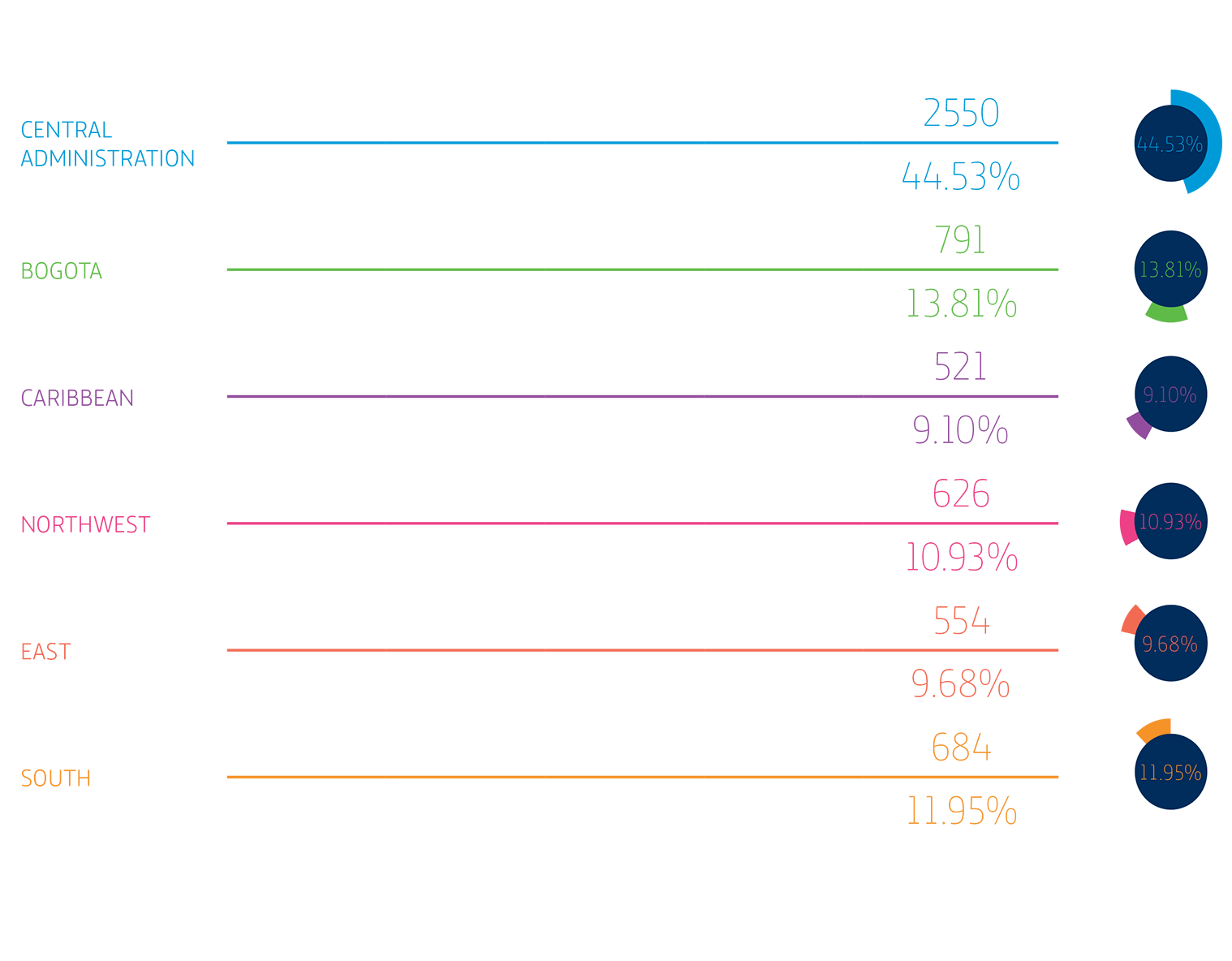
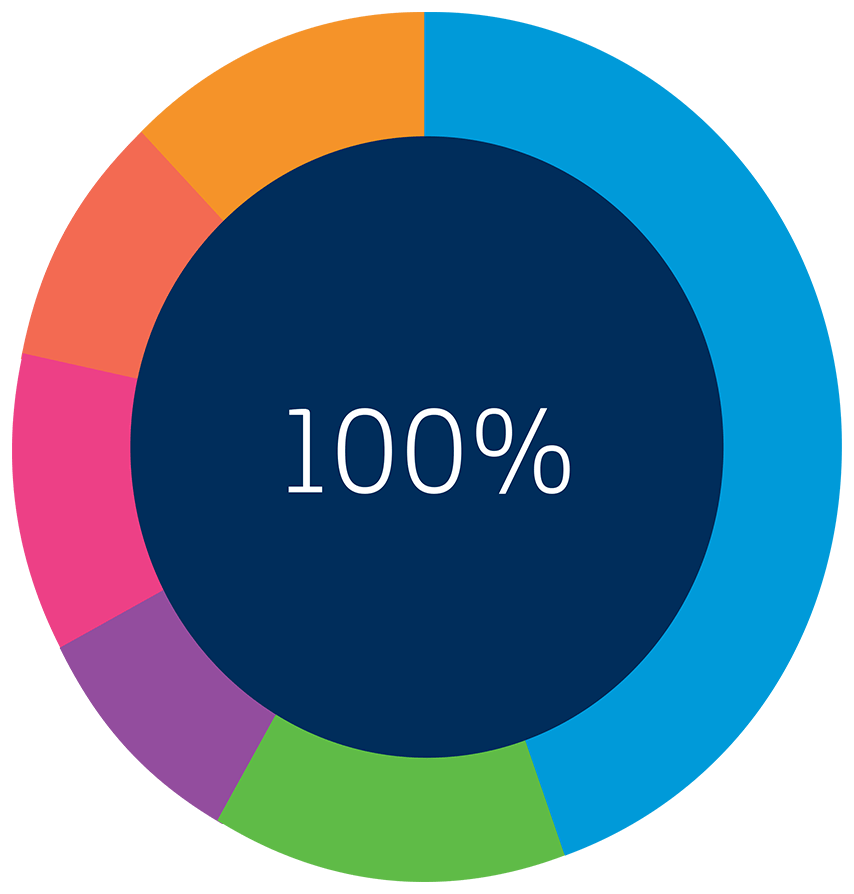
Total number and rate of new employee hires during 2021 by age group, sex and region
GRI (401-1)
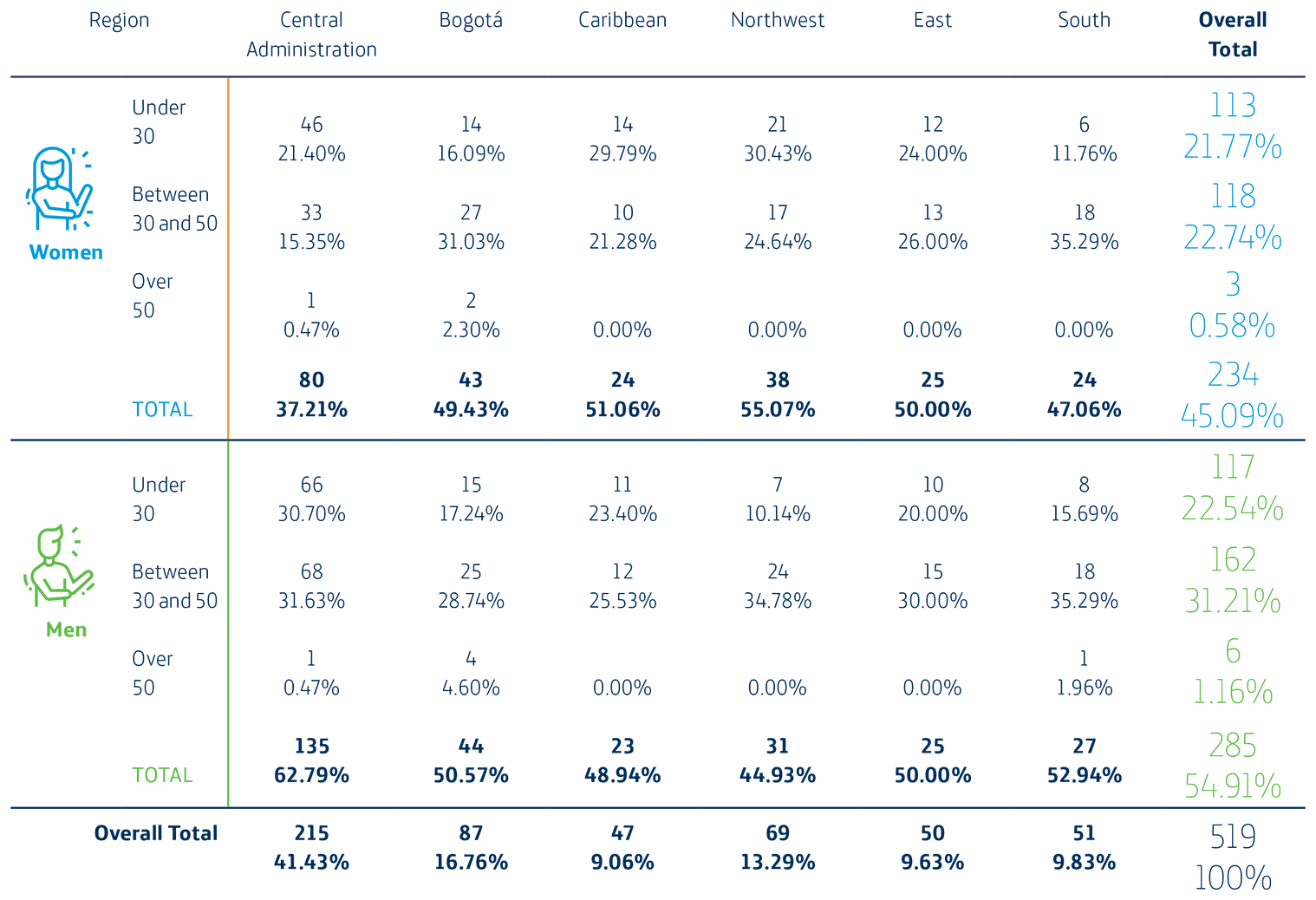
*Excludes interns and temporary workers
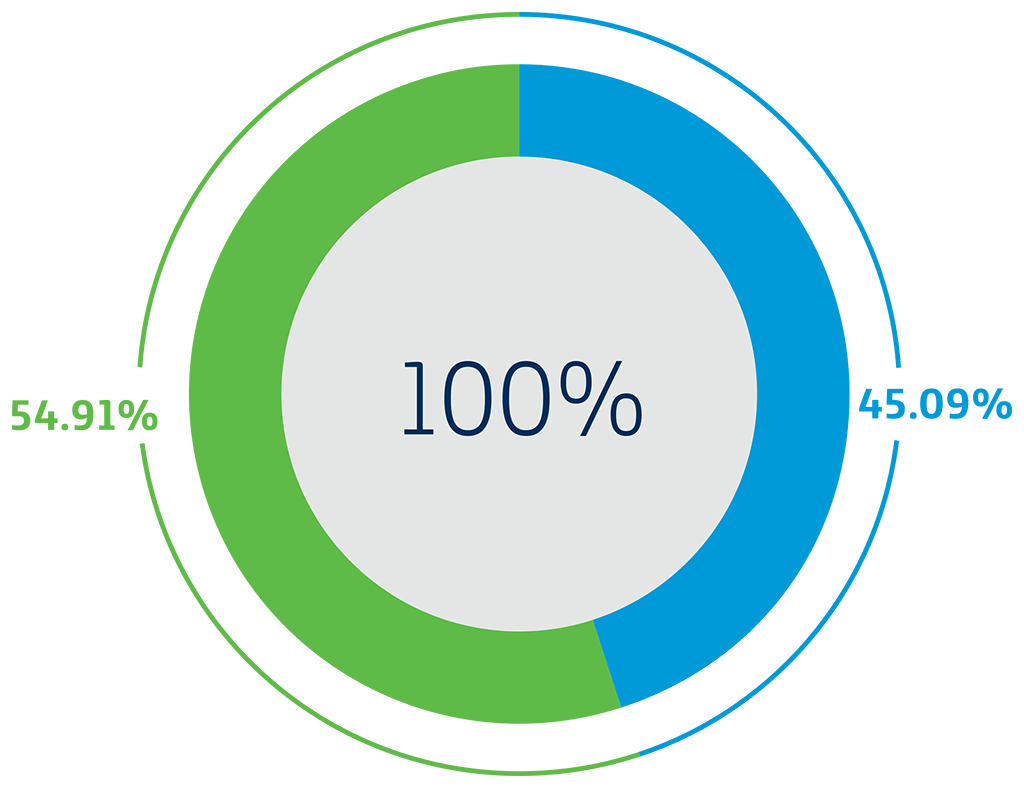
Total employees and turnover rate during 2021 by age group, sex and region
GRI (401-1)
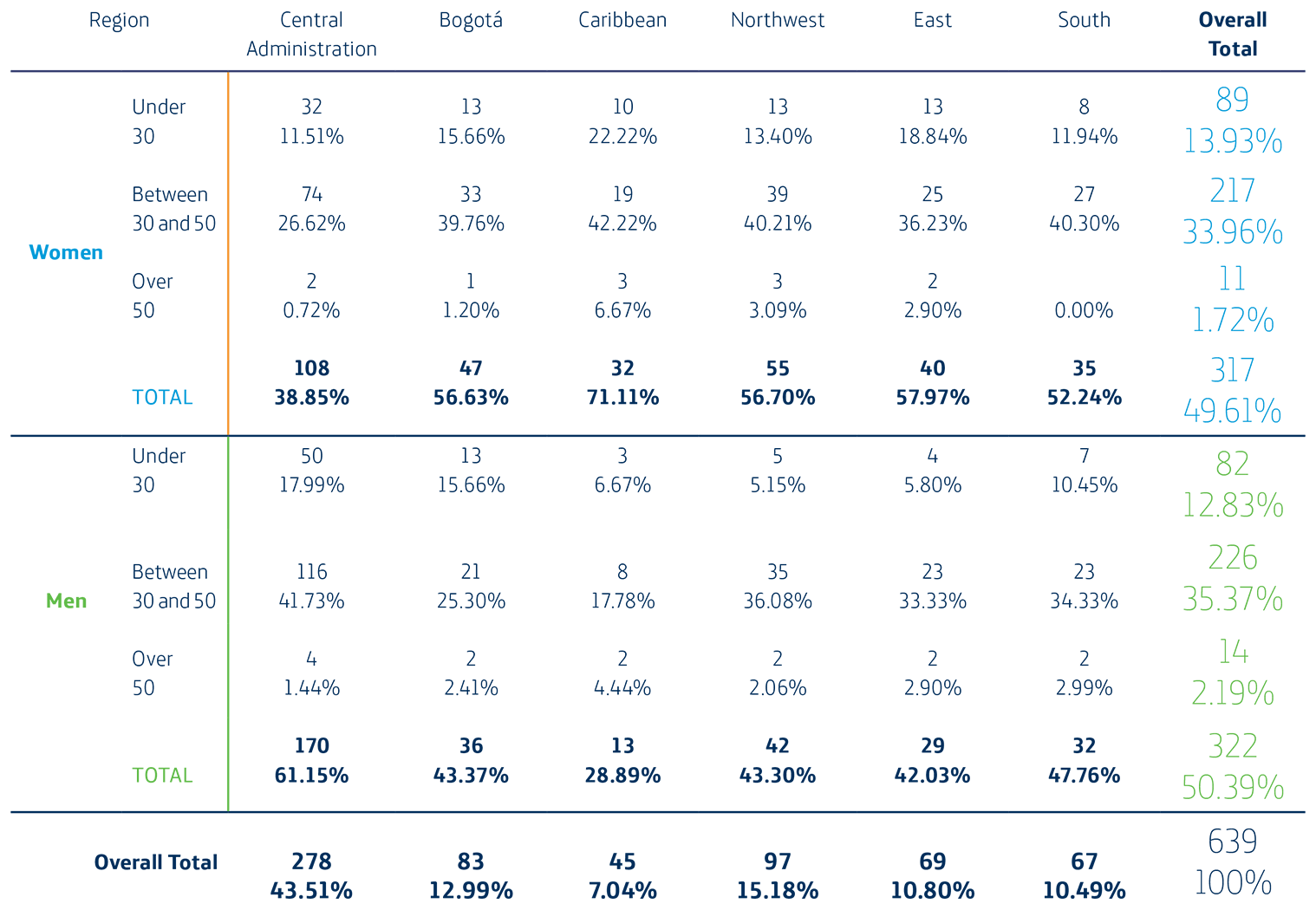
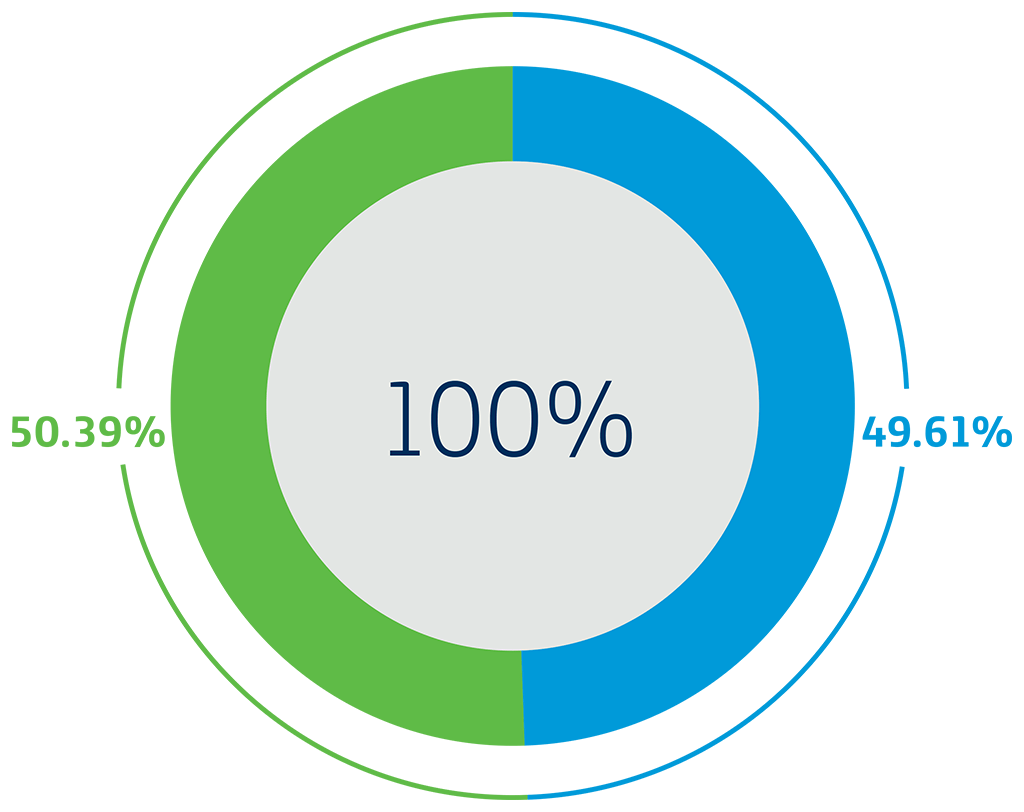
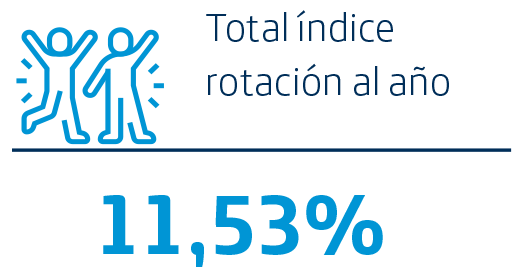
Driving diversity
The Company has incorporated diversity management as a key element of its global strategy, and it has done so because it is convinced that promoting the diversity of its teams and an inclusive leadership style, in addition to being consistent with the principles of social justice, offers important advantages to the business: it enables attracting and retaining the best talent, promotes innovation and brings us closer to a diverse and changing society.
Diversity and inclusion are therefore cross-cutting elements in talent management and this commitment has been confirmed through the launch of the Global Diversity and Inclusion Policy, which is framed in the Responsible Business Principles, which states the firm commitment to equal opportunities and non-discrimination of people in all areas of the Company, categorically taking a position against any conduct or practice associated with prejudice in connection with, among others, nationality, ethnic origin, color of skin, marital status, family responsibility, religion, age, disability, social status, public opinion, serological and health status, gender, sex, sexual orientation, and gender identity and expression. It should be highlighted that in 2021, no claims were reported related to discrimination.
GRI (406-1)
In line with these principles, a Diversity, Equality and Inclusion (DEI) strategy has been adopted, which focuses on creating a suitable workplace environment that through experiences (programs, activities and initiatives), actively recognizes, promotes and maximizes the egalitarian values of all those who are part of Telefónica Movistar Colombia. The focus areas of this strategy are: gender equality, youth, LGBTQ+ community and people with disabilities.
Gender Equality
One of the Company’s big commitments is to close the gender gap, and it has consequently developed a plan to include increasing numbers of women in leadership positions in the organization. To this end, key indicators have been established for female talent management, especially in decision-making roles.
Strategies, plans and activities are therefore designed to contribute to making progress towards the equality between men and women. In line with the above, and with the aim of achieving an environment of equal opportunities, the commitment to increase the number of women in leadership positions has achieved a 38.8% increase at year-end 2021.
Percentage of women
in leadership positions:

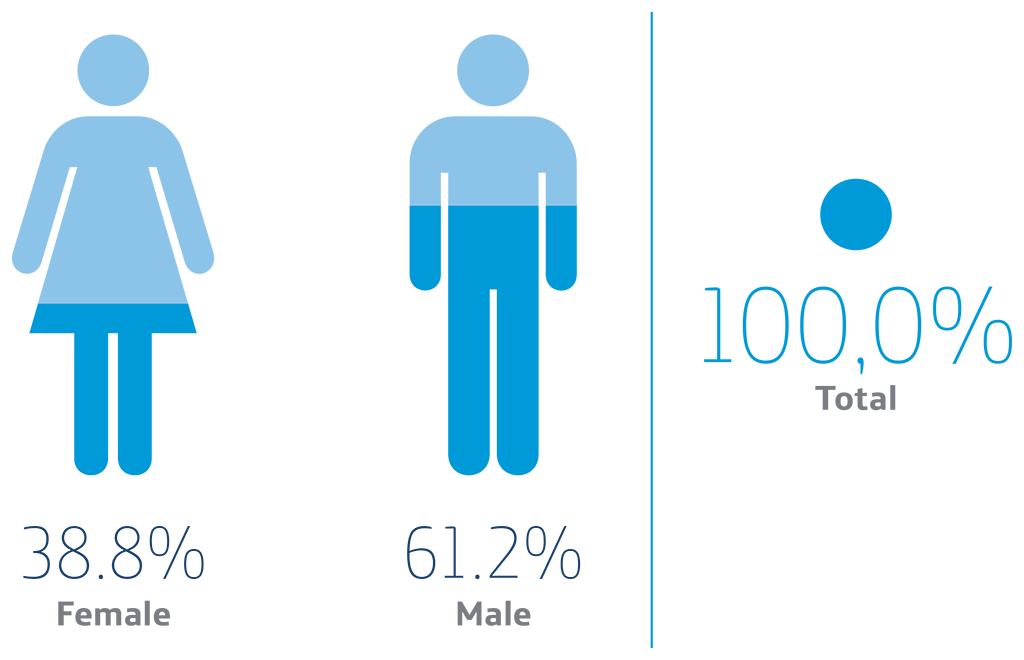
This path was cleared through the following initiatives:
- Bias-free recruitment and selection by means of tools that create equal opportunities for women and men through training of the recruitment and selection teams and inclusive interview manuals.
- Promotion of campaigns to increase the number of women in STEM areas, with the launch of Mujeres en Red, an initiative that was born in Telefónica Perú, and which, in view of its great success, has been replicated in Colombia, Argentina and Venezuela.
- Female leadership programs focused on developing women’s skills to take on positions with more responsibility and to assist them in breaking the glass ceilings. Talentia ended with great success, with over 100 participants in its three editions, to be replaced by Futura, a program with the same conviction, but a regional reach aimed at participants from 8 countries. At year-end there were over 60 participants.
- Inclusive Communications Manual, which includes guidelines for non-sexist and inclusive language that is free from gender stereotypes.
The Company also participated in the Diagnosis of Spaces Free from Sexual Harassment (ELSA, for the Spanish original), a tool that uses big data and artificial intelligence to help develop an innovative strategy to prevent sexual harassment at the workplace. Also, with the government’s Safe Spaces initiative, the Experience Centers in Bogotá were made available to work together on the eradication of violence against women, young women and girls.
Promoting Young Talent
During 2021, Telefónica Hispanoamérica partnered with One Young World to launch the “Movistar – OYW Digital Inclusion Scholarship,” which supported 12 young leaders who are promoting digital inclusion initiatives and in so doing helping to close the digital gap in Latin America in innovative ways. Through this initiative, an invitation to participate was issued, offering employees less than 30 years old to become mentors for those receiving scholarships from One Young World.
LGBTQ+ Community
The Company develops safe workplaces for members of the LGBTIQ+ community by promoting respect and non-discrimination. In 2021, this commitment was reinforced through different activities:
- Relaunching of extensive benefits for the LGBTIQ+ community (wedding time, mourning time, homoparental license, school leaves, among others).
- Hosting of workshops, talks and seminars to promote diversity and inclusion, Including topics on sexual orientation diversity, which was very well received by the employees.
- Deployment of communications campaigns to raise awareness on respect and inclusion of members of the LGBTIQ+ community, such as lighted billboards at offices and the Movistar Arena.
- Participation by a spokesperson in panels to share and learn about good practices on diversity and inclusion.
People with Disabilities
Movistar promotes the incorporation of people with disabilities and accessible service for this community. In 2021, activities included:
- Design and implementation of a strategy of access to mobile and digital services focused on the needs of the population with disabilities.
- 37 accessible Experience Centers (5 enabled in 2021) nationwide, where specialized assistance is provided to people with disabilities to acquire and/or provide advice on products and services, as well as address requests or petitions by customers and users with disabilities.
- Integration of SERVIR, the sign language interpreting service managed by the Colombia’s National Federation of the Deaf (FENASCOL, for the Spanish original) to assist hearing impaired people at the 37 accessible Experience Centers.
- Raising awareness on disabilities through talks and roundtables within the organization.
- In 2021, the Company had 17 employees with disabilities, according to the certificate issued by the Ministry of Labor.
Percentage of employees broken down by employee category and age group
GRI (405-1)
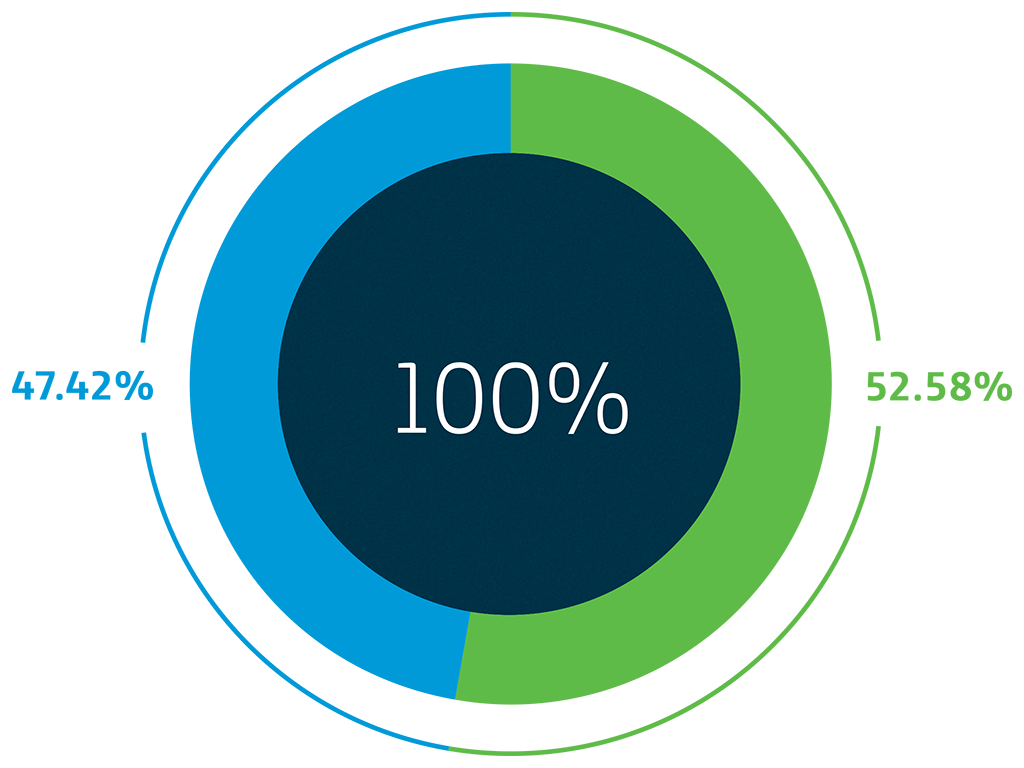
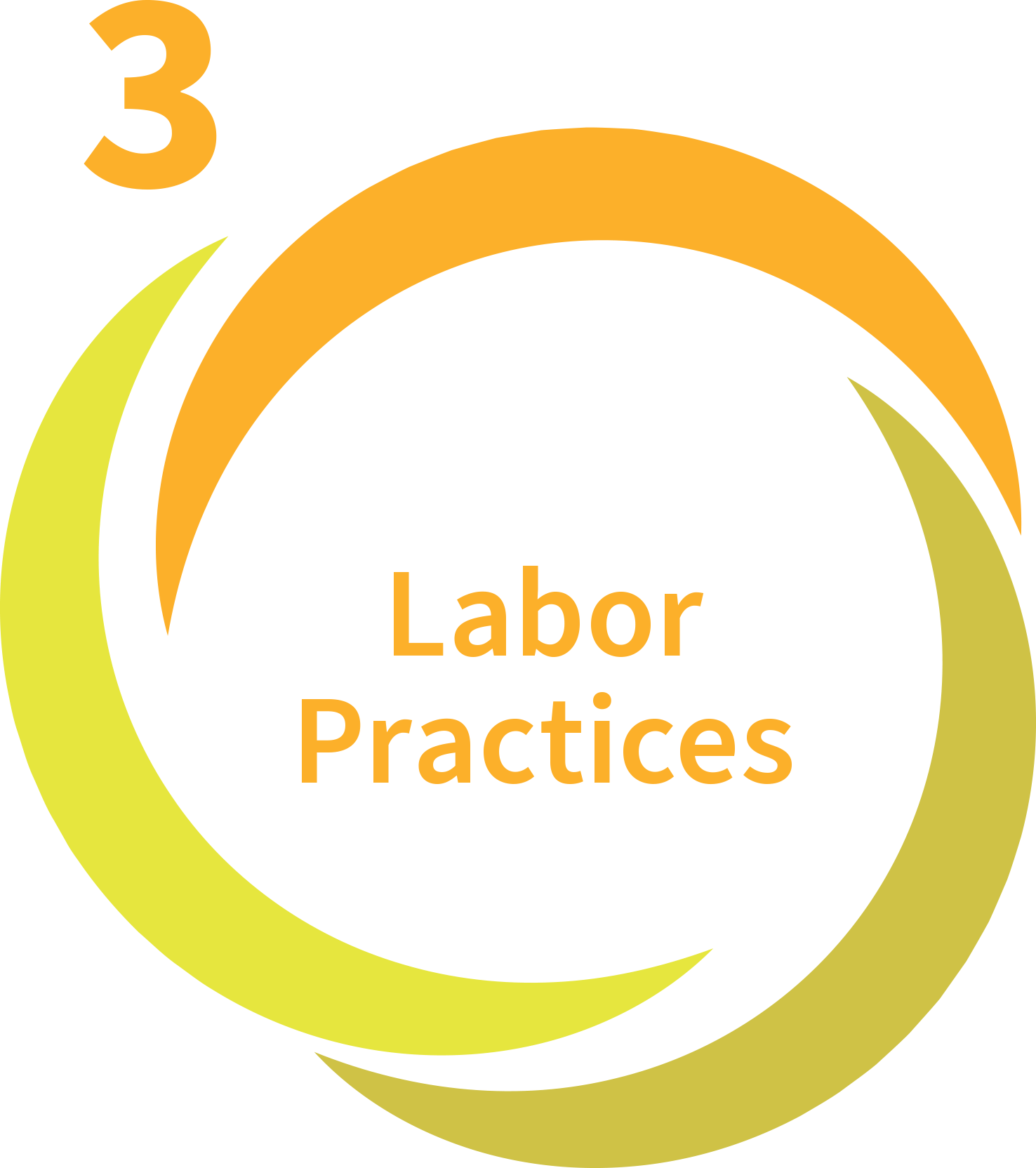
Salary Remuneration
A key activity for a BIC company is to focus on reasonable salary remuneration and assess the differences. Movistar has a jobs description and assessment tool designed by Hay Group (international consultant), that provides documented records on the contents of the organization’s positions, based on which, through an assessment process, it assigns a score for the effects of making comparisons with the local job market and define its impact within the organization. This tool is one of the key pillars for developing the Company’s salary structure and for defining its salary payment policies.
In 2021, the remuneration equality index, which compares the total average remuneration of men and women, was -0.80%. The negative value of the index means that the average remuneration of women was higher than the average for men. Every year, the salaries of eligible direct employees are reviewed, in accordance with the guidelines defined by the Company for the assessed year. To ensure the transparency and integrity of the Company’s salary review process, the following key criteria must be followed: budget and market; taking into consideration external competitiveness, internal equality (between the same position levels), position in the band and performance evaluation.
Well-being and Work-Life Balance
eNPS 2020 86
eNPS 2021 81 5PPVS 200
Through the Momentos Movistar quality program and UNO, the Company aims to contribute to the effective equality of men and women, seeking balance and compatibility in different areas of life: employment, family, leisure and personal time.
UNO is a time benefits program that allows all direct employees of the organization, including student interns and SENA apprentices, to schedule 1,000 credits each year and enjoy the benefits of their choice, according to their needs and interests. The purpose is for the employees themselves to plan their time, decide how many credits to use and how to manage them, in order to enjoy more free time with their loved ones and achieve a better work-life balance.
On the other hand, Momentos Movistar offers a portfolio of products, fun activities and different experiences for all direct employees, which can be scheduled depending on the employee’s tastes and interests, under a credit redemption arrangement. It has an individual, group and family nature.
- Indicator that measures the employees’ willingness to recommend the Company as a place to work to friends and acquaintances.
UNO Benefits
Program that allows each employee to achieve a better work-life balance.
In 2021, 84% of the staff members redeemed their points in the UNO Quality of Life Benefits Plan.

General Schedule
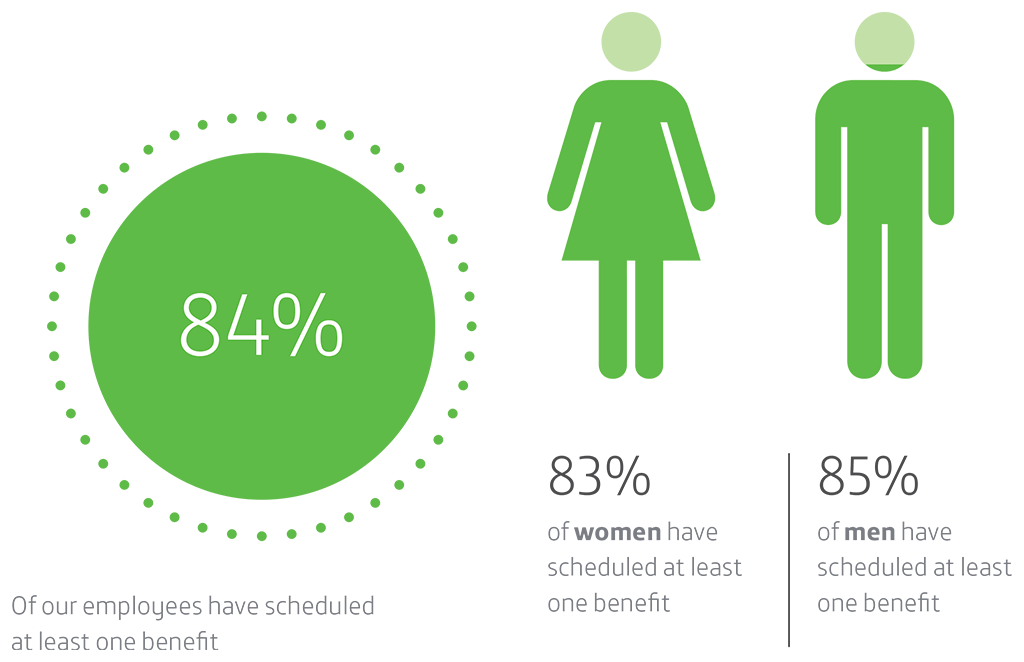
Schedule of regional offices
Experience Center Schedules

The indicators also show that 86% of Experience Center employees enjoyed these benefits. This percentage has increased and is above the overall average, which demonstrates that good communications have been achieved, both with the leaders and the employees themselves.
Momentos Movistar
Catalog of experiences and/or products that allows employees to redeem points according to their preferences.
Indicators of the Momentos Movistar program at the end of 2021:
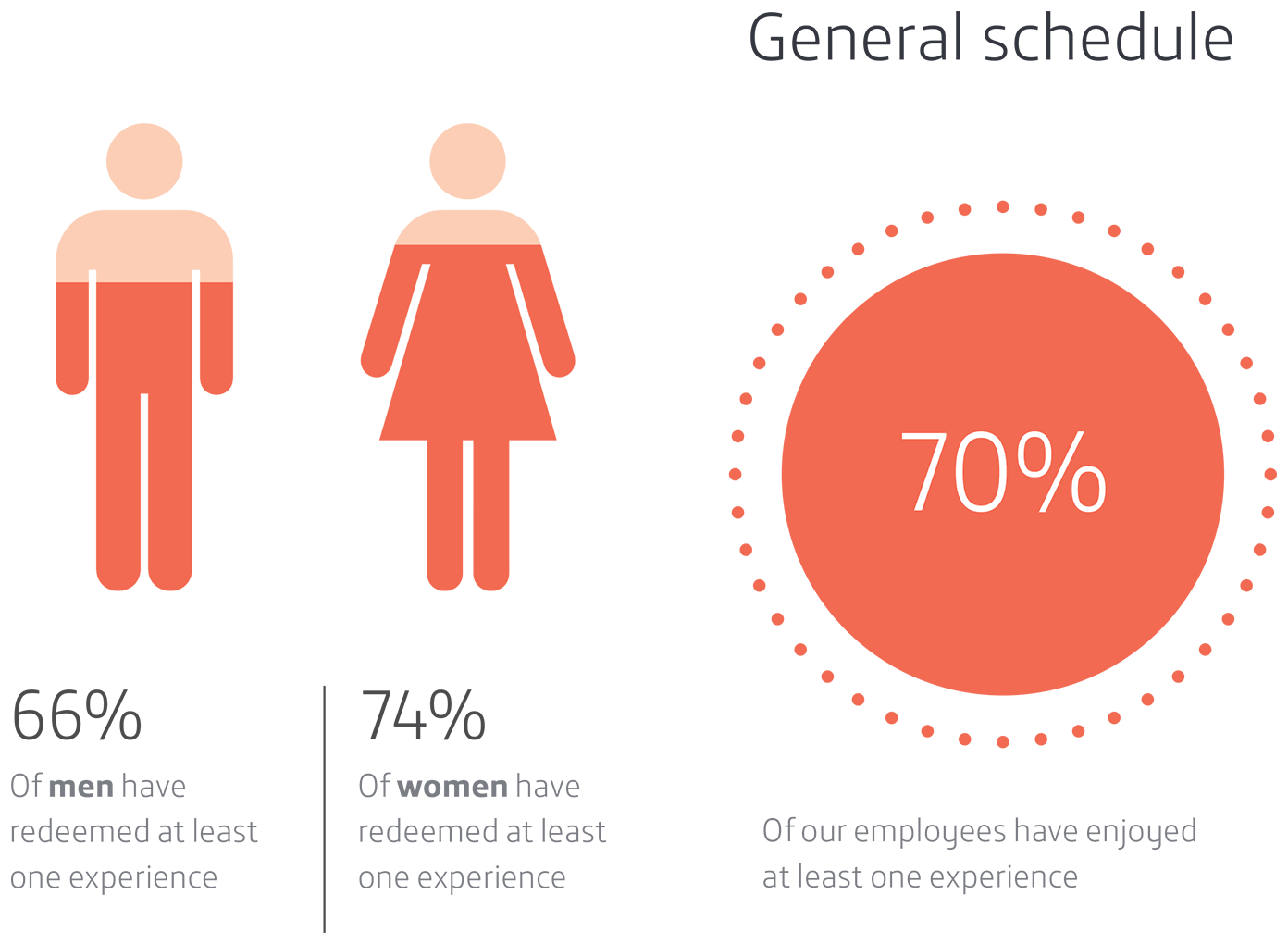
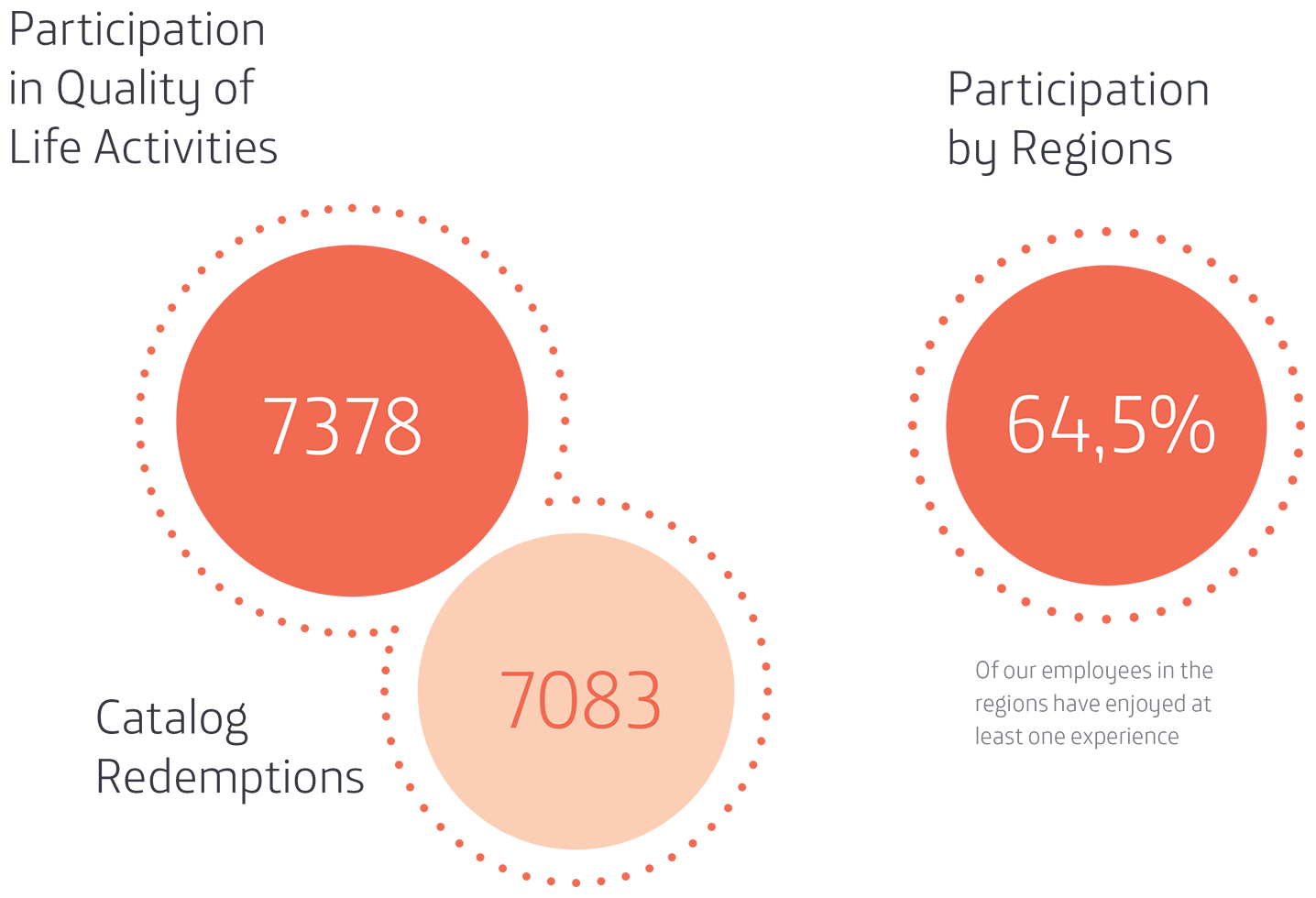
The Company offers options of flexible hours, remote work, and initiatives that promote people’s quality of life with time off and experience benefits, such as the UNO Program and Momentos Movistar.

Flexible Hours
Another priority for a BIC company is to offer flexible work hours and remote work options, without affecting remuneration.
Before becoming a BIC company, new models had already been designed that contribute to flexible hours. The employees can choose the option that best fits their tastes, with four shift options, and Fridays from 8 a.m. to 2 p.m. with no breaks.
Additionally, on September 6, 2021, the voluntary return to the office pilot was launched at the administrative offices in Bogotá, and later, in late November 2021, the hybrid return to the office began under the motto of “the best of both worlds.” Divided into two groups, one employee group works at the office on Mondays and Tuesdays, while the other group is at the office on Wednesdays and Thursdays, and the rest of the time they work from home, while maintaining all the benefits described earlier.
Learn to manage your time at home
1
Flexible hours continue to be available when you work from home:
6:00 a.m. a 4:00 p.m
7:00 a.m. a 5:00 p.m
8:00 a.m. a 6:00 p.m
9:00 a.m. a 7:00 p.m
2
If your role allows it, on Fridays you can work from 8 a.m. to 2 p.m. with no breaks.
3
Schedule meetings so that they end 5 or 10 minutes early so you can have a space between meetings.
4
Respect your shift and that of your co-workers (lunch, start and end of the shift and weekends).
# Conectandos Con Tu Bienestar
Performance Evaluations
For Movistar it is highly important to have a solid and consistent salary structure that recognizes individual performance, and that values the importance and impact of each position in the organization. To this effect, the Company has a performance evaluation process in place for all its employees. The same performance evaluation model is used for all employees.
At the end of 2021, the percentage of employees who had received performance evaluations was 98%, distributed as follows:
Percentage of total
employees by sex:
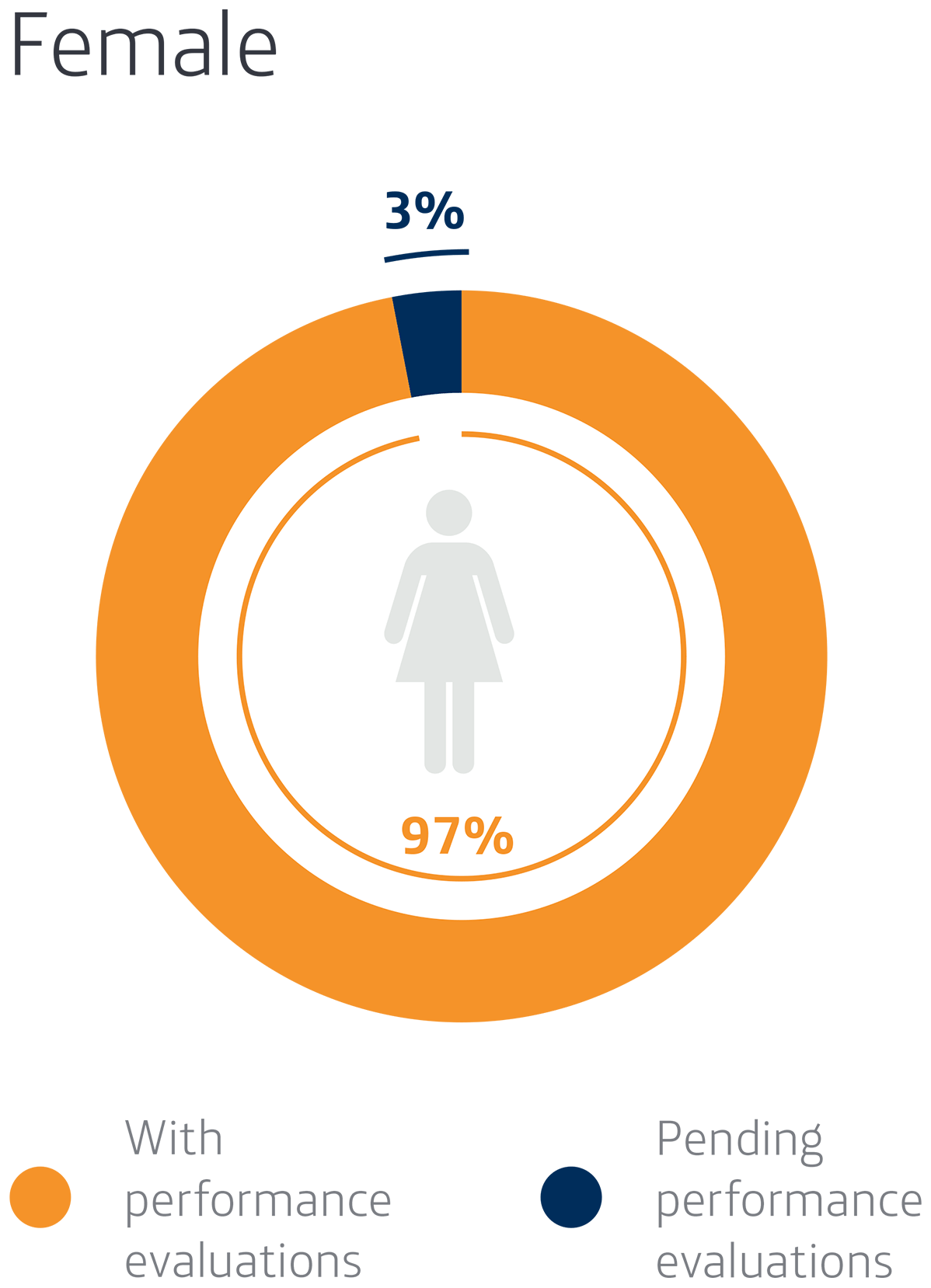
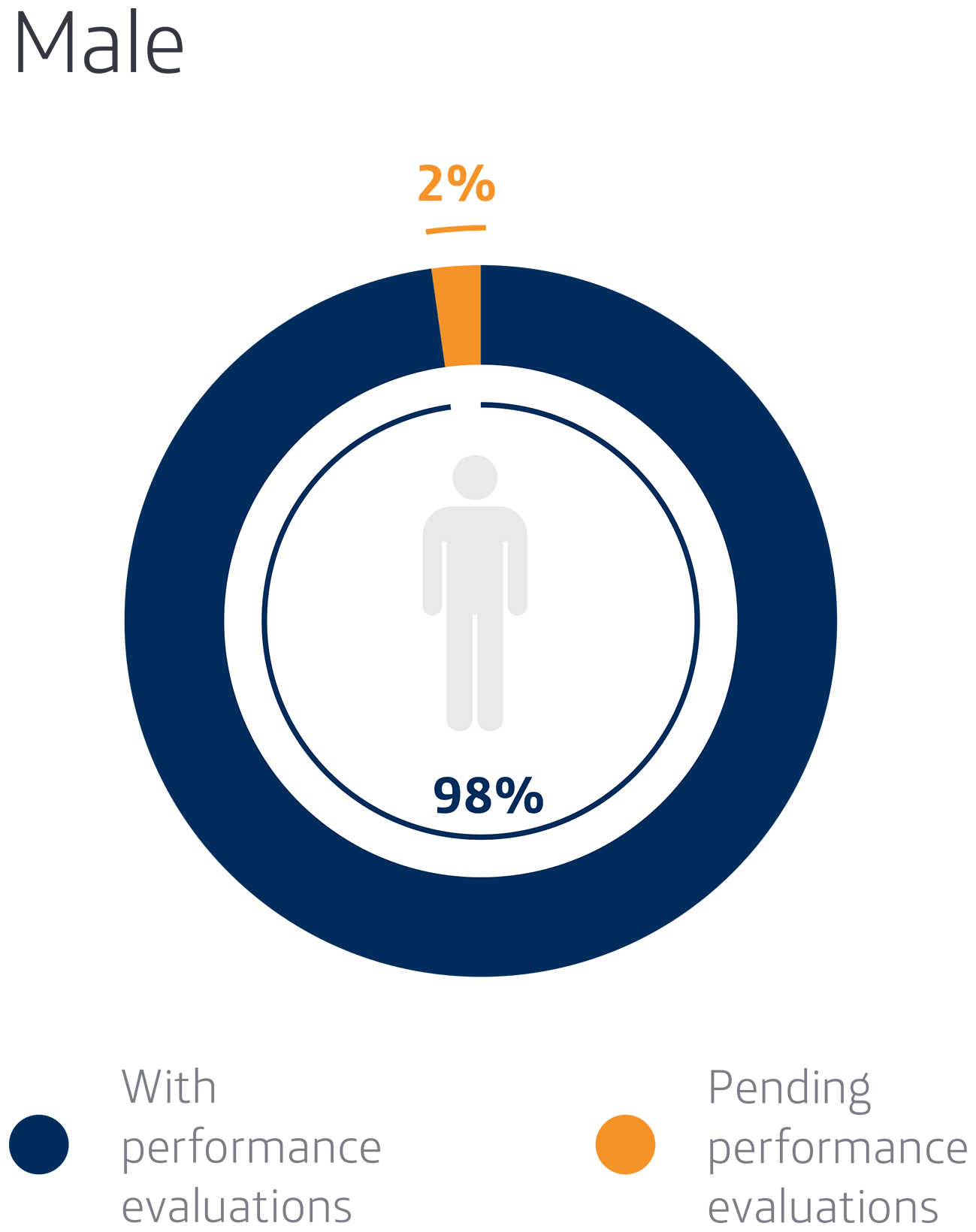
Overall total
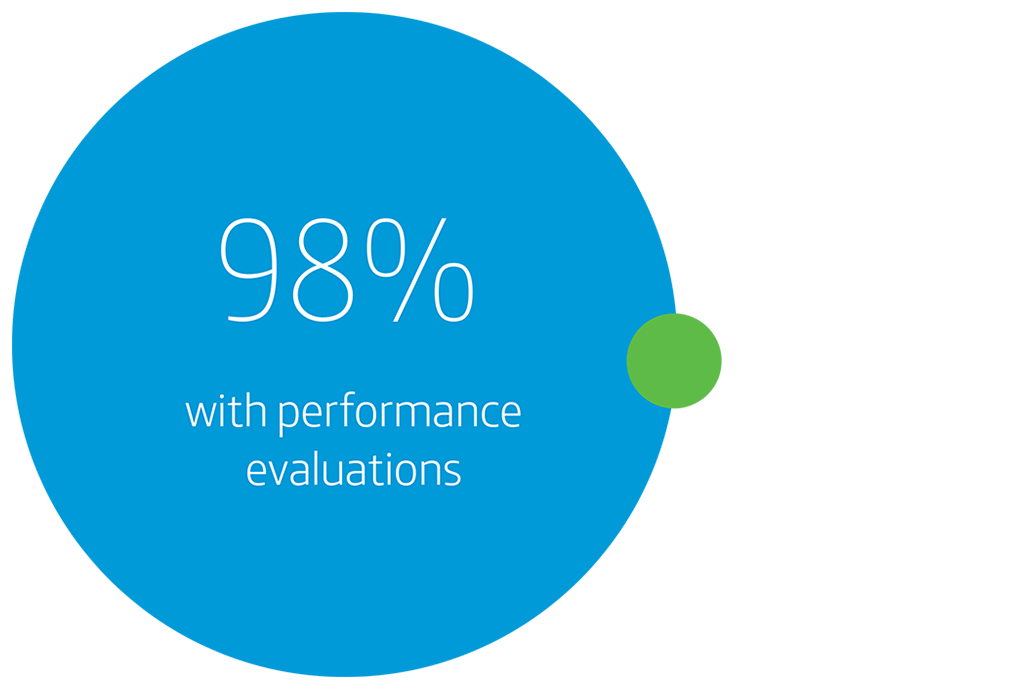
Training and Performance
The Company acknowledges the importance of training all people
to face this new digital world.
Digitalization is definitely having a strong impact on the world of work, requiring new digital skills, new specialist profiles and the appearance of new professions. This implies a strong commitment to the continuous training of our main asset: our employees.
Training for the development of skills and knowledge at Telefónica Movistar Colombia has been carried out mainly through e-learning programs, as well as synchronous webinars hosted by internal and external trainers.
At the end of 2021, 93% of the staff had participated in at least one training activity, and the average hours of employee training by sex and job category was as follows:
Coverage of
active staff:
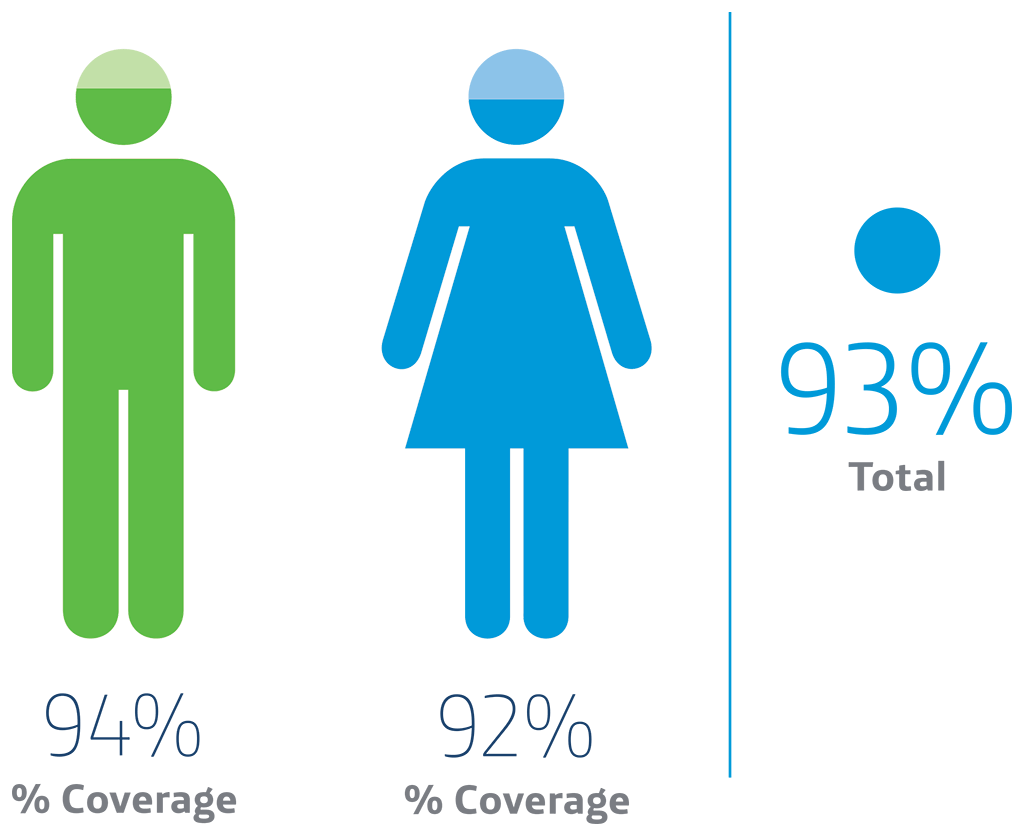
Hours of training
for active staff by gender:
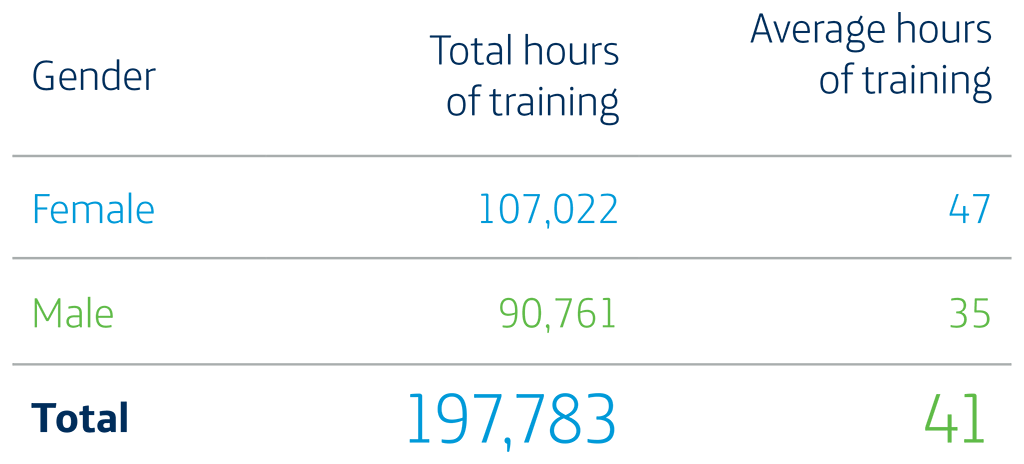
Success Factors Platform
This is the e-learning platform used by the entire Telefónica Group to offer all its employees corporate training, aimed at ensuring knowledge of Telefónica’s strategy, while at the same time covering personal and specific training needs. In 2021, the training coverage rate was 93%.
UNIVERSITAS Telefónica
Universitas Telefónica is the Group’s university training campus, where the organization’s executives and leaders assimilate the Company’s culture. Year after year, Colombia Telecomunicaciones offers a number of places for its leaders to attend the training programs at the corporate university.
In 2021, over 25 synchronous training programs were offered on the focus themes of Leadership, Personal Growth, Virtual Living and Transformation To complete the training offerings of Universitas, Telefónica has developed 3 programs: DesarróllaT (soft skills), Agile Academy (transforming the way we work through agile methods) and Academia Digital (strengthening of digital profiles).
Development on Demand
This is a contest open to all of the Company’s employees, which through a “subsidy” supports the possibility of attending an external training course for employees who have stood out for their performance, their interest in self-learning, and their interest in training their colleagues. In 2021, 107 people received placement in the program, of whom 49 were women and 58 men.
Responsible for Employee health and Safety
GRI (403-1, 403-8)
In Colombia, by law all companies are required to implement an Occupational Safety and Health Management System (Decree 1072/2015), which must cover minimum requirements defined therein, and which are structured under a cycle called PHVA (Spanish acronym for Plan, Do, Verify and Act). Additionally, an annual assessment of the Management System must be performed, and depending on the result (score between 0 and 100), improvement actions must be defined and shared both with the Occupational Risk Insurers and the Ministry of Labor, and which are subject to monitoring. This assessment process is regulated by Resolution 0312/2019.
Colombian regulations on OHS-MS do not require that the system be certified by any international standard, but the Company has considered it beneficial to obtain such certification, on which its compliance score in 2021 was 92.5%.
The OHS-MS is cross-cutting throughout the organization covering all workers, activities and workplaces within the scope of:
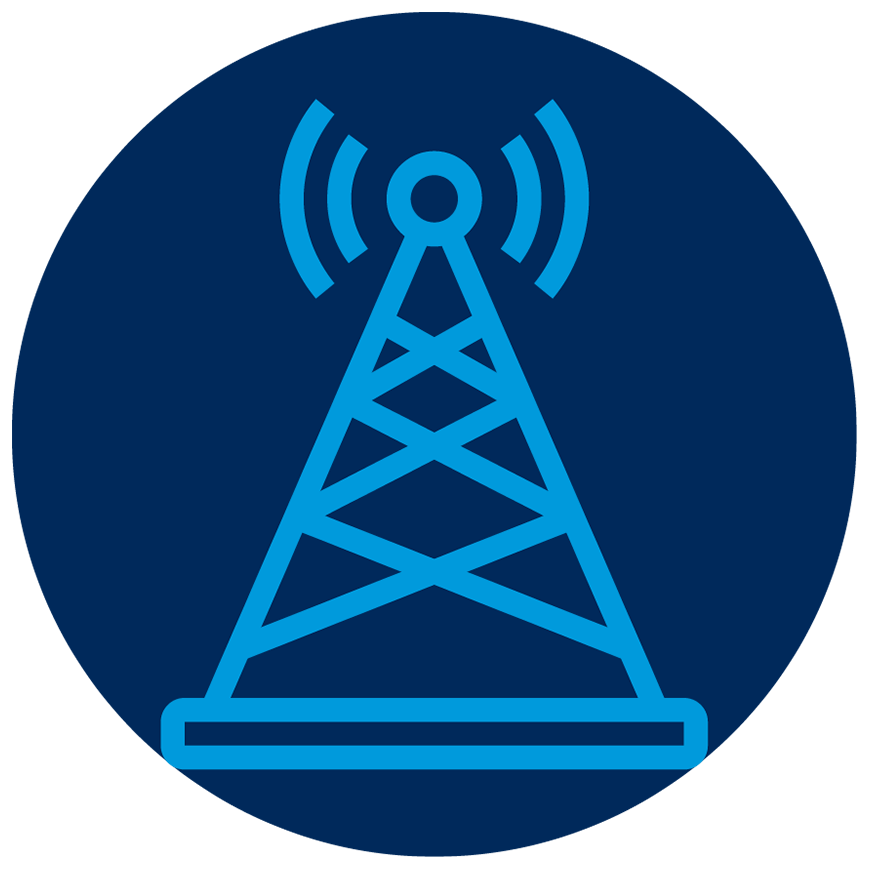
Operator of mobile and fixed communications services at the national level: design, engineering, construction, management, installation, operation and maintenance.
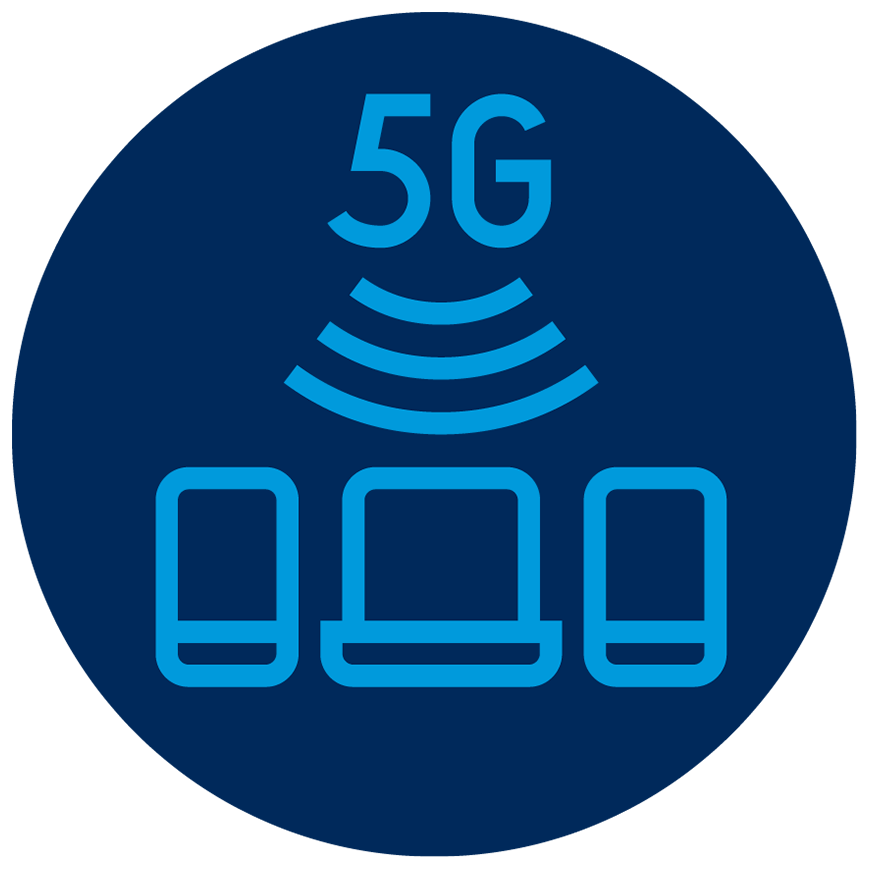
Provision of telecommunications services (mobile, Internet, satellite TV and basic line).
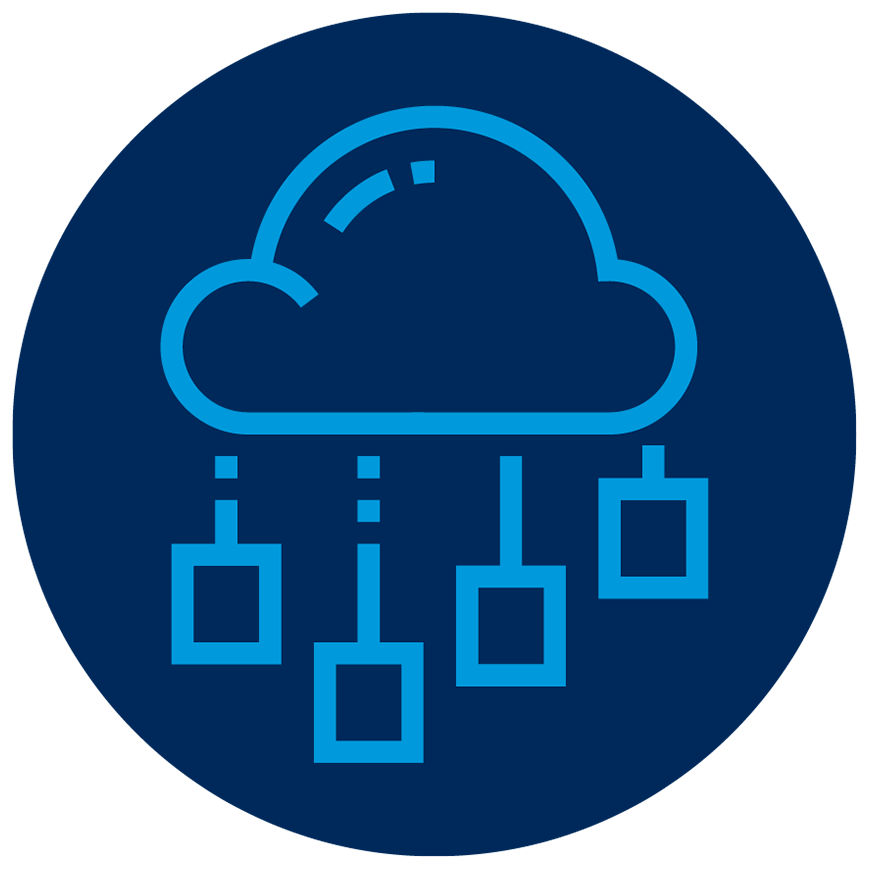
Digital services: Cloud, M2M, Big Data, IOT, Cybersecurity.
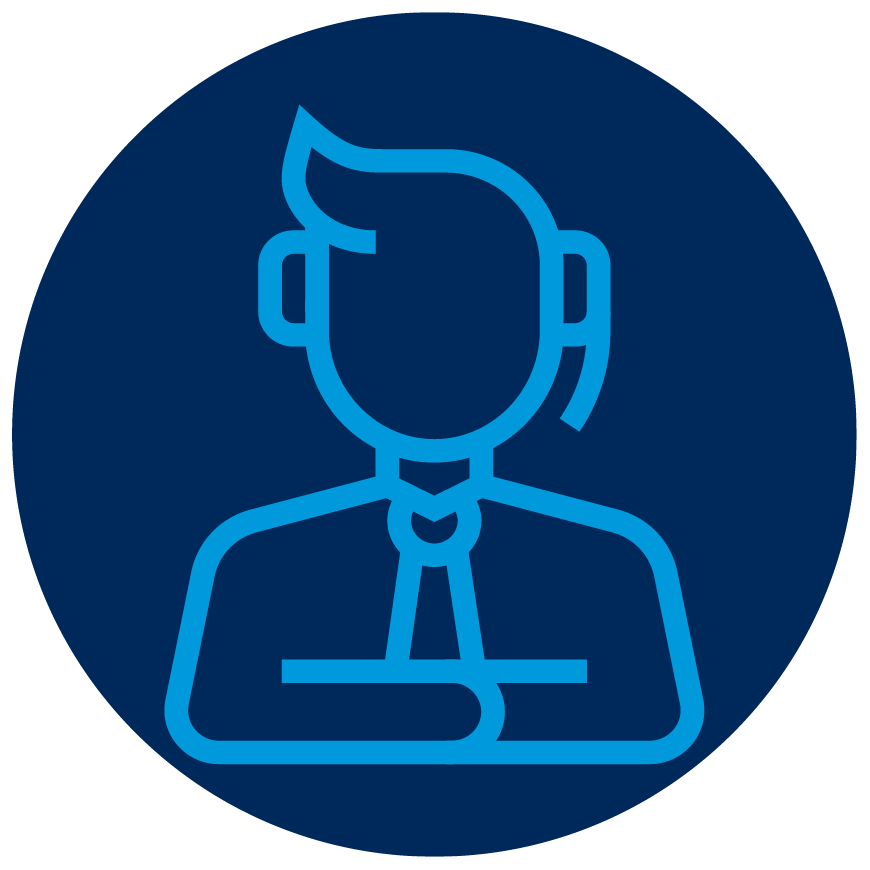
Customer service.
The OHS-MS training and education program focuses on training and/or learning of specific topics related to Occupational Safety and Health depending on the type of position and the risks to which the workers are exposed. The training program includes:
GRI (403-5)
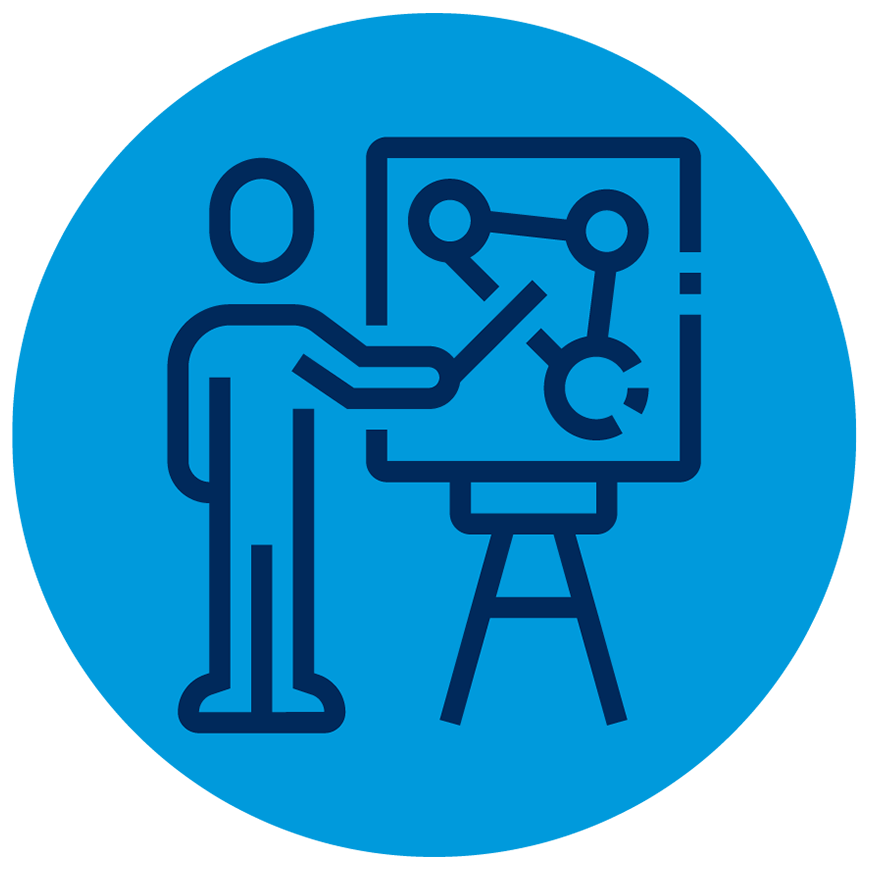
Orientation and reinforcement courses on Occupational Safety and Health.
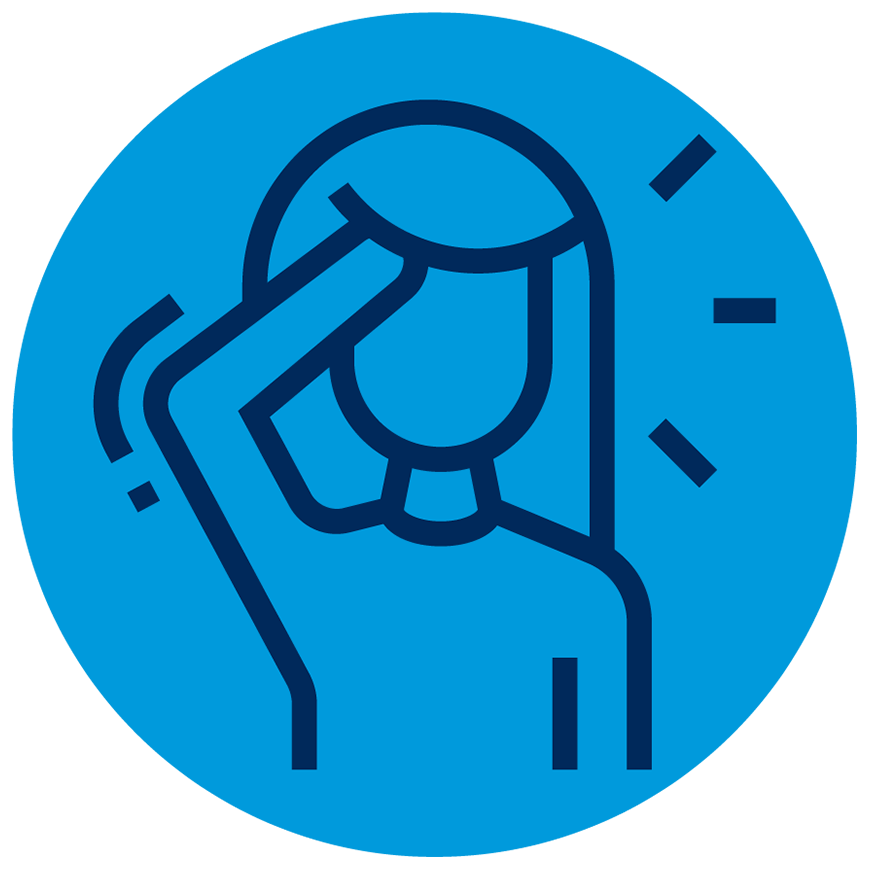
Restarting - Prevention of COVID-19.
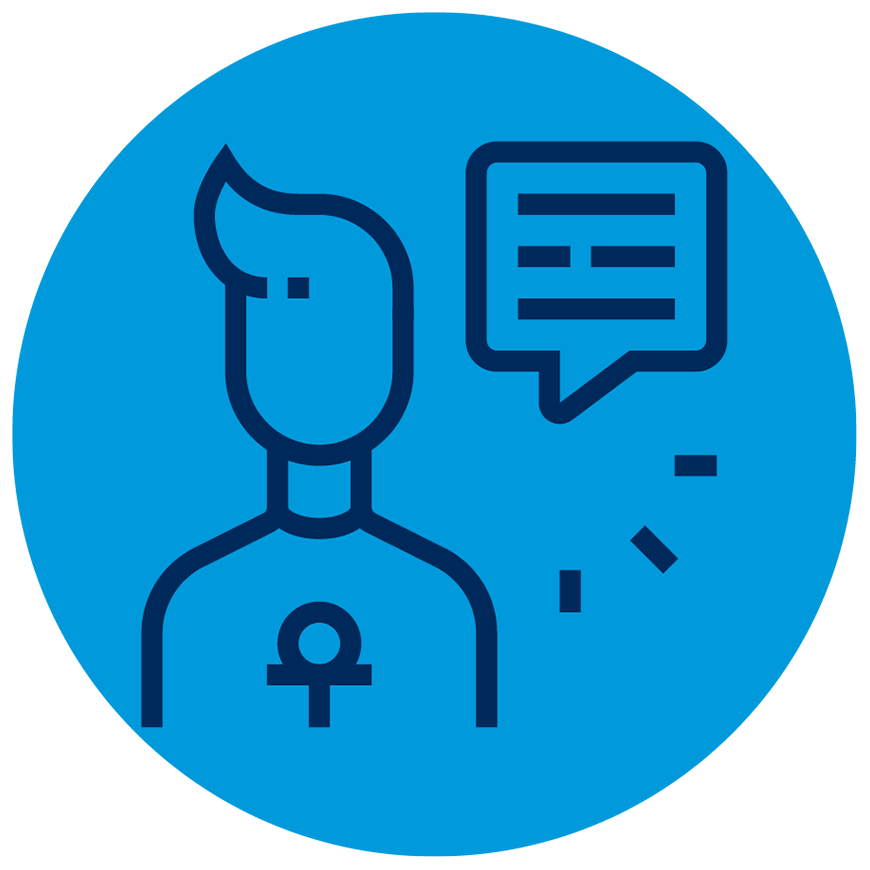
Training and Education Programs on Top Priority Risks.
Each implemented epidemiological management program and surveillance system determines the training activities aimed at controlling these top priority risks in order to prevent work-related accidents or diseases.
When new employees are hired by the Company, they are offered options for affiliation to different Healthcare Promotion Entities (EPS, for the Spanish original), and they are provided information on how to access the current healthcare services in each case. The different EPS entities carry out promotion programs to prevent chronic diseases, and the organization promotes participation in various activities that encourage caring for the employees’ health.
GRI (403-6)
Strategies to Address the Pandemic within Movistar
ANDI received the first batch of these vaccines on June 26 and 27, and began to deliver them to the country’s different Compensation Funds. The Company launched its Corporate Vaccination Plan on July 4 in Bogotá through the Compensation Fund Cafam, and became the first company in the country to begin the vaccination of its employees.
At the end of 2021, over 93% of the Company’s employees had been vaccinated, and communications campaigns continue to promote vaccination to further increase this percentage, also providing support for application of the booster shots. This Corporate Plan also included personnel hired through temporary personnel services and Partner companies, because every effort must be made to vaccinate the highest number of people possible for the sake of everyone’s safety and to contribute to the herd immunity in the country.
It is also important to ensure that the information system on employee vaccination remain updated, to which end a tool was designed to enable employees to input their vaccination status.
The greatest lesson learned during the health emergency has been on having truthful and timely information about the pandemic, its risks and the preventive measures that must be followed both by the company and its employees. For the Company it has been very important to maintain constant communication with employees to prevent disinformation and to keep them aligned with the actions to be taken. In addition to the above, the capacity to quickly adapt to changes and address the new challenges involved in remote work, which led the Company to adopt the hybrid work modality starting in November 2021.
Work-related Injuries and Illnesses and Occupational Diseases
GRI (403-9 y 403-10)
Even though there were no reports of work-related deaths or events classified as serious, 39 lost-time Work-Related Injuries (AT, for the Spanish original) were reported, resulting in a reportable work accident injuries rate of 0.68. Most of these work-related accidents were caused by same-level falls, slips and stumbles, affecting employees whose job is 100% outside the facilities, where no direct control over the work environment is possible. The main injuries related to these events are: twists, sprains, muscle tears, bumps, contusions and slight wounds. In 2021, man hours worked totaled 11,521,287.
At the end of 2021, 20 disease pathologies were diagnosed as work-related, two of which affect the mental sphere, and 18 are musculoskeletal pathologies.
The main work-related disease risks are associated with the musculoskeletal system. To address this risk, a musculoskeletal disorder epidemiological surveillance program has been established, which is coordinated with the support of an ergonomics specialist. It covers specific intervention actions for employees identified as cases within the surveillance system, as well as cross-cutting biomechanical risk prevention activities for the general population.
Agility
In 2021, the Agile operating model was strengthened and the first milestone of design was achieved with 100% of the blueprint for the initially planned transformation. This implementation has enabled accelerating, focusing, prioritizing and removing barriers and improving interactions between the different areas.
This was particularly challenging given the fine-tuning of archetypes to not only address market requirements during the pandemic, but also the organization’s regional ambition taken on by Telefónica Group in Hispam.
At the end of December 2021,130 agile cells were in place, distributed among 13. Trains and 9 Centers of Excellence (CoE), and over 1,200 employees who are part of these agile units have become members of teams that are empowered, focused on the customers, with a proposal for collaborative work and a strategy based on capturing value.
Agility has also been the main lever for becoming more digital at the Company, believing in the digital world and learning these new capabilities for transformation: development, data, cybersecurity, among others.
It enables learning to be more decisive in the proposals. For example, the Digital Evolution initiative managed to impact 10 processes, identifying benefits for 57,200 million, above the target of 30,000 million, and capturing over 22,590 million against a target of 15,000 million.
Work was also carried out on strengthening the roles of Product Owner and Scrum Master through bi-weekly academic sessions on empowerment, which enabled adopting and maturing the new way of working. Capsules called “Agile World” were developed to communicate to the entire organization in 15-minute sessions how the module operates and relevant tips for their easy development and understanding. Through Digital Talent, recognition programs were launched for those who produced new practices in order to learn from them, and “Tip Tops” were presented, which are innovative and practical contents that allow everyone to learn more about digitalization and agility. The above drove the first measurement of the Agile Maturity Index (IMA, for the Spanish original) to 3.25 over 5.
Today the Company is a role model in Colombia as one of the large organizations that has implemented Corporate Agility; Being Agile is a continuous process, and for this reason each day we continue to believe that:
#ItIsTimetobeMoreAgile

8.5 We reconnect by being environmentally responsible
It assures compliance with the environmental requirements that apply to the operation, control of significant environmental risks and aspects, management of the footprint produced by the deployment of telecommunications networks, etc., all in accordance with strict environmental standards with defined objectives and targets that are monitored on an annual basis, aimed at the continuous improvement of the Company’s environmental management.
The Company’s purpose is to responsibly deploy the network under sustainability criteria, seeking to minimize impacts on the environment at the national level, additionally always searching for efficiencies in management and consumption of resources such as energy and fuels, thereby minimizing the carbon footprint and the emissions produced. In line with global trends, Telefónica Movistar Colombia is a leader in the ICT sector in waste management and in promoting a circular economy, both locally and worldwide, and it additionally promotes among its partners and contractors the improvement of their companies’ environmental management to have a positive environmental impact.

The Company’s environmental strategy is designed to promote the environmental sustainability of its operations, raise the awareness of customers, and benefit society, which enables the creation of value for the Company in terms of cost reduction, generation of new revenues and enhancement of reputation. In this regard, it has three interrelated objectives:
- Manage resources: Ensure the efficient use of natural resources, water, paper and energy.
- Waste management: Ensure the adequate disposal of the waste generated by the Company throughout the life cycle, with an emphasis of waste recycling.
- Network deployment: Ensure responsible network deployment through the installation of contention, soundproofing and noise canceling systems to protect the environment.

Environmental Audit Management
During 2021, 39 internal, assurance and third-party audits were carried out, for a total equivalent to 144 sessions, focusing on the identification of timely improvements to the Management Systems and of suppliers, ensuring the planning of activities and strategies aimed at correcting any identified deviations.
Telefónica Movistar Colombia has a training program aimed at determining training needs in connection with environmental matters. During 2021, 157 training events were held, equivalent to 6,551 hours, on topics such as: environmental management, the ISO 14001:2015 standard, reinforcement of operating controls to mitigate environmental impacts, emergency response plans, waste management and classification. An environmental campaign was also developed aimed at reinforcing employees’ waste classification and tips on saving energy, water and paper, not only at the offices, but also at home.
Additionally, the Company’s environmental intranet website enables all employees to access and read environmental information, including the policy, management programs, objective indicators, environmental performance results, recommendations and tips, environmental aspects and impacts, among others.
Energy Management
GRI (302-3, 302-4, 302-5)
We have a global corporate energy and climate change strategy with quantitative objectives that are not only compatible with the expansion of the network and quality of service, but that will also help us to be more competitive.
Responsible energy consumption is the area where the Company has the greatest opportunities to achieve savings and efficiencies, through the implementation of energy efficiency projects, self-generation and use of alternative and clean energy sources. In 2021, thanks to the energy efficiency and fuel reduction initiative, we achieved savings of around COP 3,200 million, through projects including photovoltaic systems, shutting down systems with 2G technologies, implementation of PPA, expansion and upgrading of power rectification equipment, etc.
In 2021, total energy consumption was 304,183 MWh. This includes direct consumption by the Company of two types of energy: electricity (including self-generation) and fuels:
In 2021, electric power consumption totaled 287,000 MWh for the entire operation, of which 286,743 MWh were distributed as follows: 88% technical management, 7% datacenters, 4% sales and 1% in offices. Also, 784 MW/h were self-generated by photovoltaic systems.
Fuel is another important source of energy consumption, and it mainly serves as backup when the electricity supply is interrupted or deficient. In 2021, consumption totaled 1.5 million liters, down 13% from 2020, equivalent to 220,000 liters of diesel. This was achieved thanks to the implementation of more efficient equipment and control on consumption by partners and suppliers to the national grid.
Total consumption of gasoline/diesel fuel (liters)
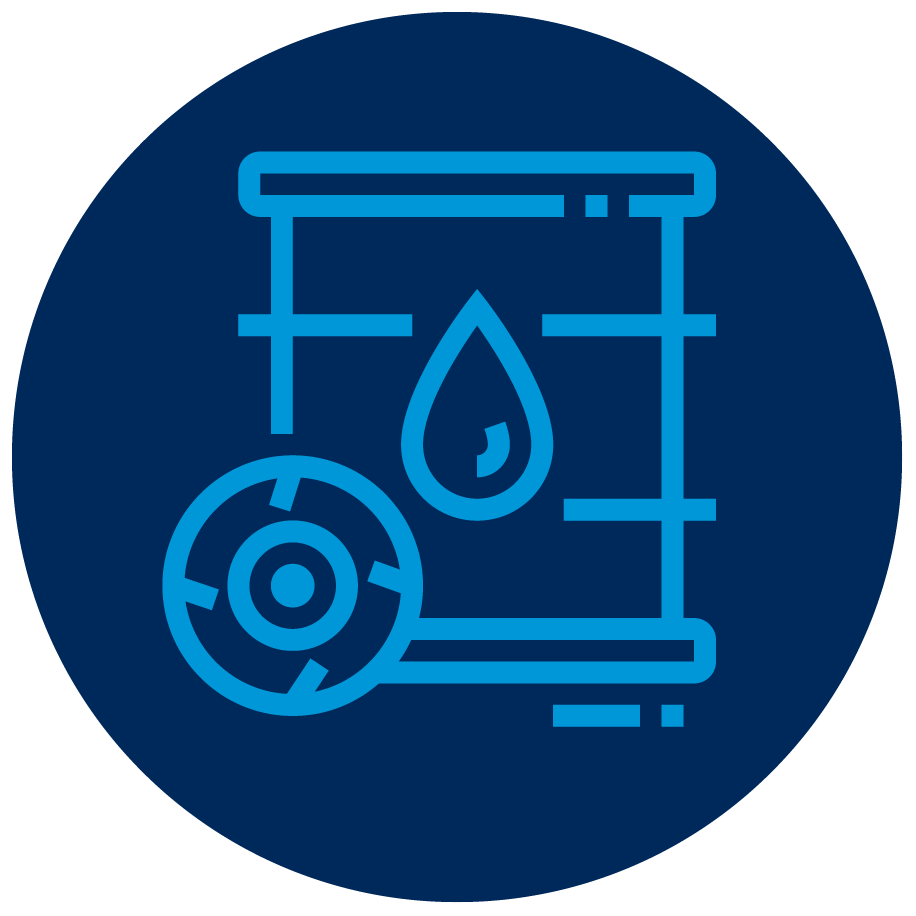
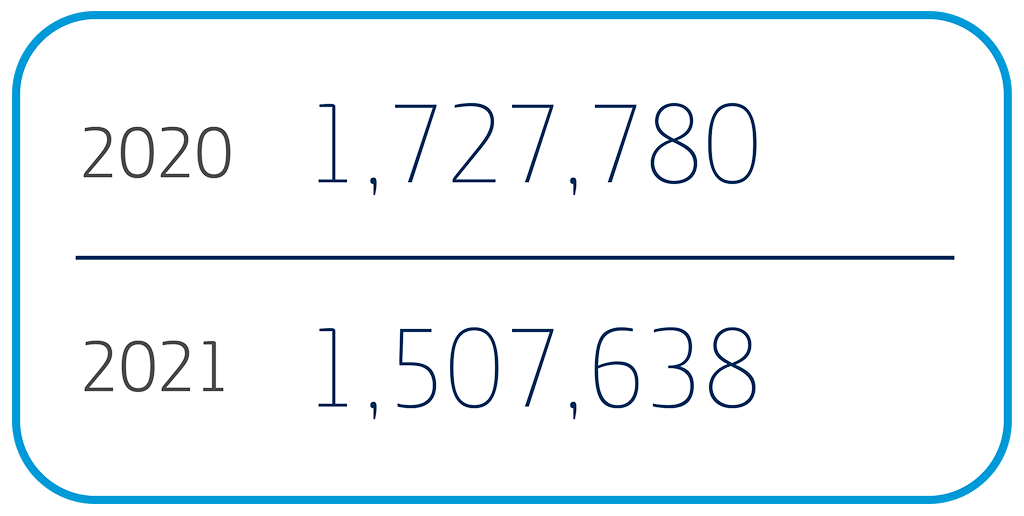
Fuel consumption by vehicles (liters)
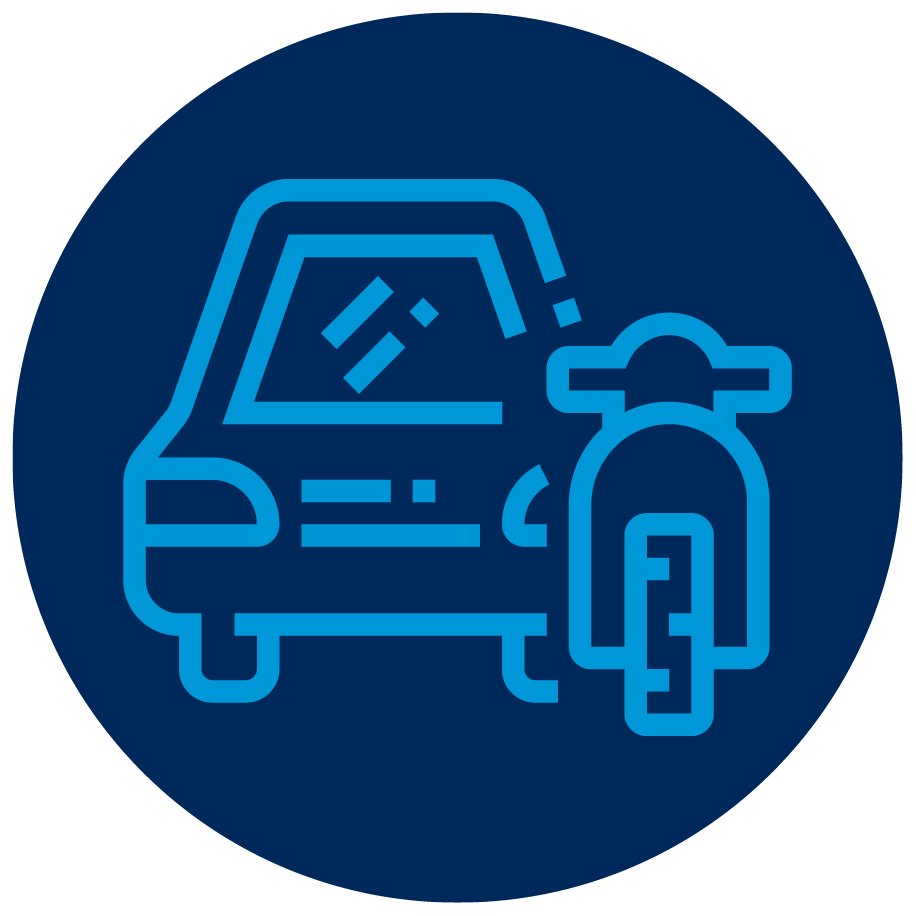

2021 165,258 Total gasoline/diesel fuel consumption (liters)
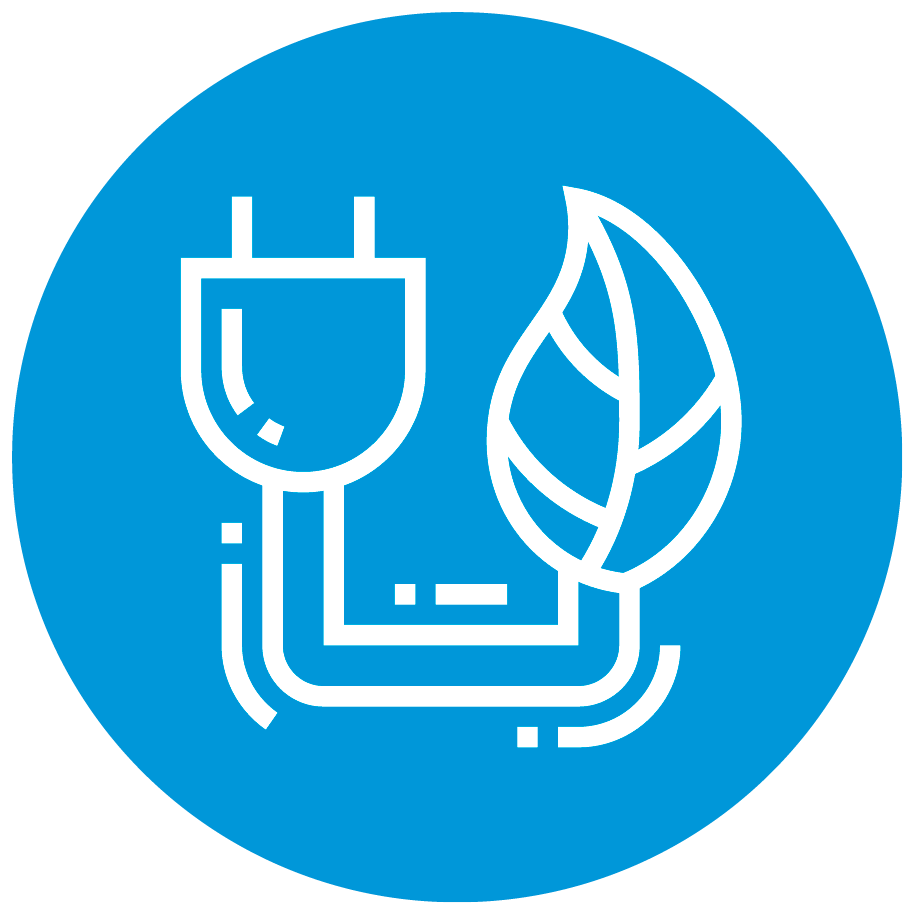

Energy
Intensity
In 2021, energy intensity by unit of traffic was 60.9 MWh/Pb, equivalent to a 21% reduction compared to 76.9 MWh/Pb in 2020, which reflects the organization’s commitment to reducing energy consumption in deploying the network at the national level. This result reflects the progress made in the commitments on energy and climate change which prompt the incorporation of energy efficiency measures, such as the implementation of specific projects to reduce, substitute and consume clean and renewable energy. The indicator of total energy consumption (MWh) per Traffic Unit (Petabyte) is calculated by dividing total annual energy consumption by total traffic (fixed and mobile) measured in Petabytes for the current year.
In 2021, energy intensity per unit of traffic was 60.9 MWh/Pb.
Climate Change
GRI (201-2)
Climate change affects the global business strategy of the Company due to its direct impact and its associated risks and opportunities.
The energy and climate change strategy drives long-term value creation through effective risk management and making the most of opportunities.
A specific methodology has been established to determine the climate change risks on the operations of Telefónica Movistar Colombia that helps assess the impact of each risk taking into consideration two main focus areas: the physical risks and the transition risks, as well as the climate environment, the risks’ impact, the economic range and the probability of occurrence.
The following general impacts
have been found associated with the risks:
Negative impacts derived from climate change that impact the Company, such as the gradual increase in temperature, which produces an increase in energy consumption due to the need for additional refrigeration. This may also lead to an increase in OPEX or CAPEX.
Negative impacts derived
from natural disasters
(hurricanes, flooding, etc.) that can affect systems and infrastructure, thereby impacting service continuity.
The negative impacts related to legal, technological or market or reputation aspects, derived, for example from the transition towards a low-carbon economy; or the adaption to climate change, for example the scarcity of resources.
Following the assessment of risks associated with climate change, their financial implications are determined, which are in the range of COP 7 billion before establishing mitigation or control measures. Based on the risk assessments, various methods have been established, including operating controls to reduce the materialization of risks. An example that has been put in practice in the operation is the search for alternative sources of energy that help control energy costs in times of drought derived from climate change.
Telefónica Movistar Colombia has established specific targets and indicators for the operation that align the efforts made by the Company with the targets on de-carbonization set by the Science Based Targets initiative (SBTi), aimed at limiting global warming to less than 1.5 °C. These indicators are monitored on a quarterly basis and include, among others, an inventory of emissions and the carbon footprint, detailed monitoring of consumption of electric power and fuels, and of the progress made by the current projects. Once the risks associated with climate change are determined, their relevance is assessed, since they do not indicate major impacts according to the risk assessment methodology of Telefónica, and because of actions previously implemented that enable an effective risk control.

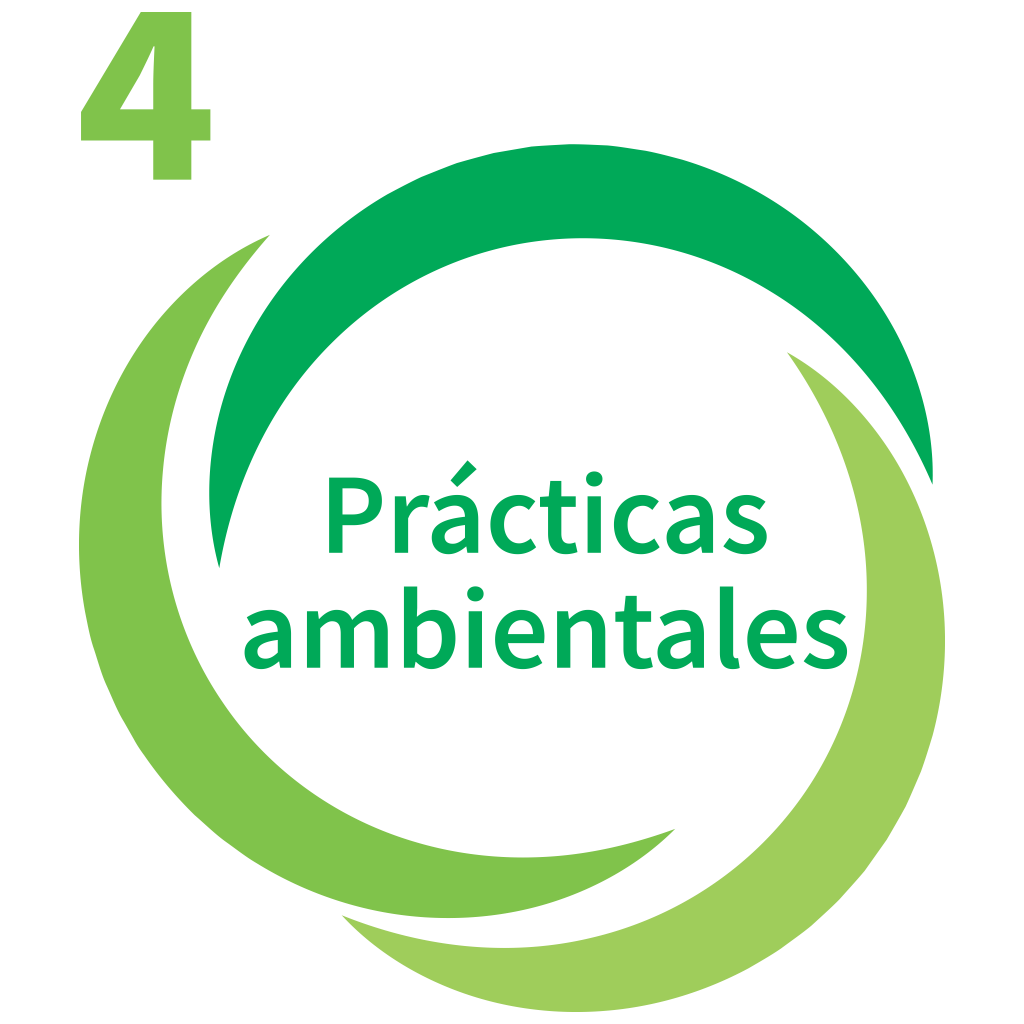
Emissions GRI (305-1, 305-2)
Based on the annual analysis of energy consumption, the carbon footprint of all the Group’s operations is calculated using the methods of the GHG Protocol, the ISO 14064 standard and Recommendation ITU-T L.1420 (methodology for measuring energy consumption and greenhouse gas emissions by information and communications technologies in organizations of the International Telecommunication Union).
For the effects of the calculation, the emissions factors used as reference are those established for Colombia by the Mining-Energy Planning Unit (UPME, for the Spanish original) each year. The gases included in the calculation are CO2, CH4, N2O, HFC. It should be noted that starting in 2021 a change was made to the CO2 factor for electricity emissions in Colombia, which increased from 127.69 grCO2eq/ KWh to 203.9 grCO2eq/ KWh, which produced an increase in the final calculated amount. Additionally, independent verification is performed on energy and emissions data, in order to obtain high-quality information on the energy consumed by the Company and of the greenhouse gas emissions from its activities into the atmosphere. This has enabled the identification of improvements in the processes and transparent management of energy and carbon dioxide. Similarly, achievement of the global energy and climate change goals is assessed through this quantification and verification.

Scope I+II emission in 2021 totaled 35,072 Tons. Through the implementation of an ambitious energy efficiency program at the Company, a 35% reduction in carbon emissions has been achieved since 2015 – the year when the Company began to calculate its carbon footprint and first made its climate action commitments, which implies that it has prevented the emission of close to 19,288 tons of CO2. Similarly, thanks to the model of consuming electric power from renewable sources, in 2021 it reached 67%, preventing the emission of 36,793 tons of CO2

Waste
GRI (306-1, 306-2, 306-3, 306-4, 306-5)
6,897 tons of waste were managed, mainly derived from network operation and management activities, the electricity backup systems and works for the deployment of infrastructure. The main types of waste are Waste from Electrical and Electronic Equipment (WEEE), 299 tons; other non-hazardous wastes, 5,660 tons; reusable waste such as cardboard, paper, plastic, cables and metals, 807 tons; and hazardous wastes (ResPel, for the Spanish original), 31 tons. Only 2% of waste is hazardous, and due to its characteristics it is not recycled in the operation, but it is used as raw materials for other production processes.
In 2021, waste generation increased compared to the previous year, mostly in the category of other non-hazardous waste, 99% of which is waste from construction and demolition. This significant increase is due not only to the dismantling and switch-over of the network technology from copper to fiber, but also to a major intervention of a project named Transfer of Networks in Advance, which was carried out due to a requirement of Empresa Metro de Bogotá , under which all public utility companies must move any main or major networks to clear the corridor for the planned new metro line, in order to minimize delays in the works of this major infrastructure project in Bogotá.
The Company has the support of specialized and duly authorized partners for the adequate management, handling, transport and disposal of hazardous and special waste. No waste treatment is performed at the Company’s facilities, but through authorized operators at their respective plants. Specialized task groups have been established to perform monthly monitoring of waste generation and adequate disposal by the Partners, taking into consideration the type of waste, its adequate disposal, the waste management operators used and the type of treatment, always ensuring that waste management is carried out in accordance with applicable regulations and with adequate operating controls. In this manner, comprehensive control and traceability of the data is performed covering the entire cycle from waste generation to final disposal.
Telefónica Movistar Colombia uses the GReTel tool to control waste data at the national level, which enables inputting the information of each type of waste defined and generated by the organization, and in turn the platform receives the information on waste treatment by the Partners or other Company areas.
Telefónica Movistar Colombia uses
the GReTel tool to control waste data.
A total of 98.9% of the waste was recycled, while 1.1% was disposed of through other types of treatment, such as deposits in hazardous waste landfill cells. The following is a breakdown of the types of treatment performed on the generated waste:
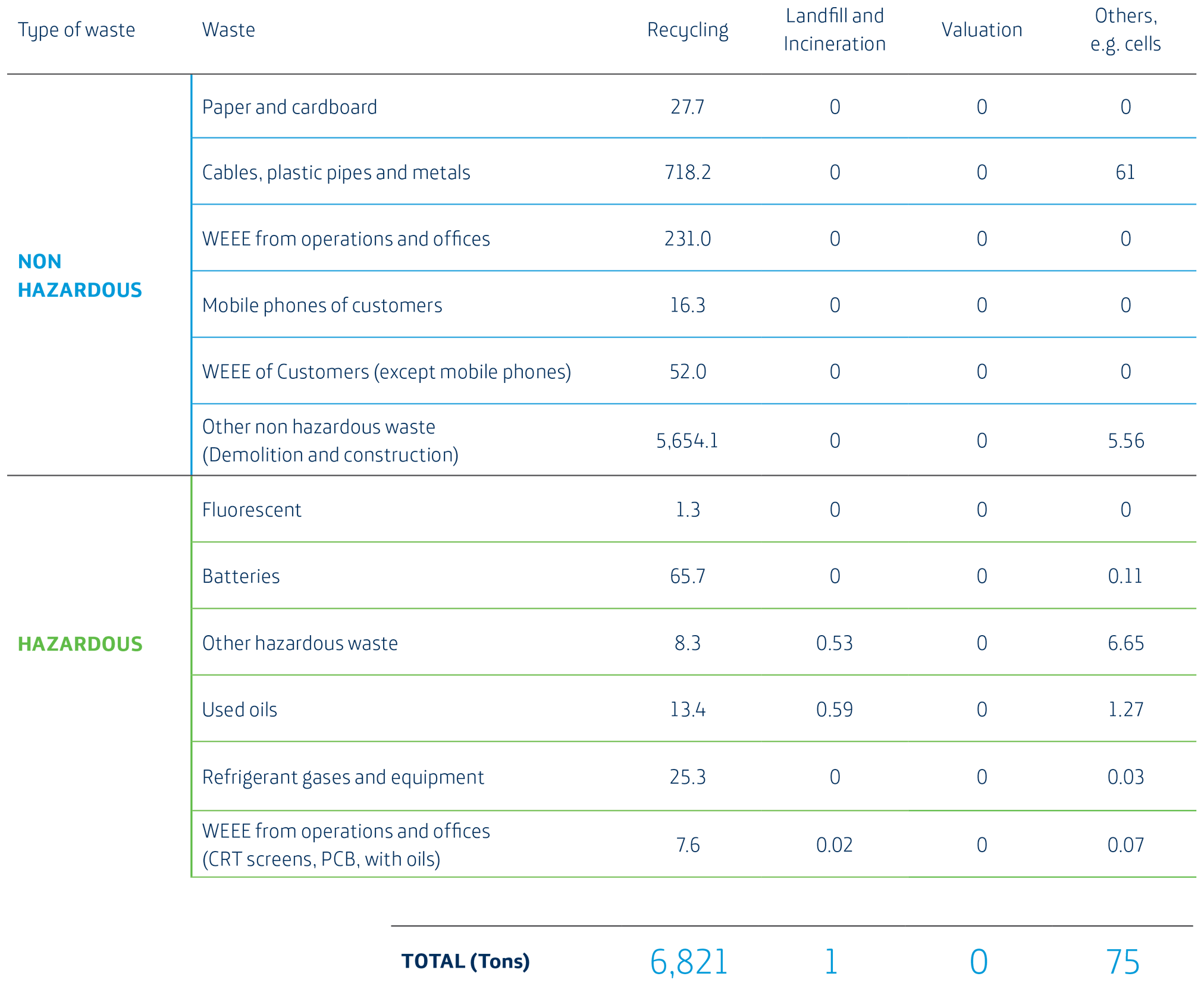
Although waste management depends on the authorizations granted in the waste management providers’ environmental licenses, the Company has a priority waste management chain, where the first treatment must be focused on reuse, recycling or use. In cases which this measure cannot be implemented due to access conditions to the area or the characteristics of the waste, the Company may opt to use the method of disposal in a landfill cell and/or landfills and incineration. Thanks to this, the Company has identified and assessed the companies (waste management providers) that meet all the legal environmental requirements and whose permitted activities include the use or recycling of waste as a priority.
Noise Measurement Values at Operating Sites
In order to ensure the reduction and control of noise, as well as to assure compliance on this matter, three noise measurements were carried out.
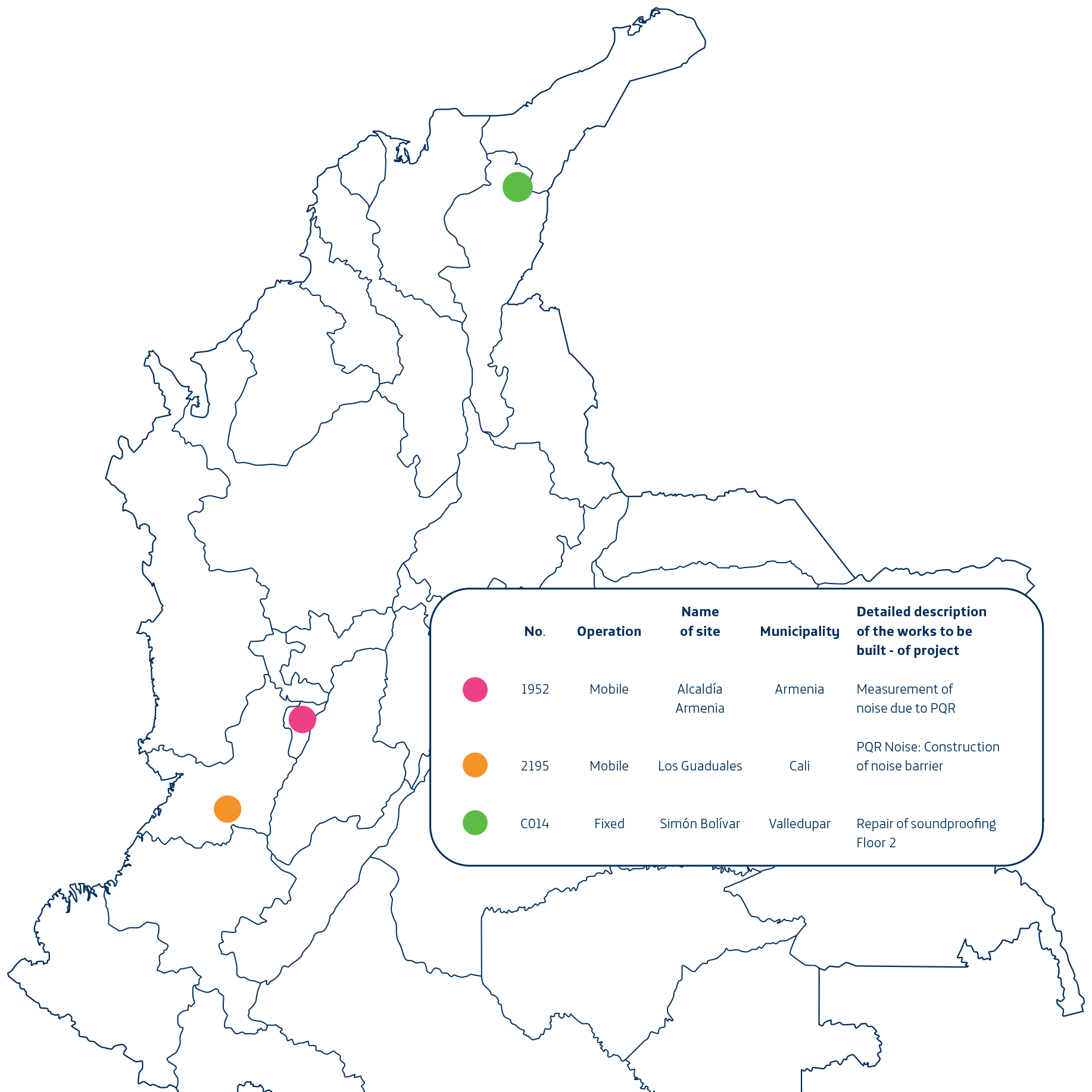
Precautionary Principle or Approach
GRI (102-11)
The Company complies with the precautionary principle set forth in the national regulations according to the limits of people’s exposure to electromagnetic fields associated with installed telecommunications infrastructure (Decree 195/2005 and ANE Resolution 754/2016). Likewise, it is in compliance with the national provisions related to environmental issues (Law 99/1993) when the deployment is carried out in environmentally protected areas.


8.6 We reconnect by acting with integrity and leading by example
GRI (102-16)
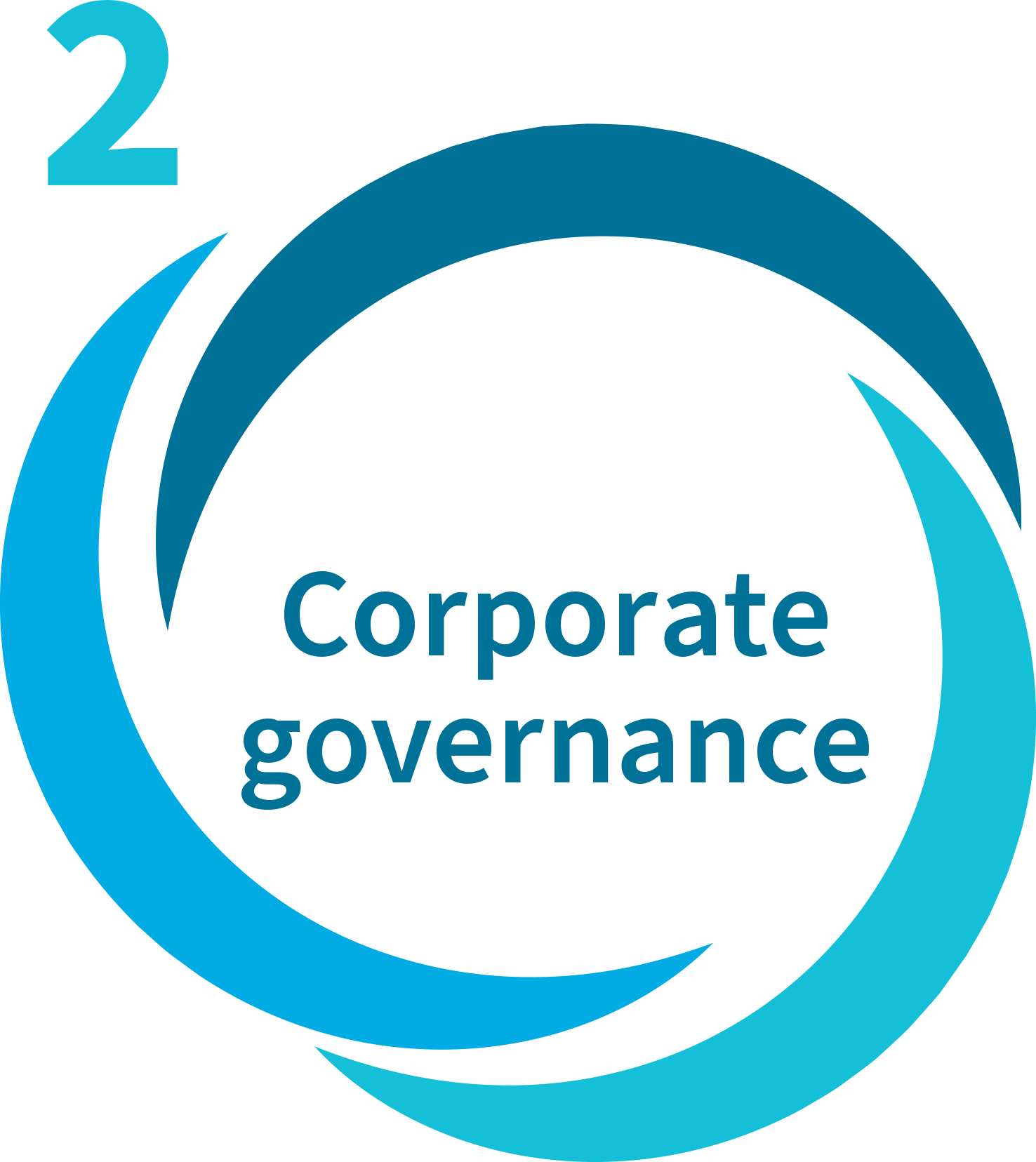
The actions of Grupo Telefónica and of all its members are guided by the Responsible Business Principles and by the Anti-Corruption Policy.
They establish the foundations for the promotion of a culture of ethics and integrity that enables building trust among the various stakeholders, thereby promoting a solid governance model based on the values of integrity, commitment and transparency.
Both documents define guidelines for conduct that serve as a road map for the Company’s management, directors and employees, and which in turn set the foundations for all other rules related to compliance, including those that apply to relations with public and private entities.
The compliance rules of Grupo Telefónica, in addition to serving as guiding criteria for conduct, are established through a risk-based approach, to assure the effective management of the risks related to corruption to which the organization is exposed, including the risks of bribery, money laundering, terrorism financing and other corrupt practices.
The rules of conduct of Grupo Telefónica promote the integral behavior of its employees, based on the understanding that there are non-negotiable ethical standards, and that in every action the Company must always fulfill its promises and act in a transparent and honest manner in its relations with each stakeholder group.
Mechanisms for Advice and Concerns about Ethics
GRI (102-17)
For Telefónica Movistar Colombia, ethical behavior is the foundation for building relationships based on trust with its stakeholders, and such trust can only be built through open and ongoing communications with each stakeholder.
The organization has established mechanisms that enable any person within or outside the organization to communicate in a safe manner any inquiry or concern related to the rules on ethics and integrity of Grupo Telefónica.
Colombia Telecomunicaciones S.A. ESP BIC currently has a permanently available e-mail address ofc.cumplimiento.co@telefonica.com. This channel is ruled by the principles of confidentiality, availability and accessibility, and can be used by anyone within or outside the organization, including senior management, to request information or advice from the Compliance Office regarding ethical dilemmas or the contents or application of rules related to ethics and integrity.
The organization also has a reporting mechanism managed by the Internal Audit area that enables filing anonymous or personal reports on any alleged anti-ethical or corrupt act made in the name or on behalf of the Company, that represents a breach of any of the rules, including those related to ethics or integrity.
The conducts that can be reported through the reporting channel include, among others, those related to bribery, favorable treatment, conflicts of interest, money laundering, terrorism financing or crimes against the public administration.
During 2021, the information related to the inquiries channel and the reporting channel of Grupo Telefónica was updated on the website www.telefonica.co and on the Company’s new intranet, in order to disseminate them among employees and anyone outside the organization.
Reporting Channel
The Company has an internal inquiry and reporting channel, which is also available to external stakeholders, as well as a telephone line to receive them.
All employees have the reporting channel available, which enables reporting any irregularity or illegal act or breaches of internal rules. It also includes possible irregularities regarding accounting and auditing matters or aspects related to internal controls and financial reporting, in compliance with Section 301 of the Sarbanes-Oxley Act of the United States and other requirements. The reporting channel is ruled by the principles of confidentiality, respect and substantiation and has been designed to enable the reporting party to file the report anonymously, if he/she so desires. The mechanisms available to employees to access the reporting channel are:
Intranet
E-mail: canal.denuncias.co@telefonica.com
Cellphone number: : 3184989314
Toll-free line from anywhere in Colombia: 018009345712
In line with our zero-tolerance policy for corruption, bribery and discrimination, the Company has specific controls for the detection and correction of possible cases. This is materialized in the adoption of disciplinary measures and/or contract terminations.
Additionally, the Company has made available to third parties access to the reporting channel through the following links:
- https://www.telefonica.com/es/web/negocio-responsable/nuestros-compromisos/codigo-etico
- https://www.telefonica.com/es/web/negocio-responsable/contactenos
A communications plan within the Company has been carried out through #MovistarEsIntegridad, and through the Conoce Movistar (Discover Movistar) campaign the reporting channel has been communicated to 96% of employees, including the policy and the mechanisms available to report on the existence of a possible irregularity.
- Substantiated: 19-61%
- Non-substantiated: 12–39%
- Dismissed 1–2% Because it was from a different country, it was redirected
- Review in progress: 9–22%
As a result of the investigations, 19 reports were found to be substantiated. Of the closed investigations, a total of 13 cases were related to internal fraud, one case of subscriber fraud, two cases of smishing, one case of phishing, one for failing to fulfill commitments to a customer and one case of conflicts of interest.
It is important to highlight that for the substantiated reports, the Company took the respective disciplinary and corrective measures in each process. The measures adopted in response to the substantiated reports included two terminations of employment contracts and three reminders of obligations.
Responsible Business Channel
The Company has a Responsible Business Channel that enables stakeholders to file complaints or inquiries in a confidential and anonymous manner (in several languages) on any aspect related to the Responsible Business Principles.
Integrity Culture
GRI (205-2)
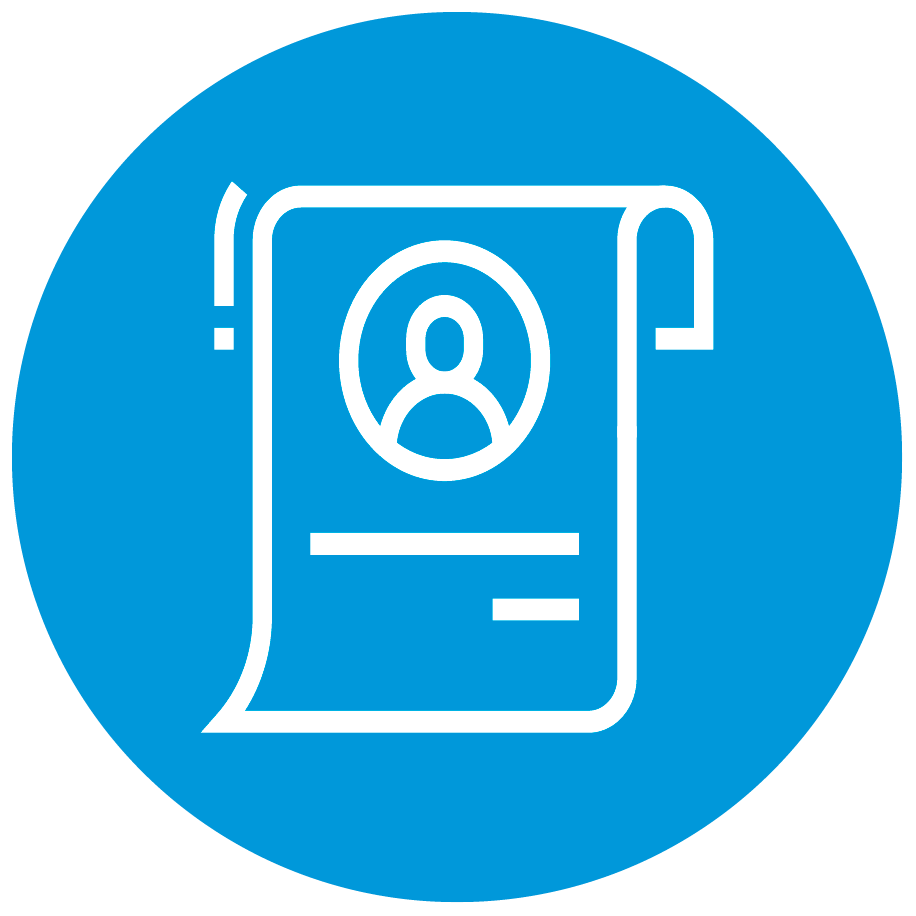
The first type of activities includes mass communications through Boletín Día a Día (Day-to-day Newsletter), Workplace and the inquiries mailbox of the Compliance Office, to which 100% of employees have access. During 2021, through these channels a total of 126 publications were posted, which represents a 152% increase compared to communications published in 2020.
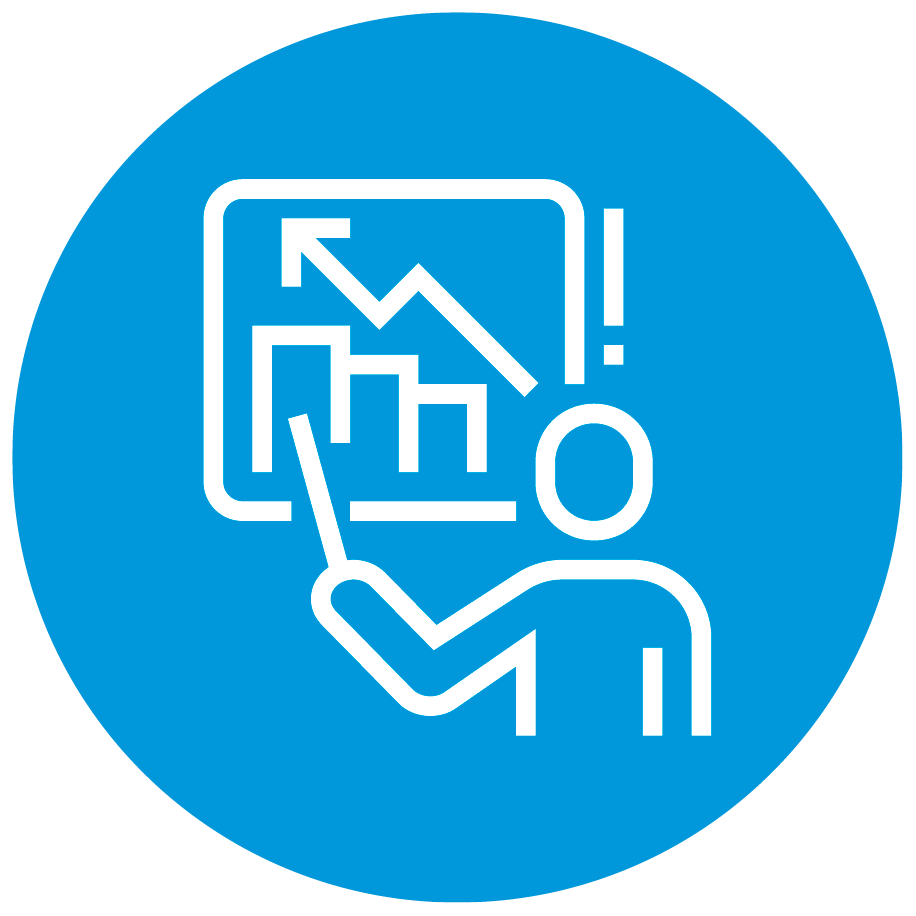
The second type of activities includes synchronous or asynchronous training courses and/or sessions aimed at the organization’s employees. In this area, some of the main events were the launch in June of the course on the No Excuses Handbook and the design and deployment of a training course aimed at members of the B2B area who participate in public bidding processes.
Also during 2021, the courses on regulatory compliance that have been delivered in recent years continued to be taught on the following topics:
- Foreign Corrupt Practices Act (FCPA),
- Responsible Business Principles,
- Antitrust Law,
- Data Protection,
- Information Security, and
- Business Continuity.
The courses with the highest level or participation by employees are those related to FCPA (86.36%) and Responsible Business Principles (91.63%).
In 2021, training for all employees was provided on awareness building and training on the risks of money laundering, terrorism financing and bribery.
Some of the activities carried out in this area include the event on SAGRILAFT y Corrupción en tiempos de pandemia (SAGRILAFT and corruption during the pandemic) carried out in the framework of the commemoration of the National Day to Prevent Money Laundering and ¿Qué es la corrupción? (What is Corruption?) during the Compliance Day, delivered to 100% of the positions exposed to these risks.
The courses with the highest level of participation by employees were
FCPA (86,36%) Responsible Business
Principles (91,63%)
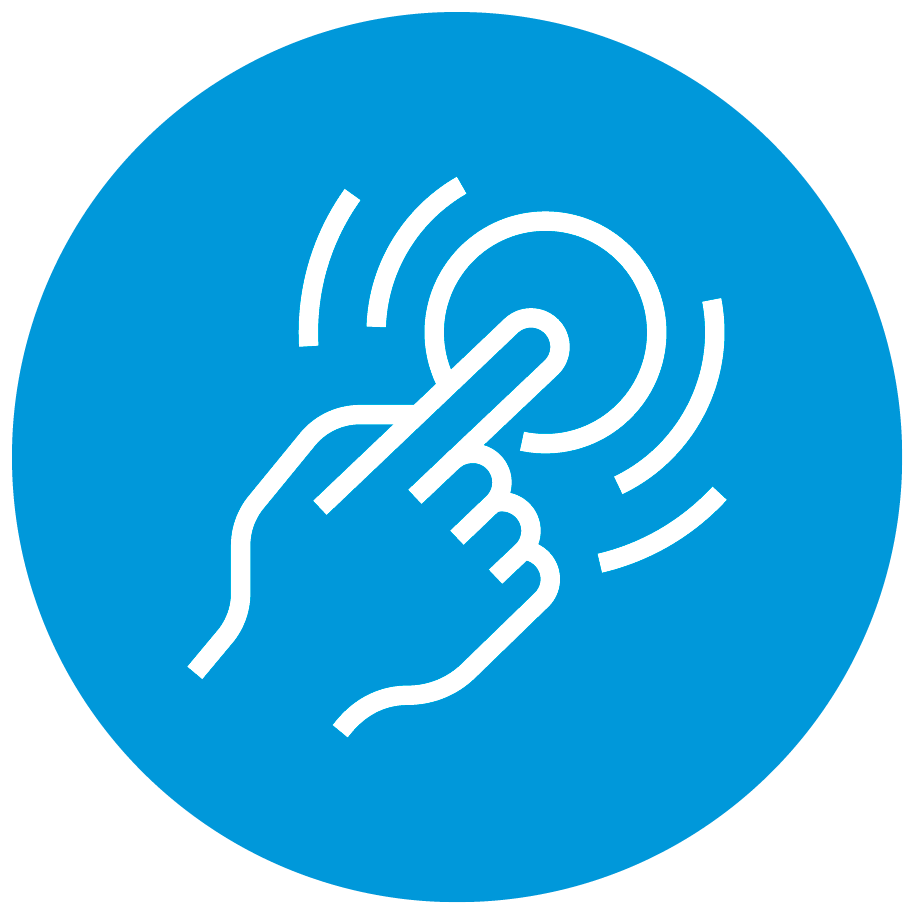
Lastly, the third type of activities are those in which the Compliance Office issues communications on anti-corruption policies and procedures to certain employees in response to specific inquiries related to conflicts of interest and gifts and gratuities.
During 2021, the Compliance Office performed independent assessments of 188 conflicts of interest reported by the Company’s employees and updated the clauses on anti-corruption and prevention of ML/TF/PWMD included in the employment contracts.
The Company is committed to the promotion and implementation of good practices at the other organizations of Grupo Telefónica that operate in Colombia, and in 2021 it led, assisted and designed a compliance program focused on managing the ML/TF/PWMD risks of Fundación Telefónica Movistar. It also assisted Optecom Colombia S.A.S. in the design and implementation of a compliance program.
Additionally, the Company participated in the Integrity Week in Latin America led by the Alliance for Integrity, which was hosted by Colombia in 2021. The participation by the organization in this event represented a valuable opportunity to position the value of the brand before different stakeholder groups, by highlighting the achievements made in mainstreaming corporate integrity from the perspective of gender and sustainable development.
Anti-bribery Management System - ISO 37001:2016
The organization has decided to implement the standard ISO 37001:2016 (Anti-bribery Management System) in order to establish an Anti-bribery Management System (ABMS) that enables the prevention, detection and effective response to the risk of bribery and other corrupt practices.
During 2021, the Compliance Office updated the organization’s Integrity Risk Matrix, based on interviews with the leaders and employees of the areas of the organization that lead or participate in processes within the scope of the ABMS.
As a result of the update, different risk events were identified associated with the areas involved in processes within the scope of the ABMS.
Operations Assessed for Risks Related to Corruption
GRI (205-1 and 205-3)
The Compliance Office intervenes directly in the identification and assessment of the risks of corruption and of ML/TF/PWMD associated with the operations performed by the organization.
The table below displays the total number of operations assessed for risks related to corruption by the Compliance Office, by type of operation:
During 2021, a total of 35 reports were received through the reporting channels. However, no acts of corruption were confirmed that would be grounds for application of consequences and/or penalties for employees or business partners. No legal and/or administrative proceedings were initiated against Telefónica Movistar Colombia in connection of acts of corruption in its name or on its behalf.
Assessment for
Continuous Improvement
Because the Company has joined the Anti-Corruption Commitment (ACC), it participated in the Measurement of Enterprise Management of Corruption Risks carried out by Transparencia por Colombia during the second quarter In this initiative, the Company was rated at an optimal performance level that indicates consistency between its Compliance Management System and nationally and internationally recognized good practices related to compliance.
Human Rights
In Colombia, business and human rights matters have been put into practice following the United Nations’ Guiding Principles on Business and Human Rights, which establishes specific actions for governments and companies to fulfill their responsibilities.
Telefónica Movistar Colombia joined the commemoration of the 10th anniversary of the Guiding Principles on Business and Human Rights by ratifying its commitment to respect for human rights and promoting activities to make progress on this matter.
The telecommunications and connectivity technologies industry plays an important role in the promotion of human rights by contributing to the progress of countries and improving the quality of life of people, but at the same time they pose challenges in aspects such as privacy, freedom of expression, equality and employment. For this reason, in an increasingly digital world, the challenge for the Company is to ensure that human rights are also guaranteed in the digital environment.
Telefónica Movistar Colombia seeks to promote and preserve the well-being of the social environments in which it is present. To this end, in 2009 it launched a human rights management process and it continuously promotes activities to apply human rights due diligence in its processes, in order to identify, prevent and manage possible risks related to human rights violations.
In January 2021, with Fabián Hernández as spokesperson, a presentation was made to the Ombudsman’s Office (Defensoría del Pueblo) on how the topics of business and human rights have been addressed in the country, highlighting the key actions taken by the government and how the Company has managed this matter.
It continues to participate in the Business and Development Committee promoted by the Embassy of Spain in Colombia, which is a meeting place for dialog on matters related to sustainable development and human rights with Spanish companies that operate in Colombia, and which makes agreements on action lines to be worked on for the identification of corporate social responsibility actions by companies and to carry out activities to support companies in compliance with human rights due diligence.
With the Superintendence of Industry and Commerce a Self-diagnosis on Human Rights and Business in the Telecommunications Sector was carried out using the HRCA tool of the Danish Institute for Human Rights, which in the framework of the National Development Plan Pacto por Colombia, Pacto por la Equidad (Pact for Colombia, Pact for Equality), on the commitments acquired in the National Action Plan of Business and Human Rights 2020-2022, currently implemented by the General Secretary and the Office of the Director of Communication Services User Protection Research Department, as an exercise of human rights due diligence in order to identify the mechanisms to ensure due process for Rights to Petition claims filed by customers or citizens, in the framework of operations, and the actions or strategies for processing or correcting any real or potential consequences from their operations.
Telefónica Movistar Colombia continues to participate and is an active member of the multi-party initiative Guías Colombia en Derechos Humanos (Colombian Guidelines on Human Rights) and International Humanitarian Law. In the framework of this initiative, during 2021 the following activities were carried out:
Collective construction and launch of the Guía Colombia de Relacionamiento con Comunidades (Colombian Guidelines for Community Engagement), which offers examples of how companies have put into practice due diligence in such engagement, in abidance of the differentiated approach that should characterize this process. A differentiating factor of this guide is that it includes an annex on community relations in the digital environment, which explains how to understand these communities and includes recommendations that companies should take into consideration when interacting with communities in this manner, which is currently a key consideration for assistance to citizens, given the accelerated digitalization of society over the last year.
One of the application activities in 2021 was the Meetups to Chat (ECO, for the Spanish original) meetings, which were events that were promoted digitally in different territories of Colombia to learn about new trends and opportunities for corporate engagement with communities based on human rights, and to discuss issues mainly related to significant participation and relations, action without harm, prevention/mitigation of business impacts on human rights and principles of local transformation and reparations. A total of 18 organizations and community leaders of a diverse nature participated, and Telefónica Movistar Colombia had the opportunity to present its human rights management approach.
Also, aware of the need and opportunity to take the lead in the advancement of the business and human rights agenda in Colombia, the initiative agreed to focus its new Guía Colombia (Colombia Guide) (No. 8) on the topic of climate change and fair transitions.
Telefónica Movistar Colombia implemented the Self-diagnostic Tool on the Institutional Strengthening handbook with assistance from one of the most prominent members of civil society in the initiative, RedProdepaz. The objective was to learn of the progress made on this matter and to identify opportunities for improvement to align internal areas and programs to enable the institutional strengthening of the Company in the territories. The Company’s overall progress on implementation of the handbook was rated at 87%. It especially highlighted the progress made in the implementation of cross-cutting guidelines on due diligence and the component of “rules of the game and a law-abiding culture.”
The Global Compact, OECD, Responsible Business Conduct in Latin America and the Caribbean (RBCLAC) and the European Union prepared a special publication to highlight the Good Human Rights Practices of some companies and international organizations that have promoted the Guiding Principles in different countries in Latin America, as part of the commemoration of the 10 years of adoption of the UNGP. Telefónica Movistar Colombia was one of the companies included in this select group, and the compilation included an article on Human Rights Due Diligence Management in Digital Environments (page 42), which is available here:
Training on Human Rights
GRI (412-2)
The current arrangement of Security for the protection of the people, properties and infrastructure of Telefónica Movistar Colombia is assigned to the partner companies SEGURIDAD ATLAS LTDA. and PROSEGUR CÍA. DE SEGURIDAD S.A.
The following are the details on human rights training for the personnel of each company assigned to Telefónica Movistar Colombia:
Prosegur Cía. De Seguridad S.A.: The company’s training plan includes an online course on human rights through Universidad Prosegur whose purpose is to understand which behaviors can affect human rights and the obligations of the government, the companies and individuals in each specific case. At the end of December 2021, coverage of the personnel assigned to security at Telefónica Movistar Colombia was at 72%.
Seguridad Atlas Ltda: At the end of December 2021, coverage of the personnel assigned to security at Telefónica Movistar Colombia was at 99%. The training process at the company is carried out under two modalities:
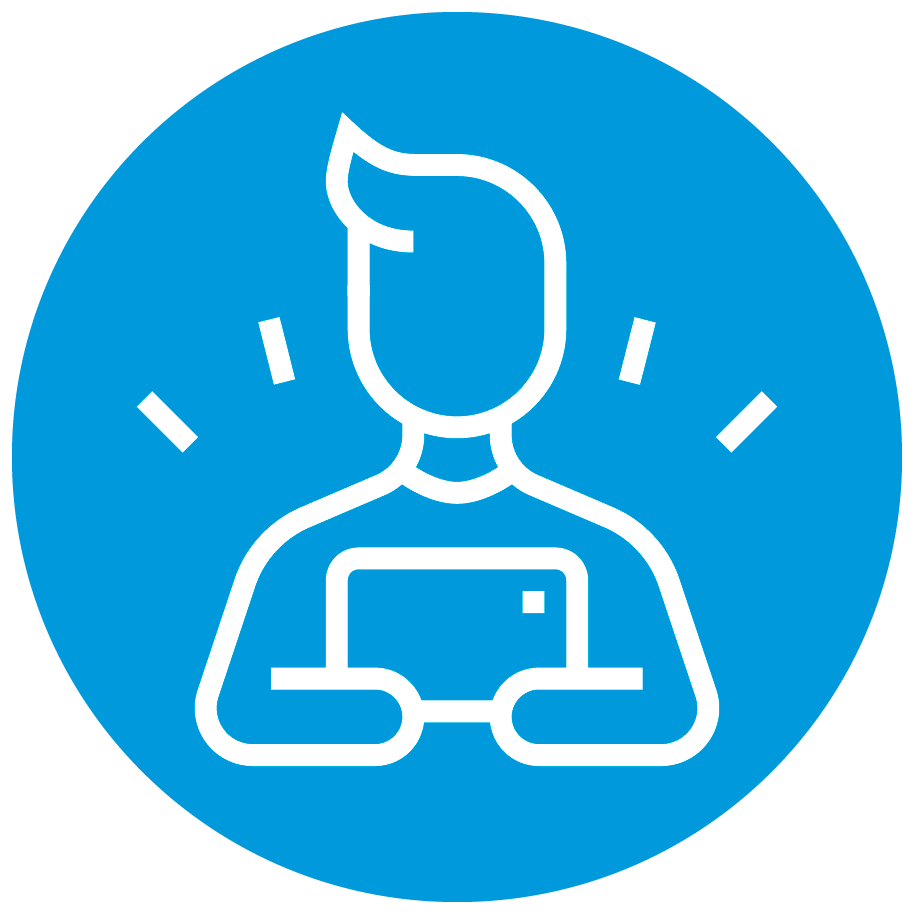
Virtual Modality:
Through Campus Virtual UniAtlas training is provided during the process of Orientation: Code of Ethics, No Bribery Policy and Human Rights; Comprehensive Development Program (reinforcement training): Human Rights, Diversity and Inclusion, and Virtual. Training: Course on Human Rights and Degree Program on use of force with emphasis on international humanitarian law.
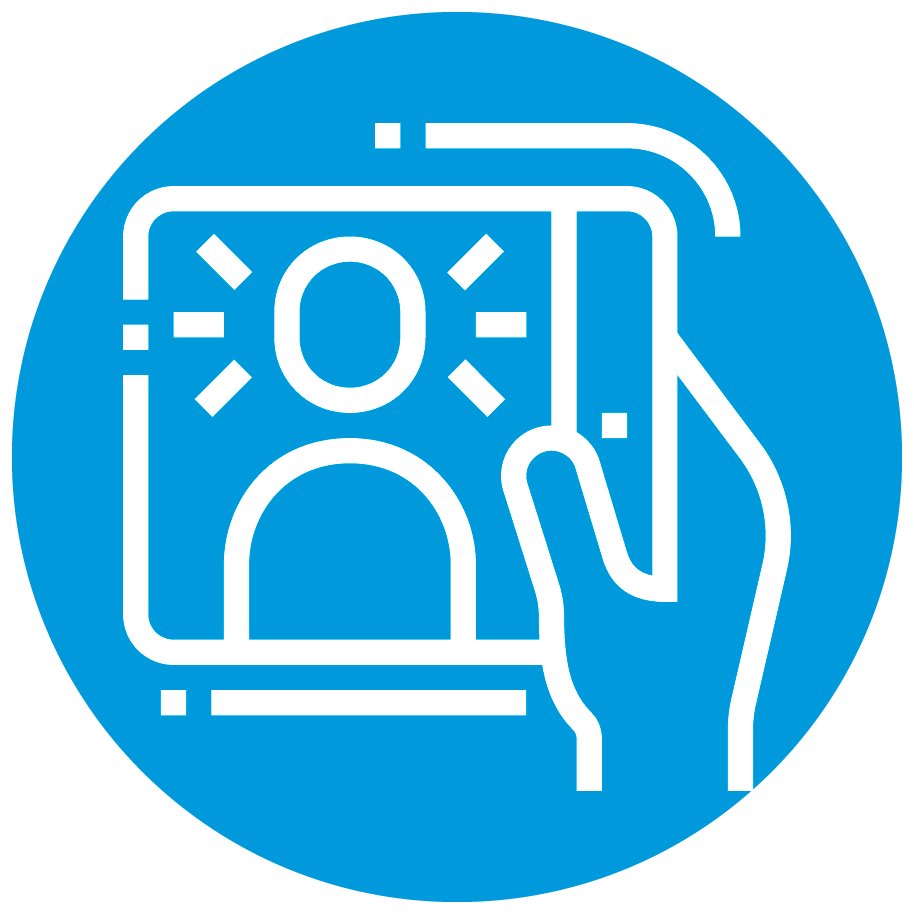
Distance Learning Modality:
Reinforcement Training Handbook to provide services to Telefónica Movistar Colombia, which covers the topics of Code of Ethics, No Bribery Policy, Human Rights, Ethics Line, SIPLAFT (for the Spanish original).
Based on the distribution of personnel from the Partner companies, the total percentage of training on human rights of the Security personnel assigned to the protection of the people, property and infrastructure of Telefónica Movistar Colombia is at 84%. On the other hand, 91.63% of direct employees have received training on human rights policies or procedures.



8.7 Movistar, Colombian sustainable development partner
Given that it is an enterprise with a purpose, the Company focuses on the protection of people and the planet, with technology as the element in common.
It therefore works on digitalization of all society, without leaving anyone behind, thereby aligning naturally with the United Nations’ 2030 Agenda, which highlights the key role of technology, innovation and communications to address humanities’ big challenges.
Movistar, as a key player in the ICT sector, has carried out a study to identify the goals and targets on which it can contribute the most. As a result of the study, it has defined that the Strategic Development Goal (SDG) 9 –Industry, Innovation and Infrastructure is the main goal towards which it can create value, given its origin as a telecommunications operator.
SDG Prioritization
Our strategy as a responsible business and the projects aimed at promoting sustainability enable us to have effects on the 17 SDGs, however, its most relevant impact is on SDG 9.
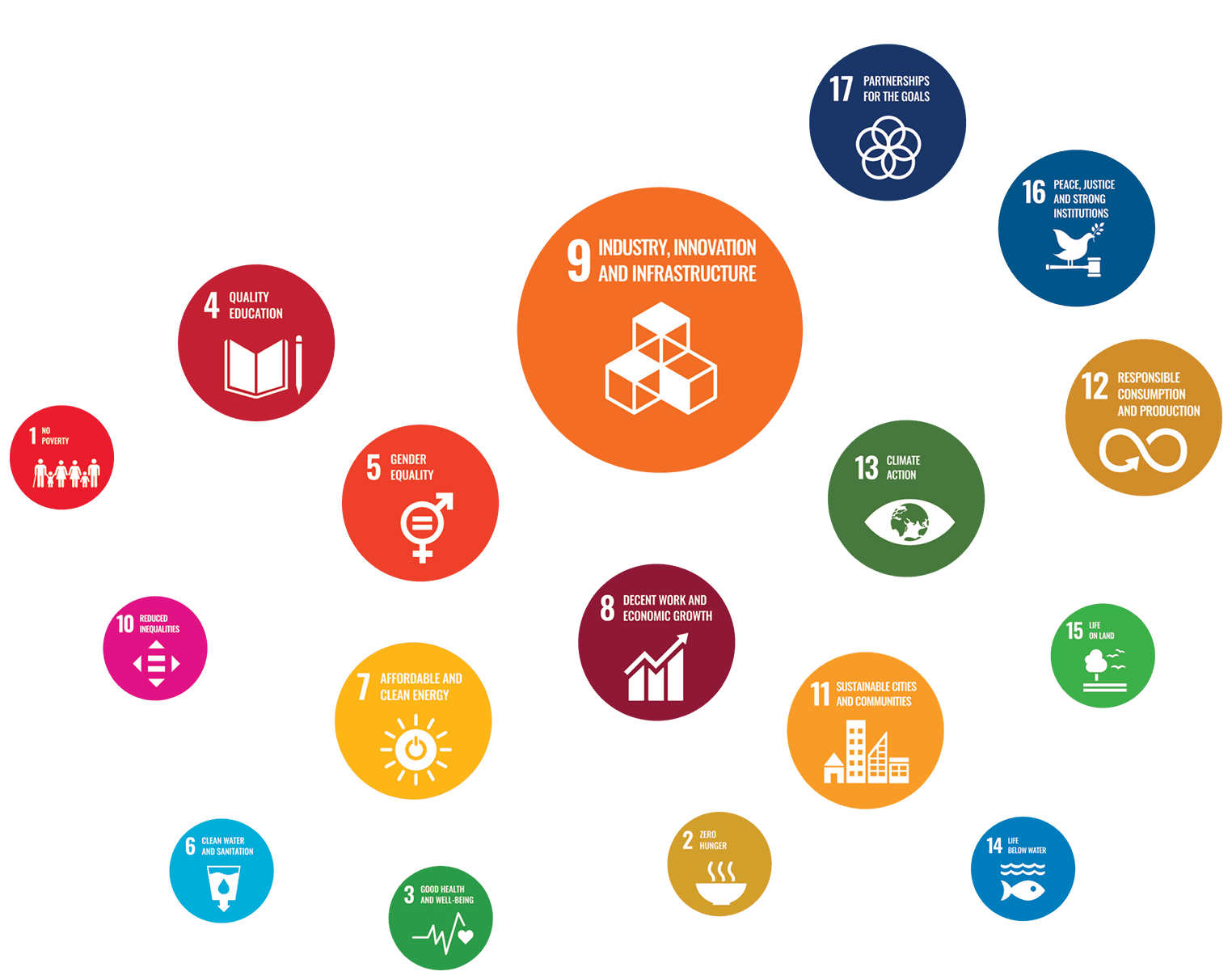
In addition to SDG 9, it was found that the Company has a direct impact on the other goals. In particular, the SDGs related to economic growth and equal opportunities (SDG 5, SDG 8 and SDG 10), environmental protection (SDG 7, SDG 12 and SDG 13), quality education (SDG 4), development of sustainable societies (SDG 11), ethical and integral behavior (SDG 16) and our capacity to create partnerships (SDG 17).


